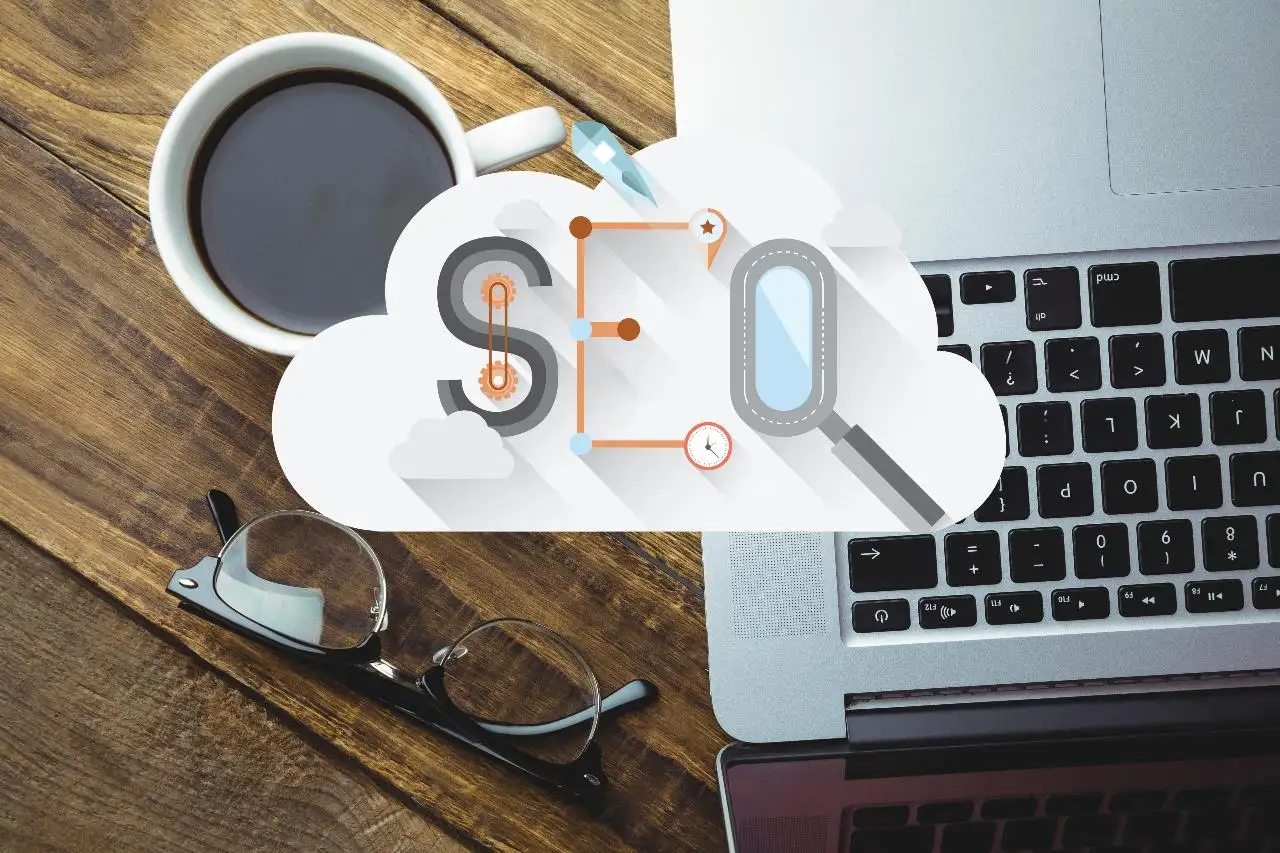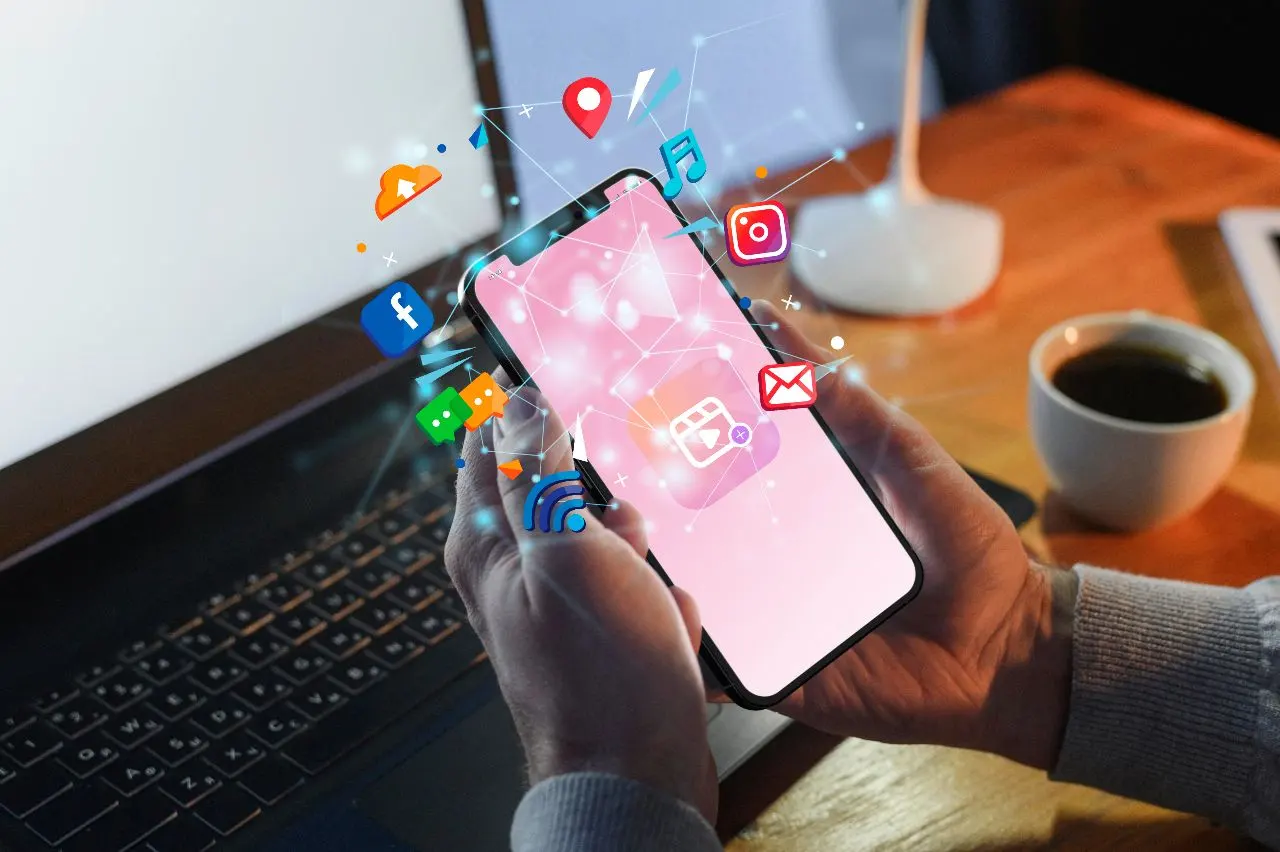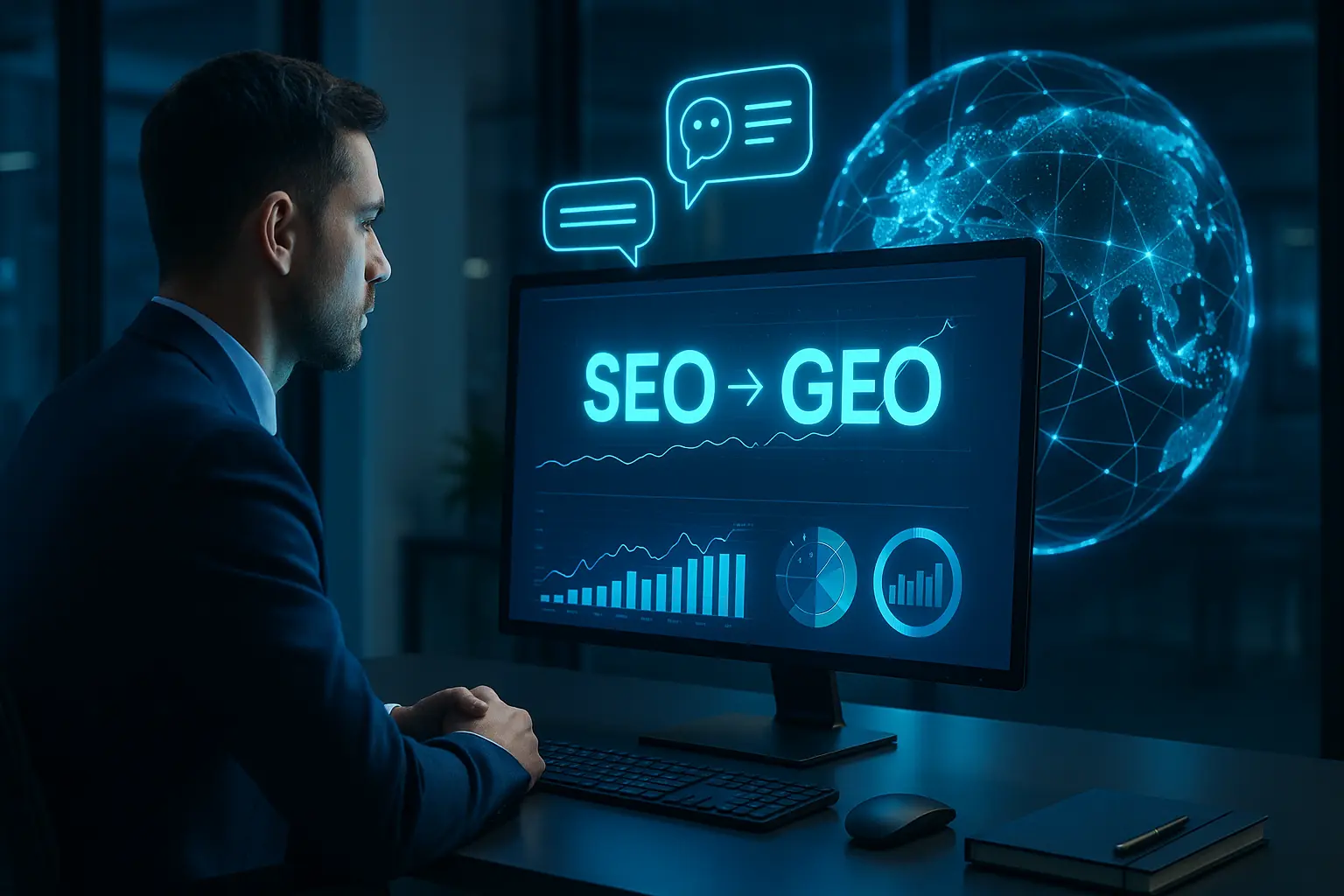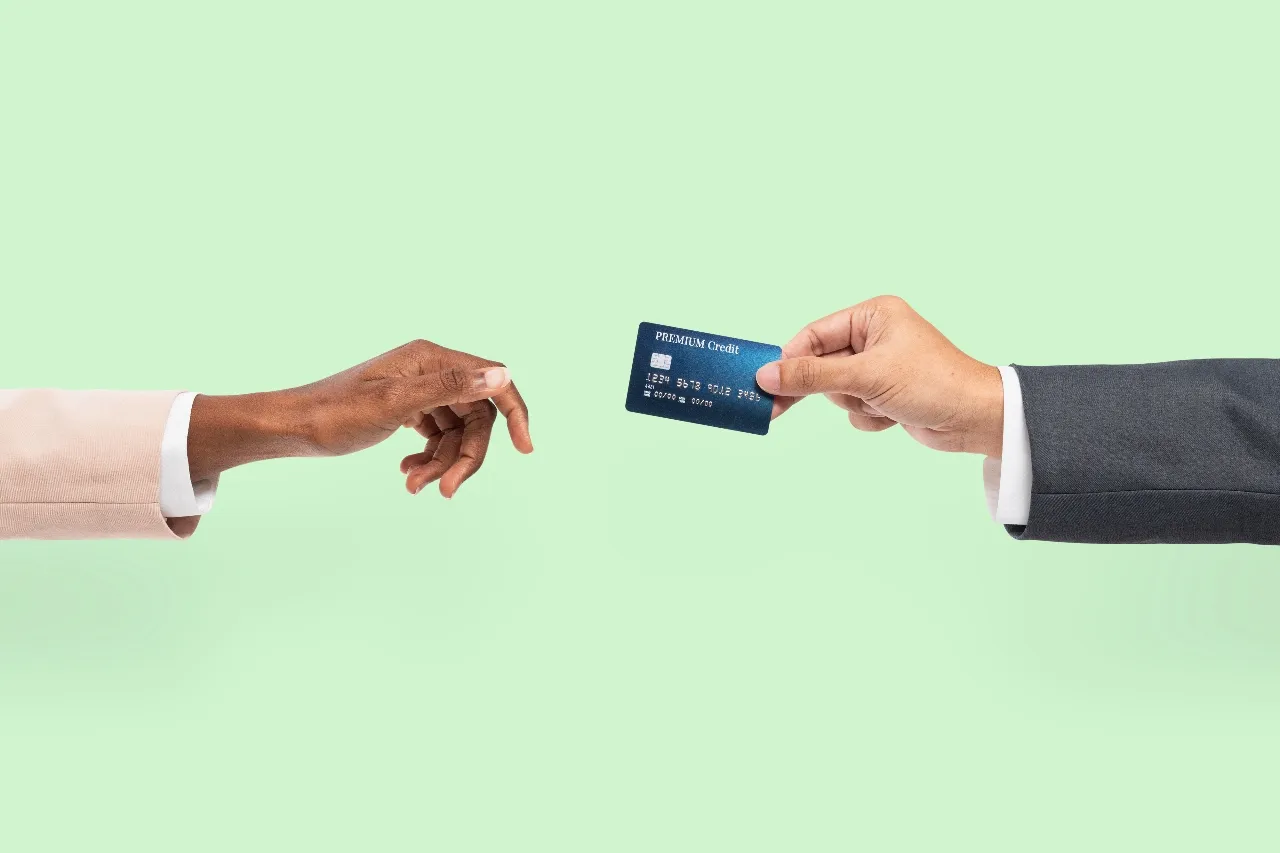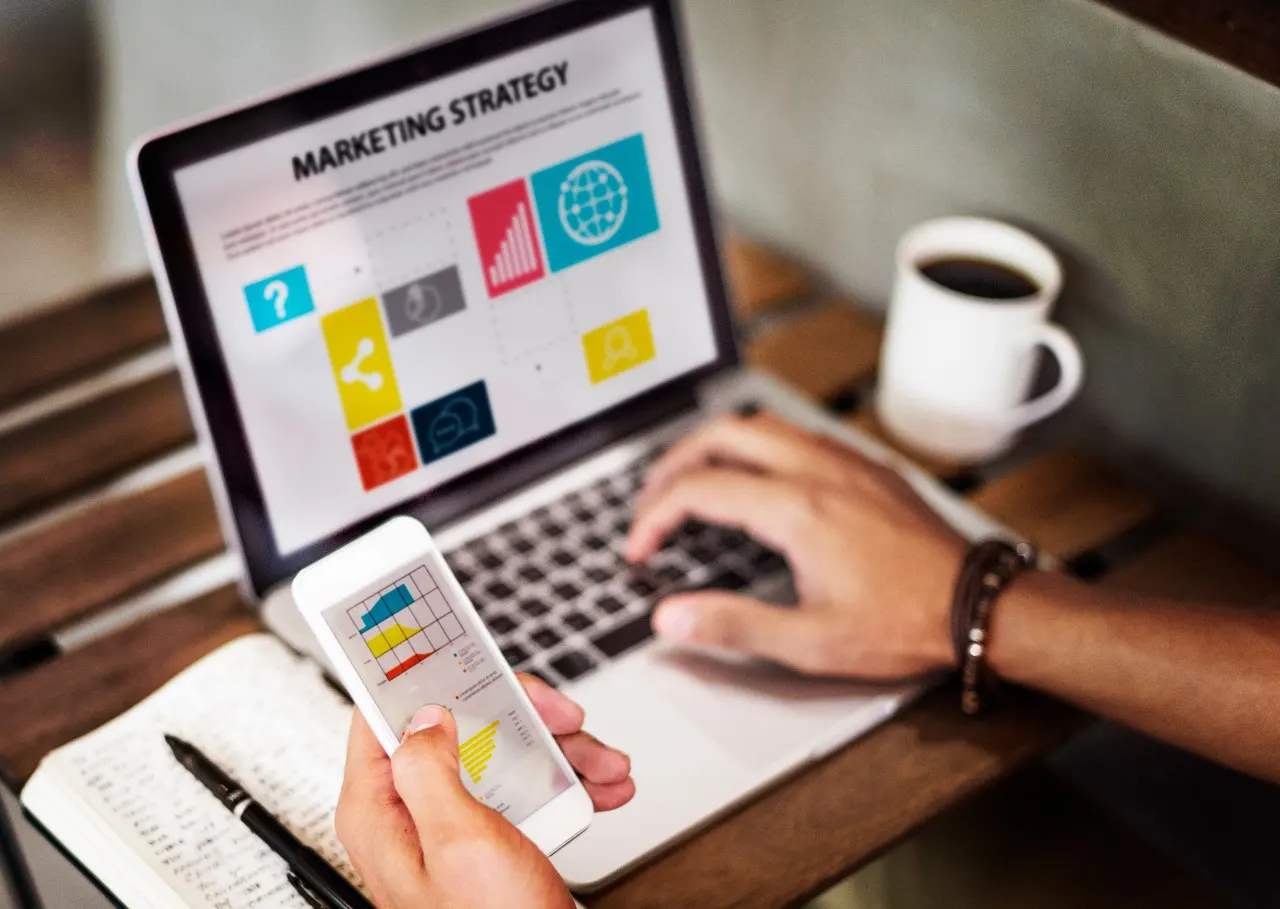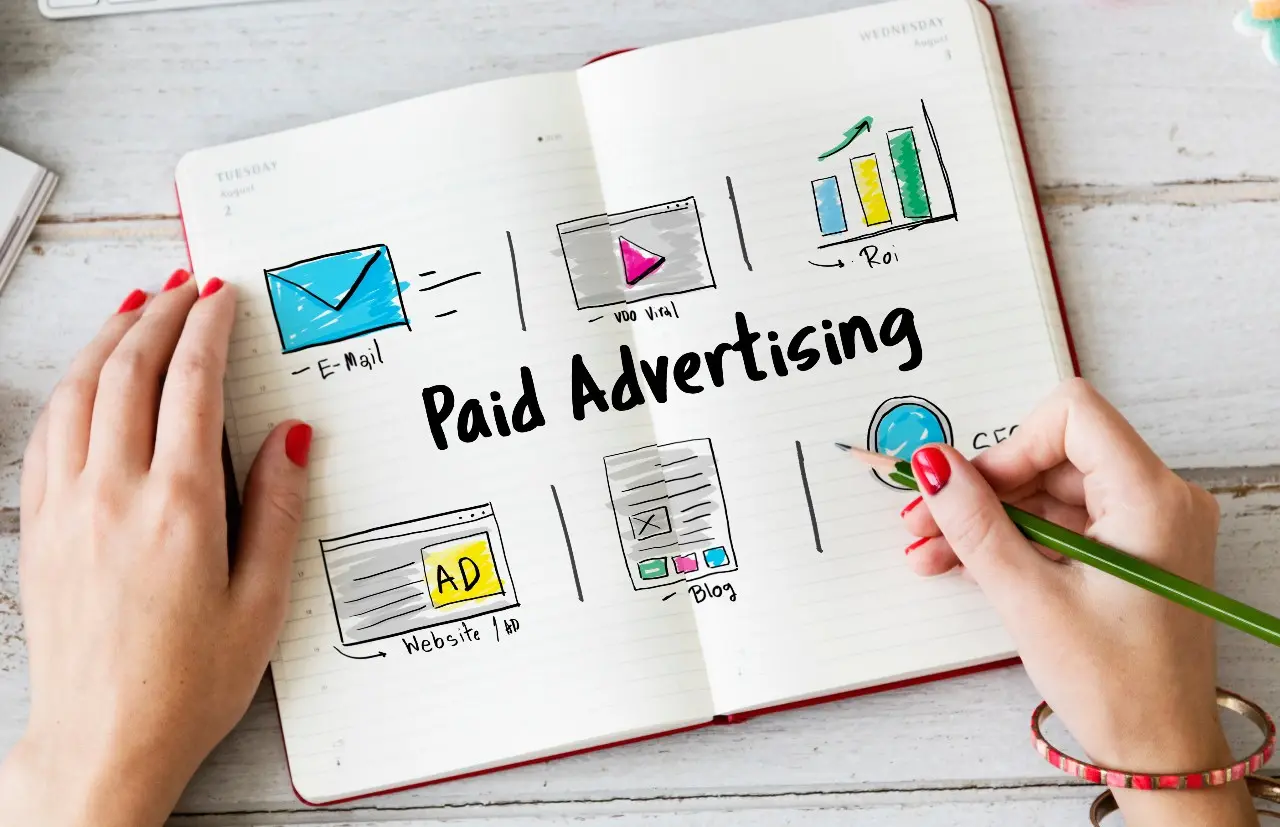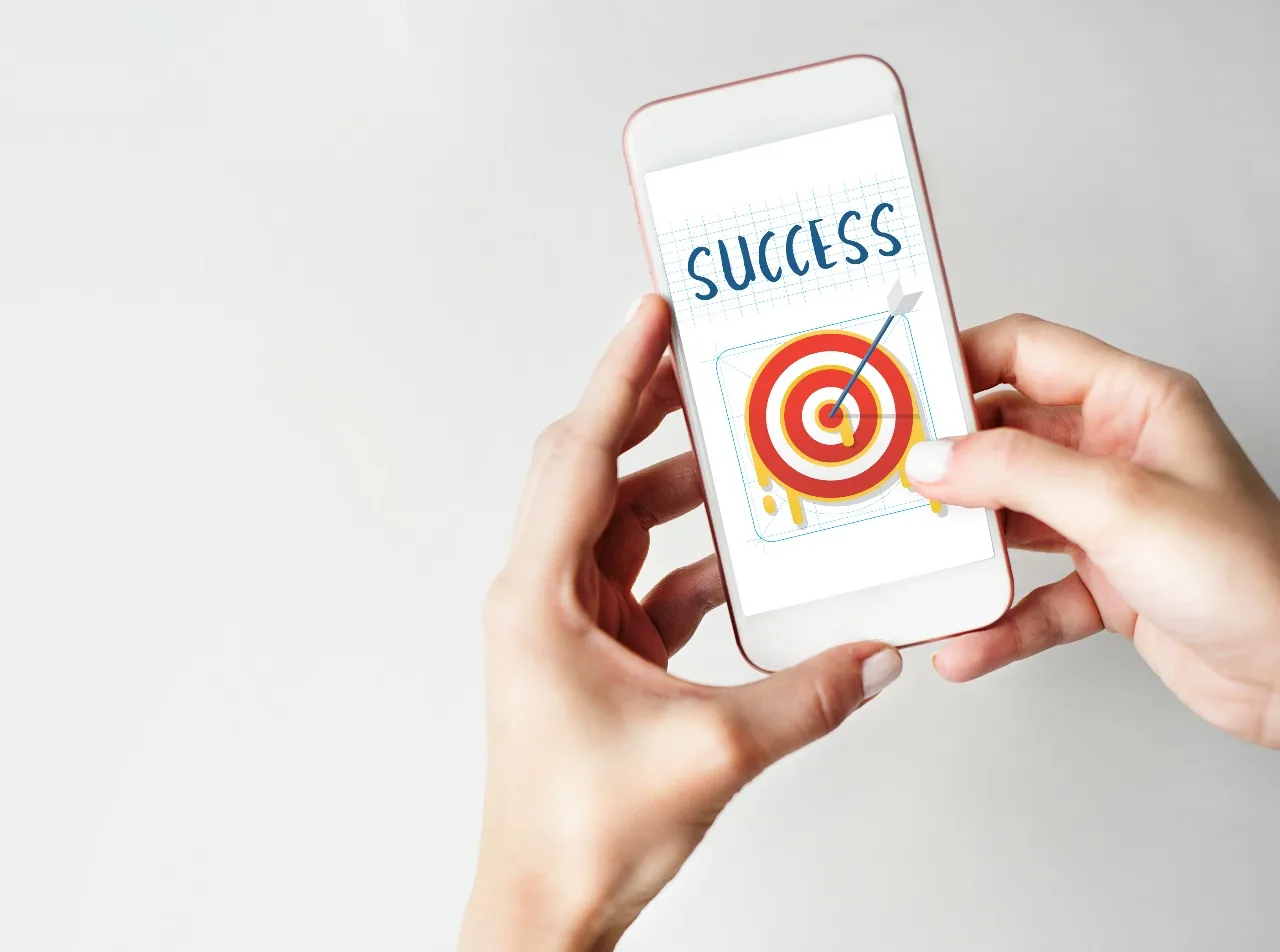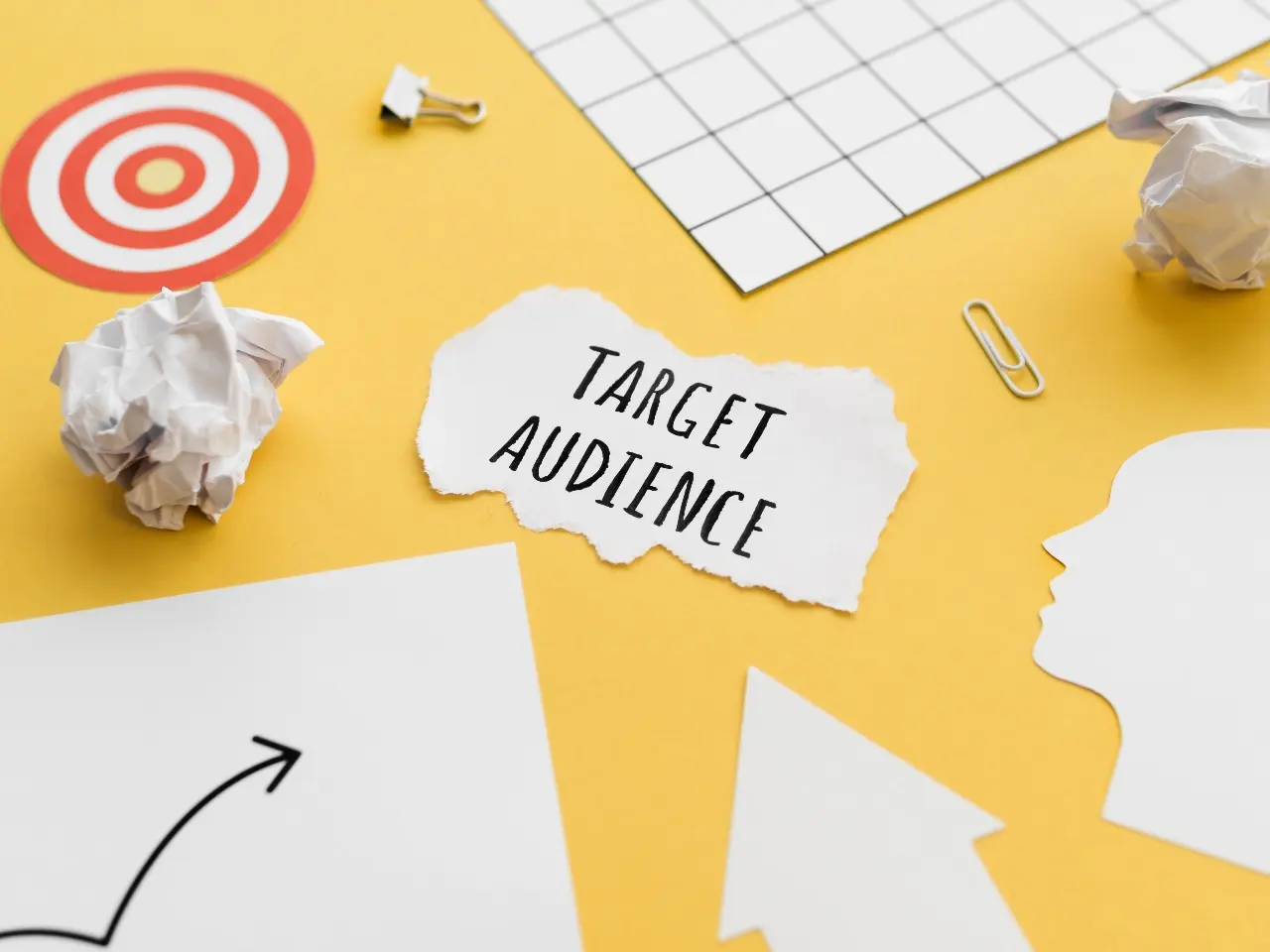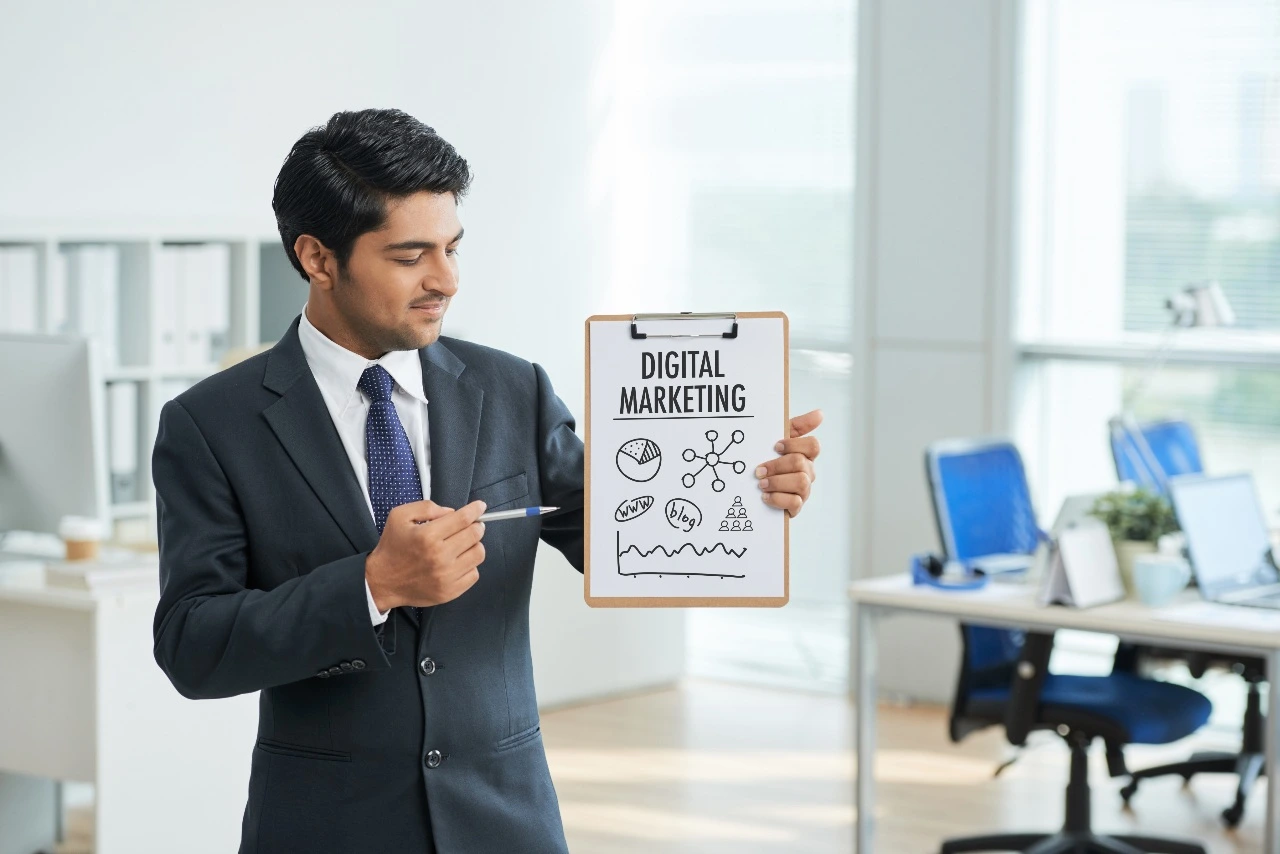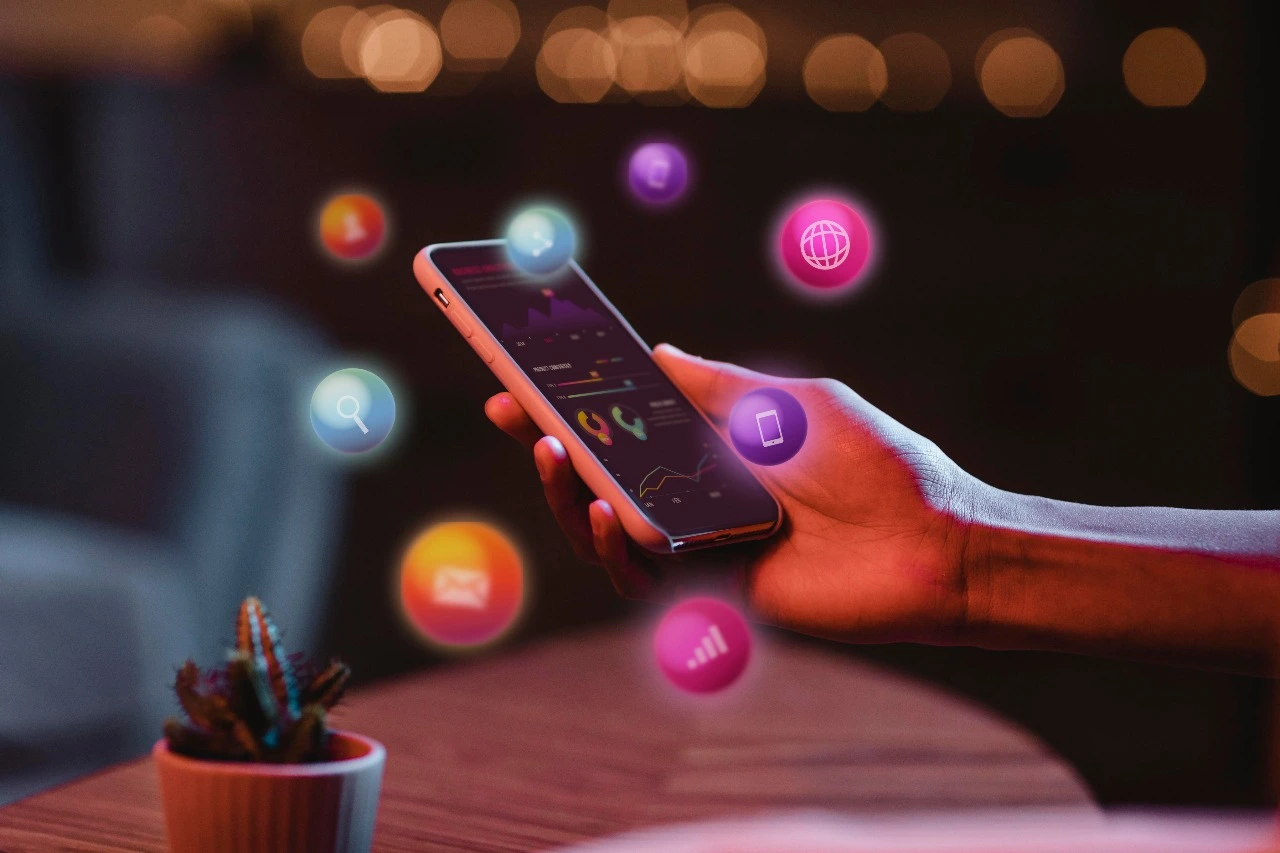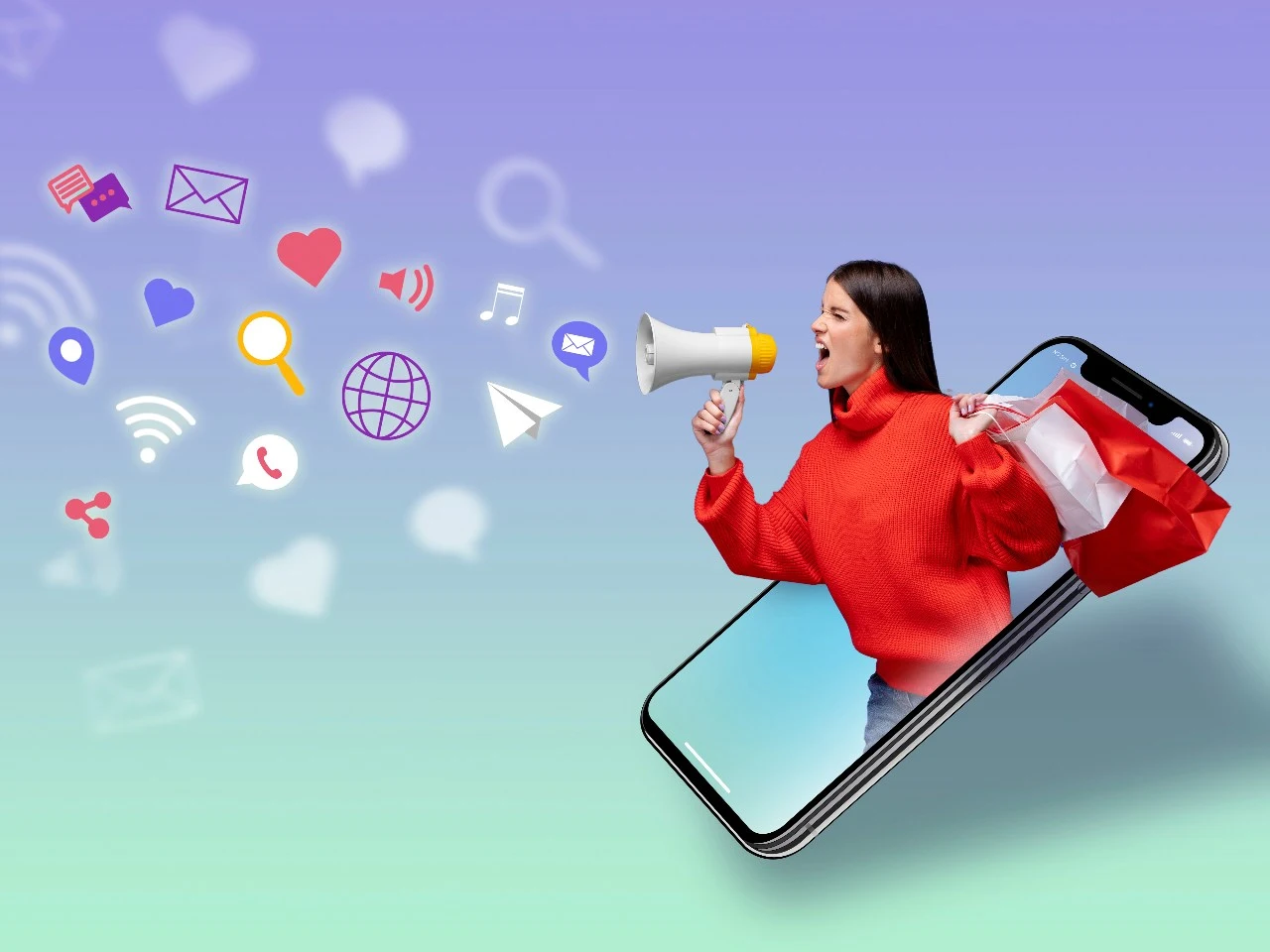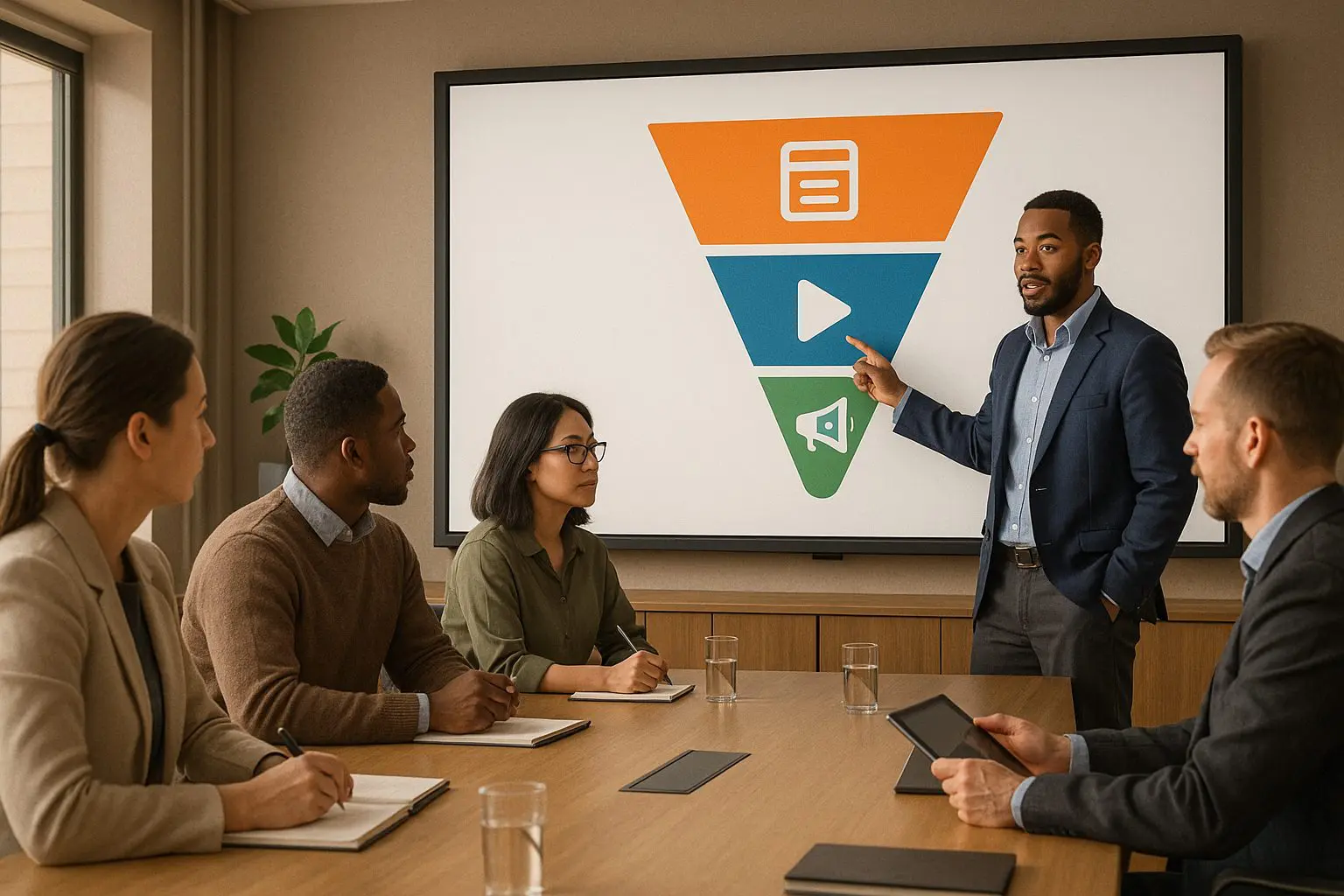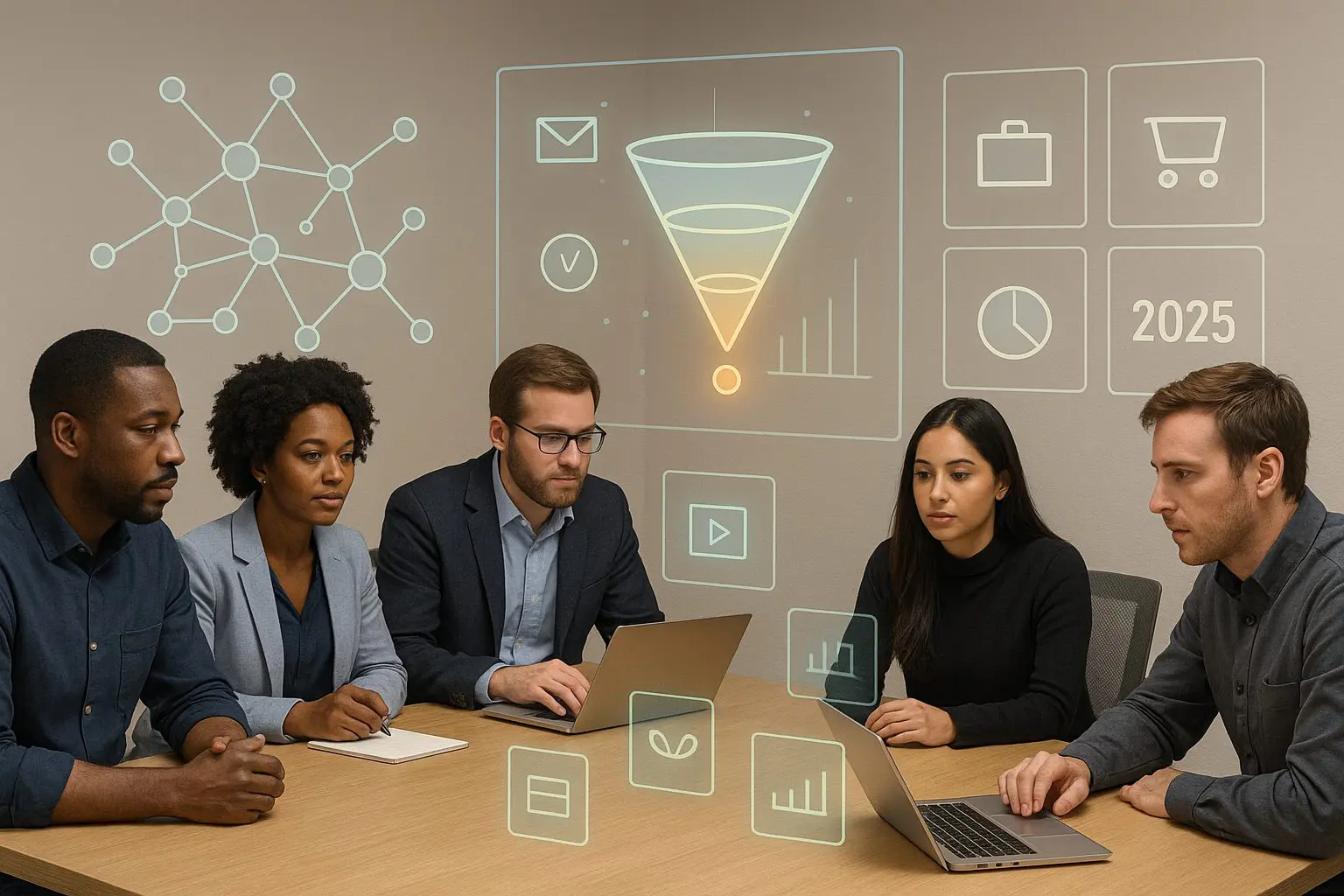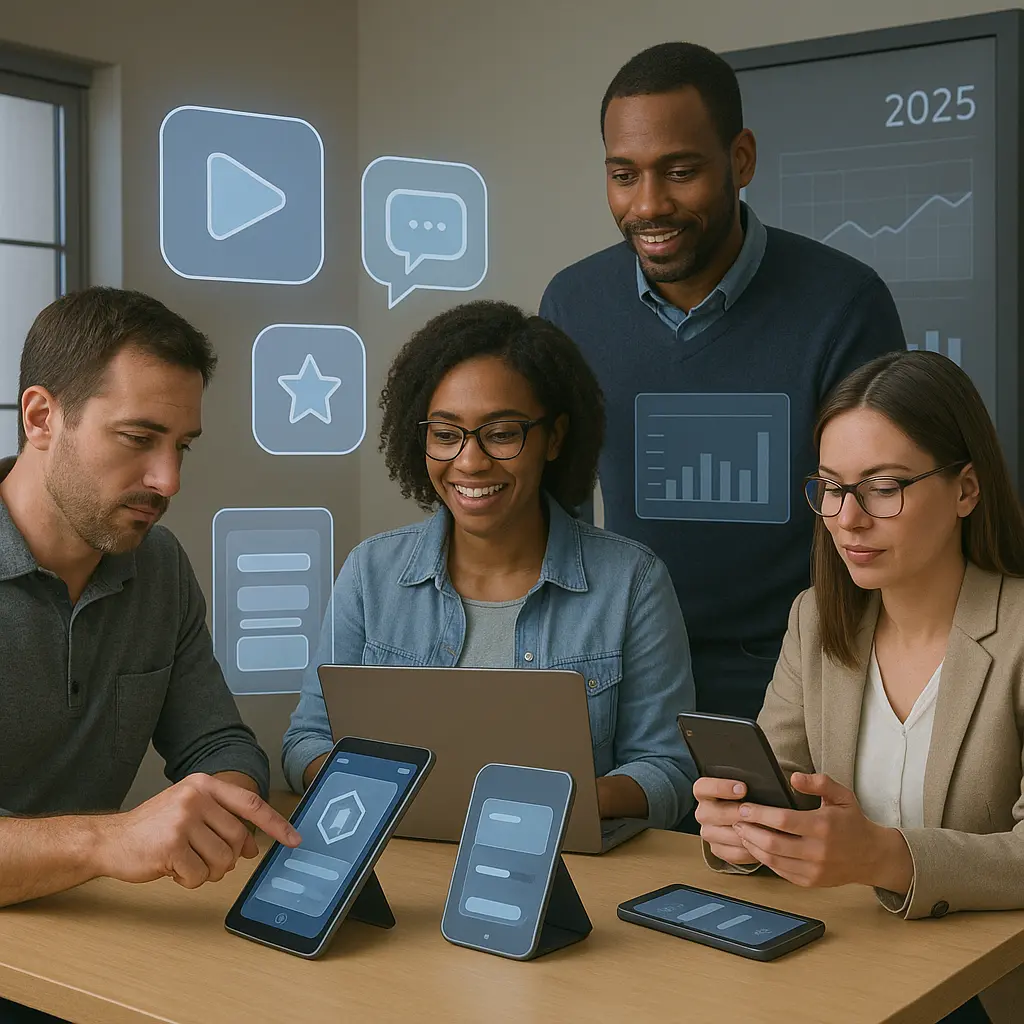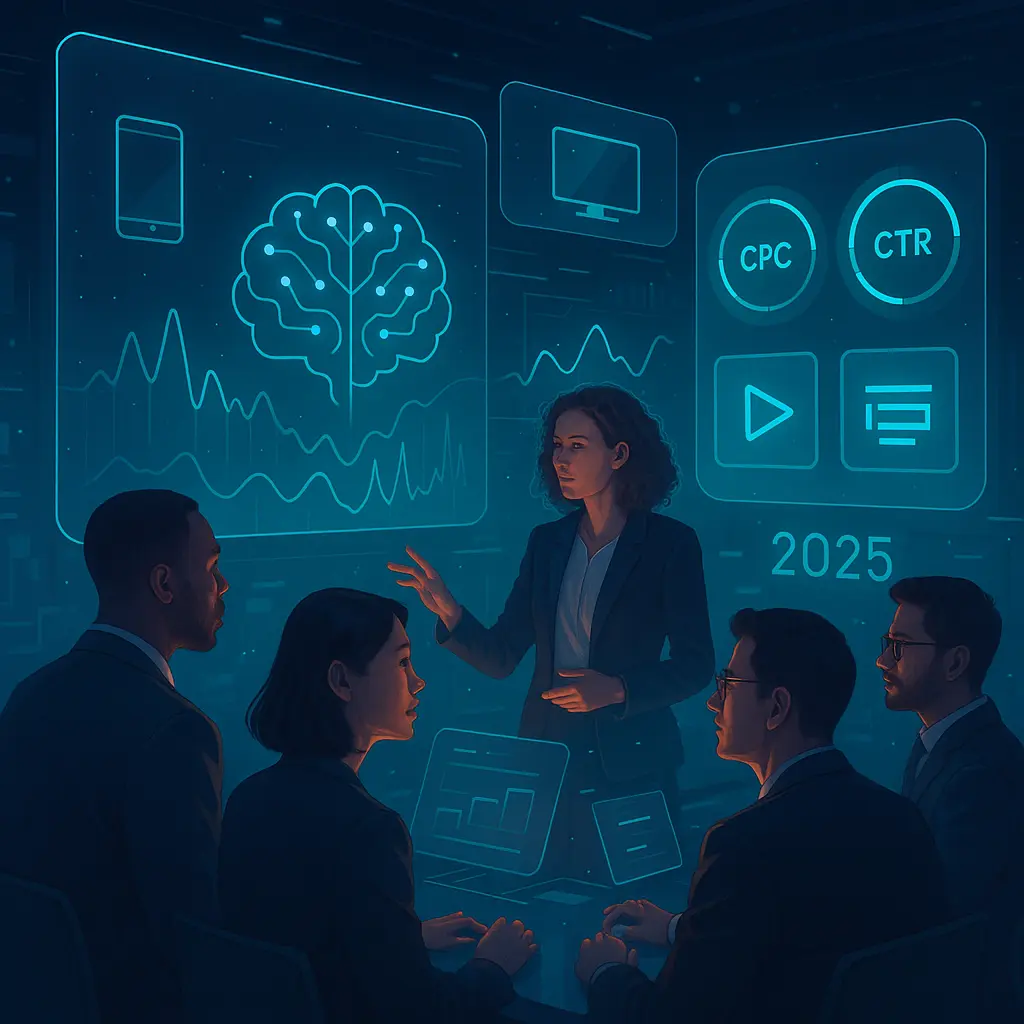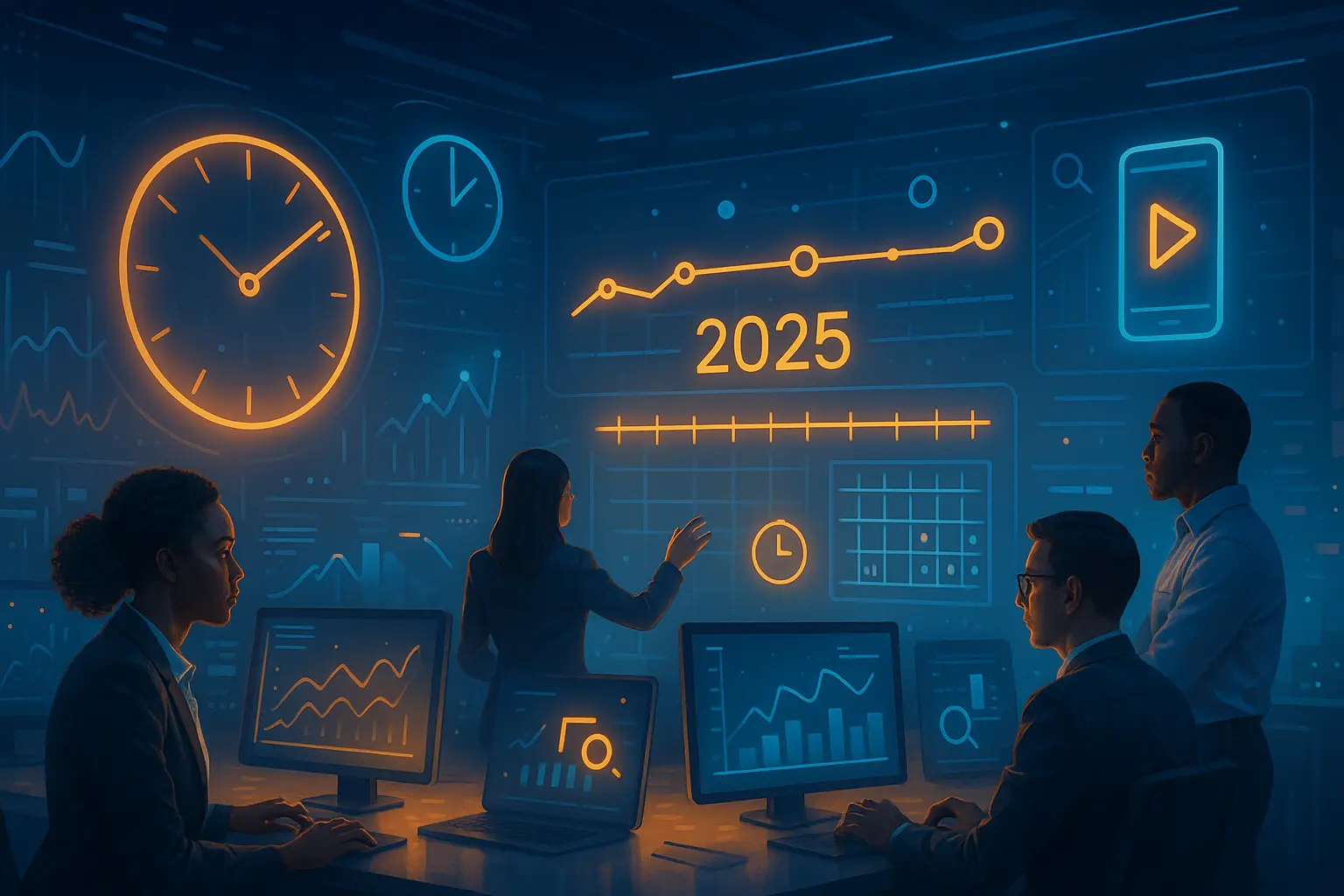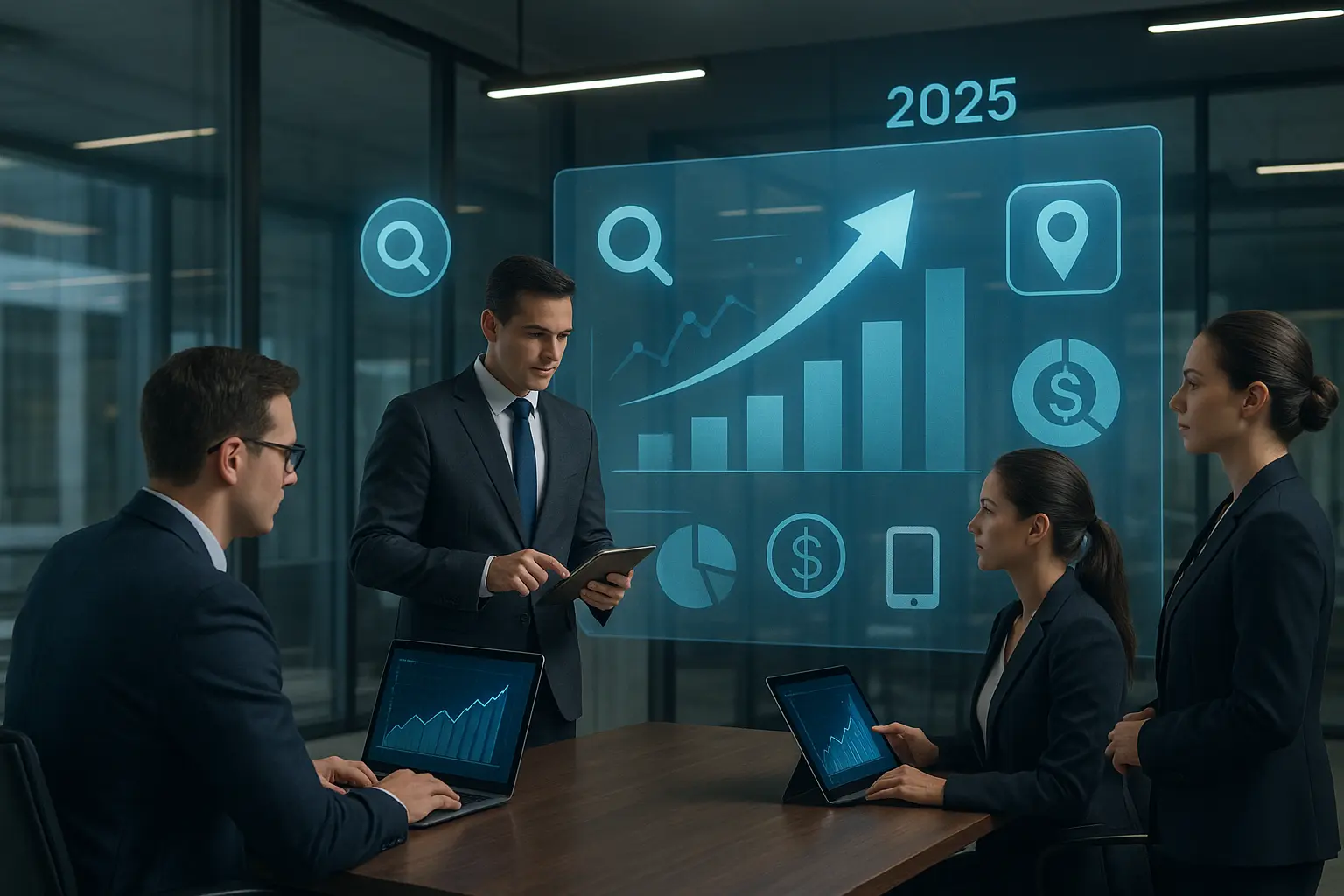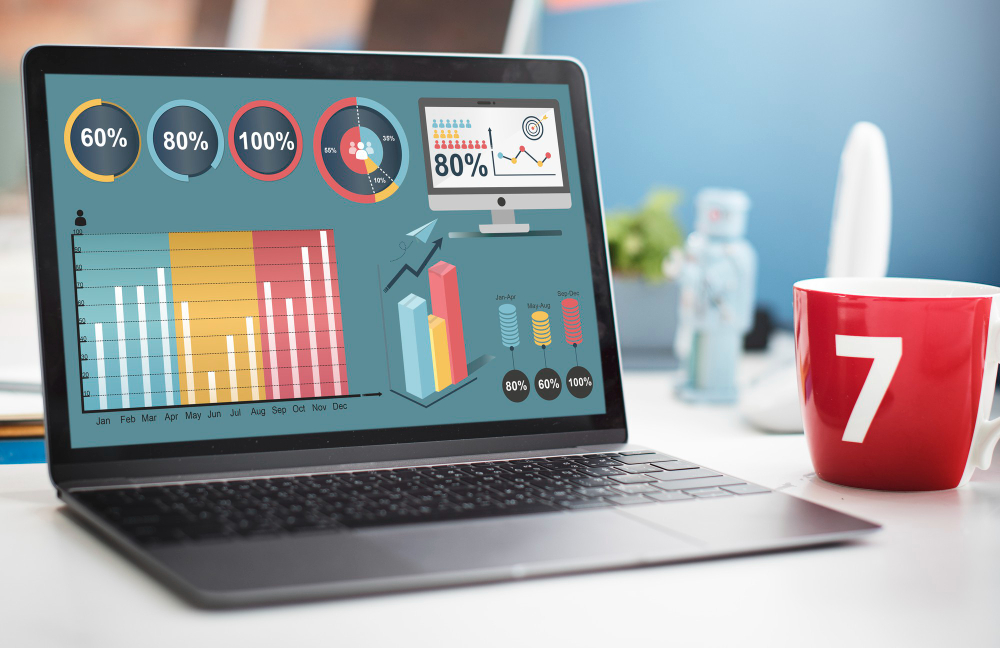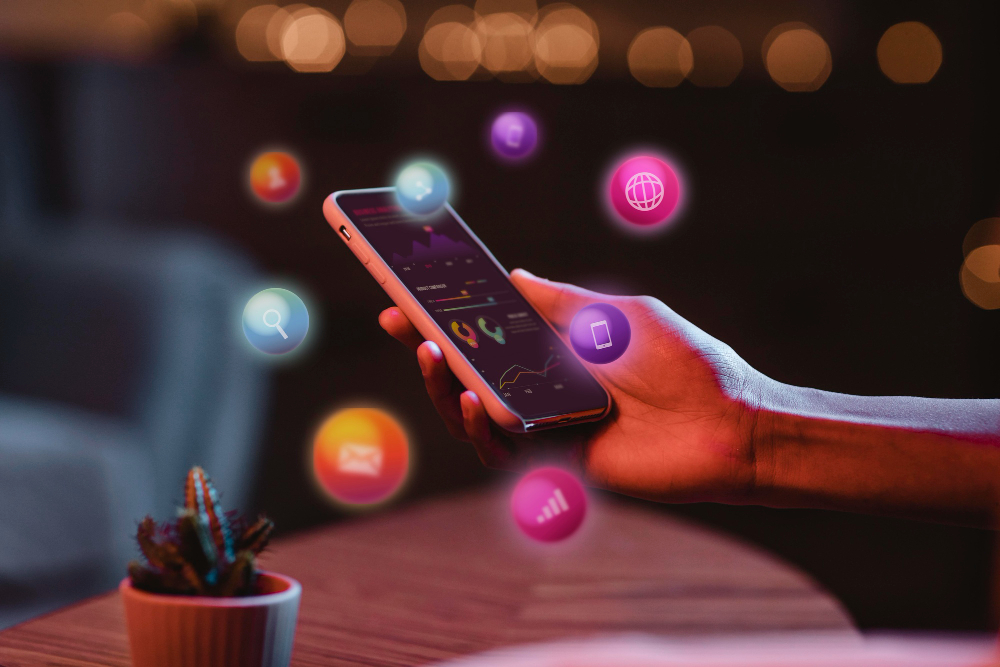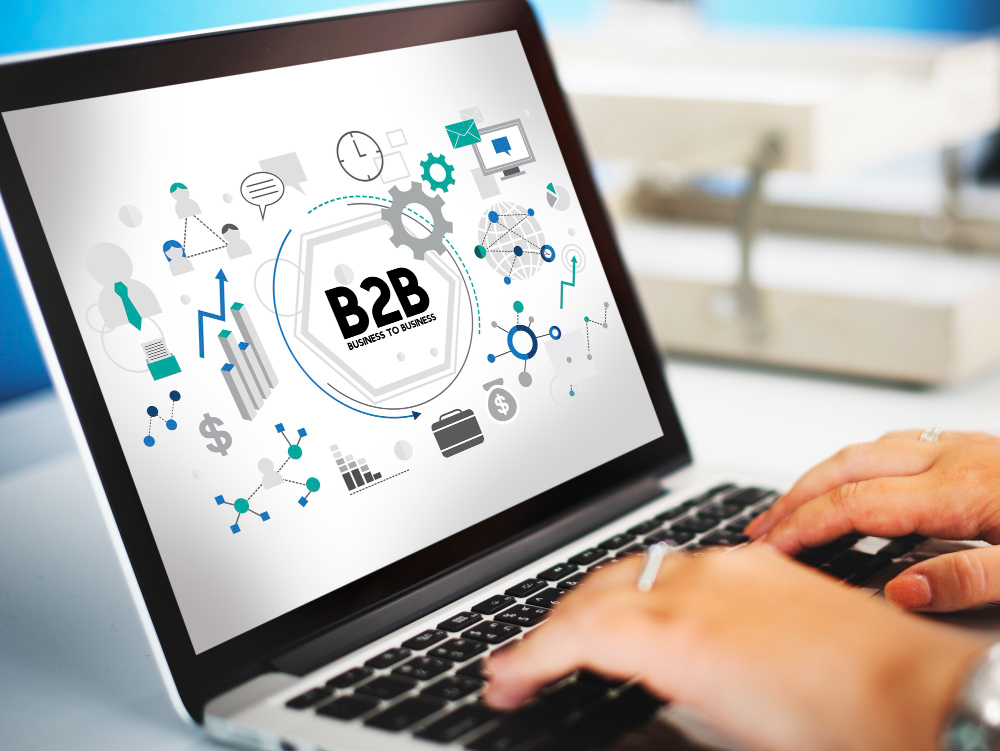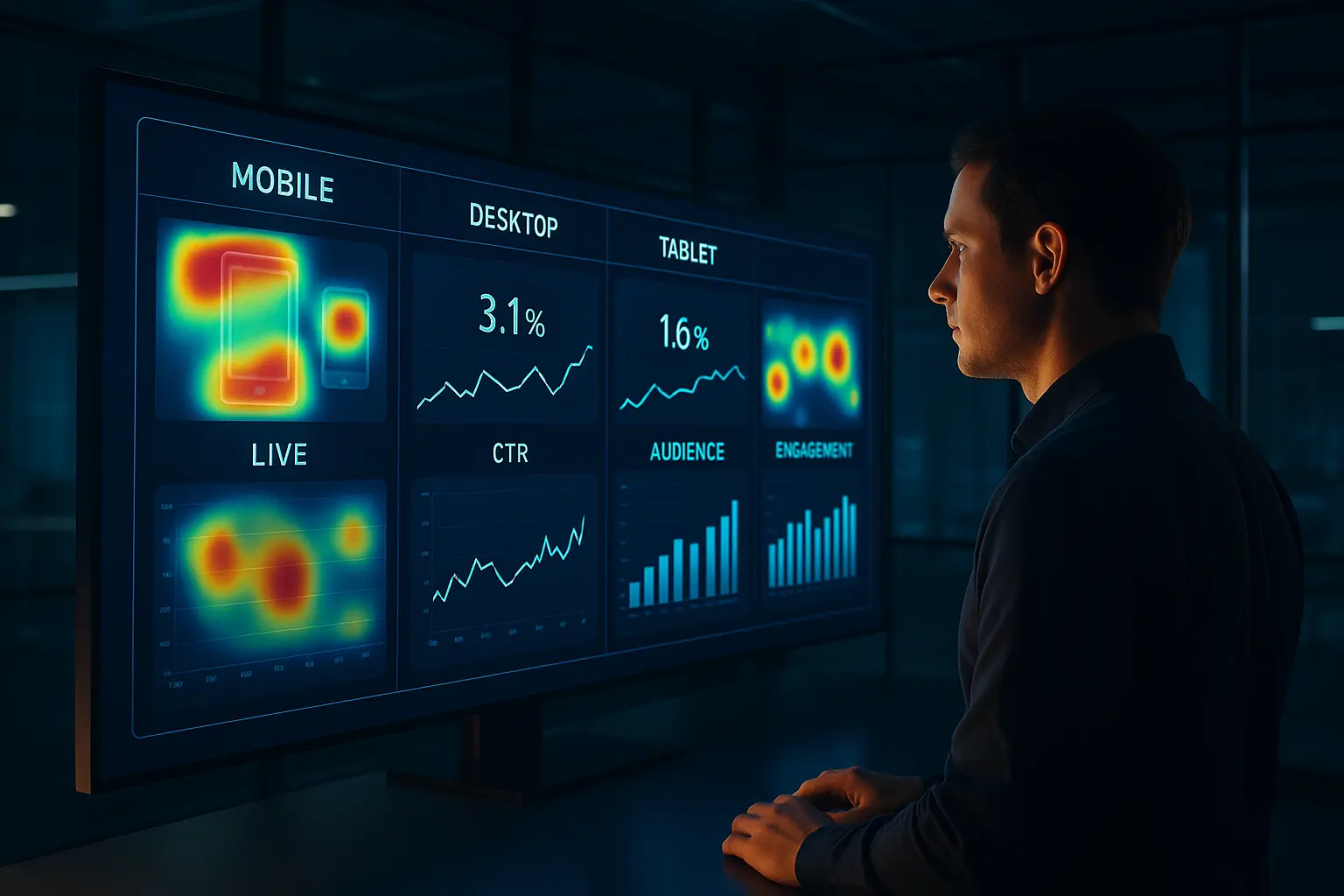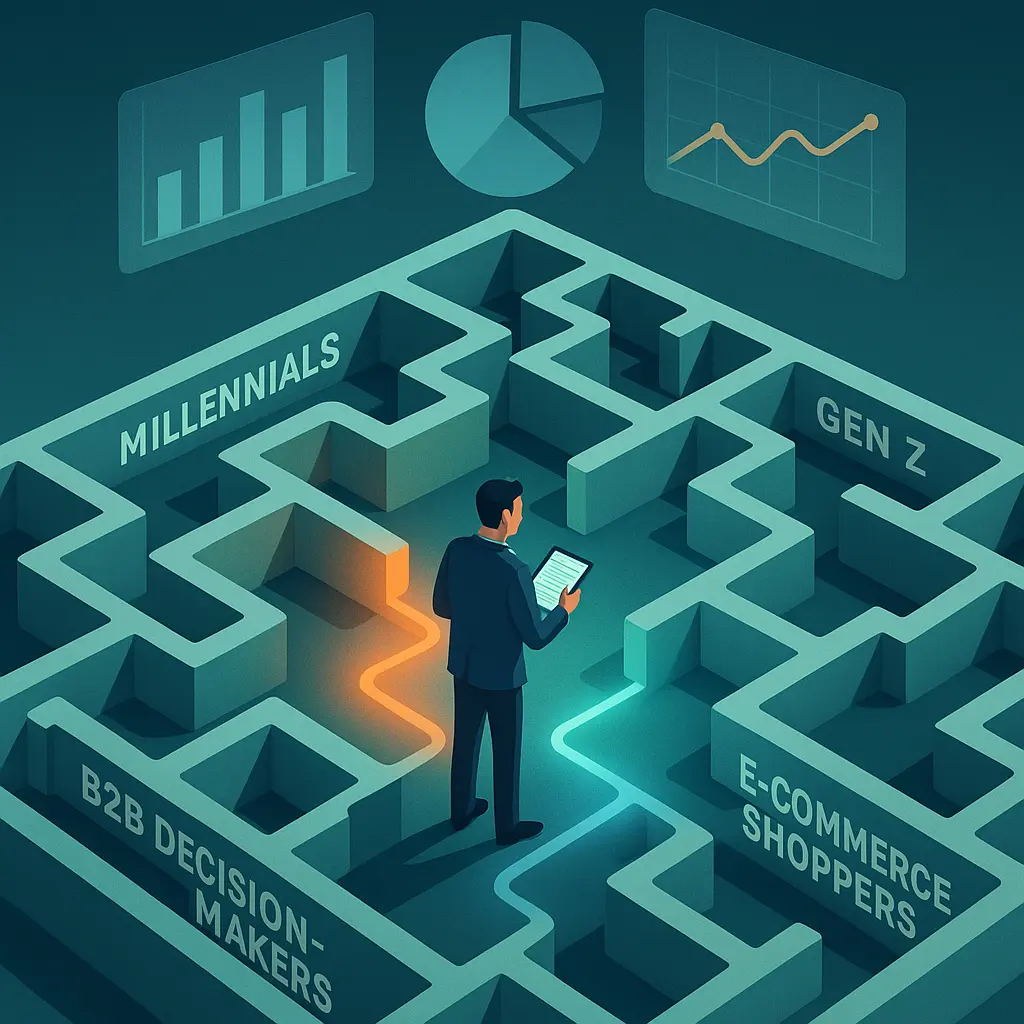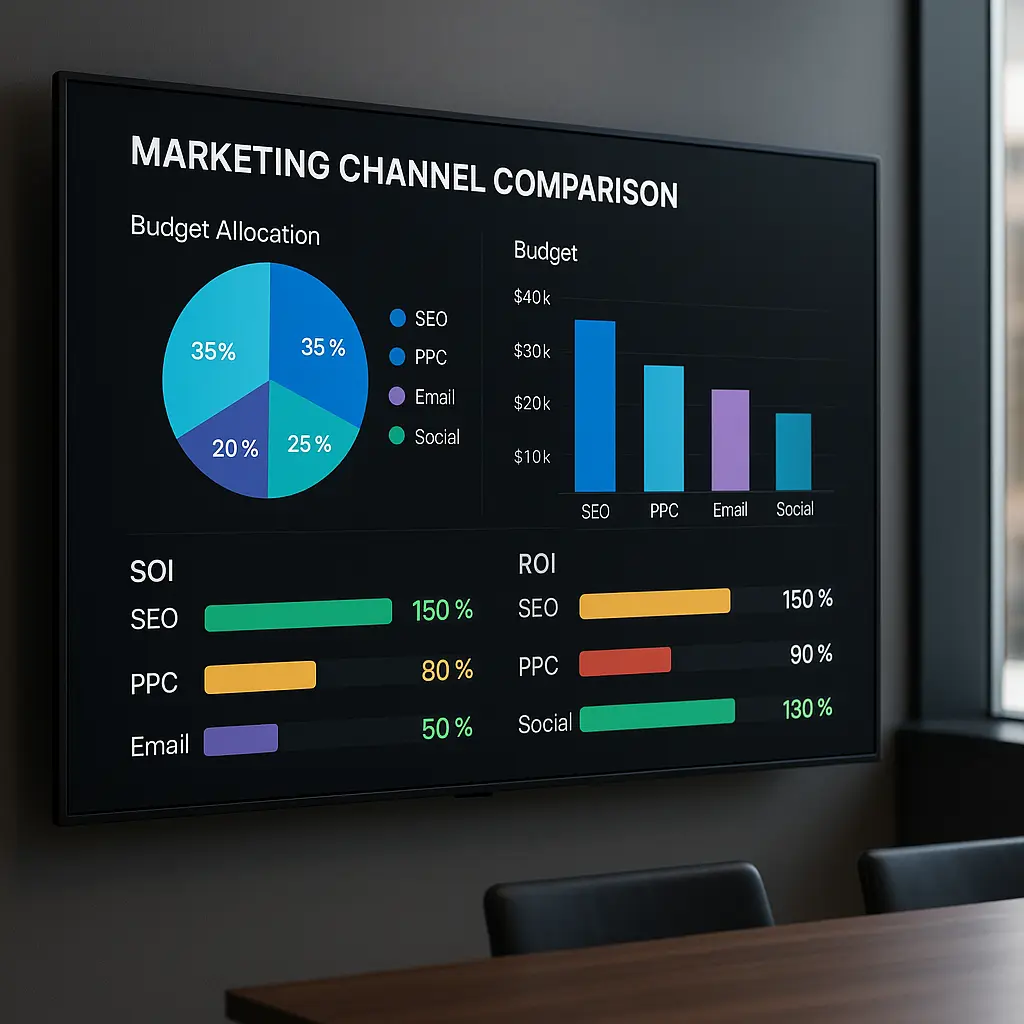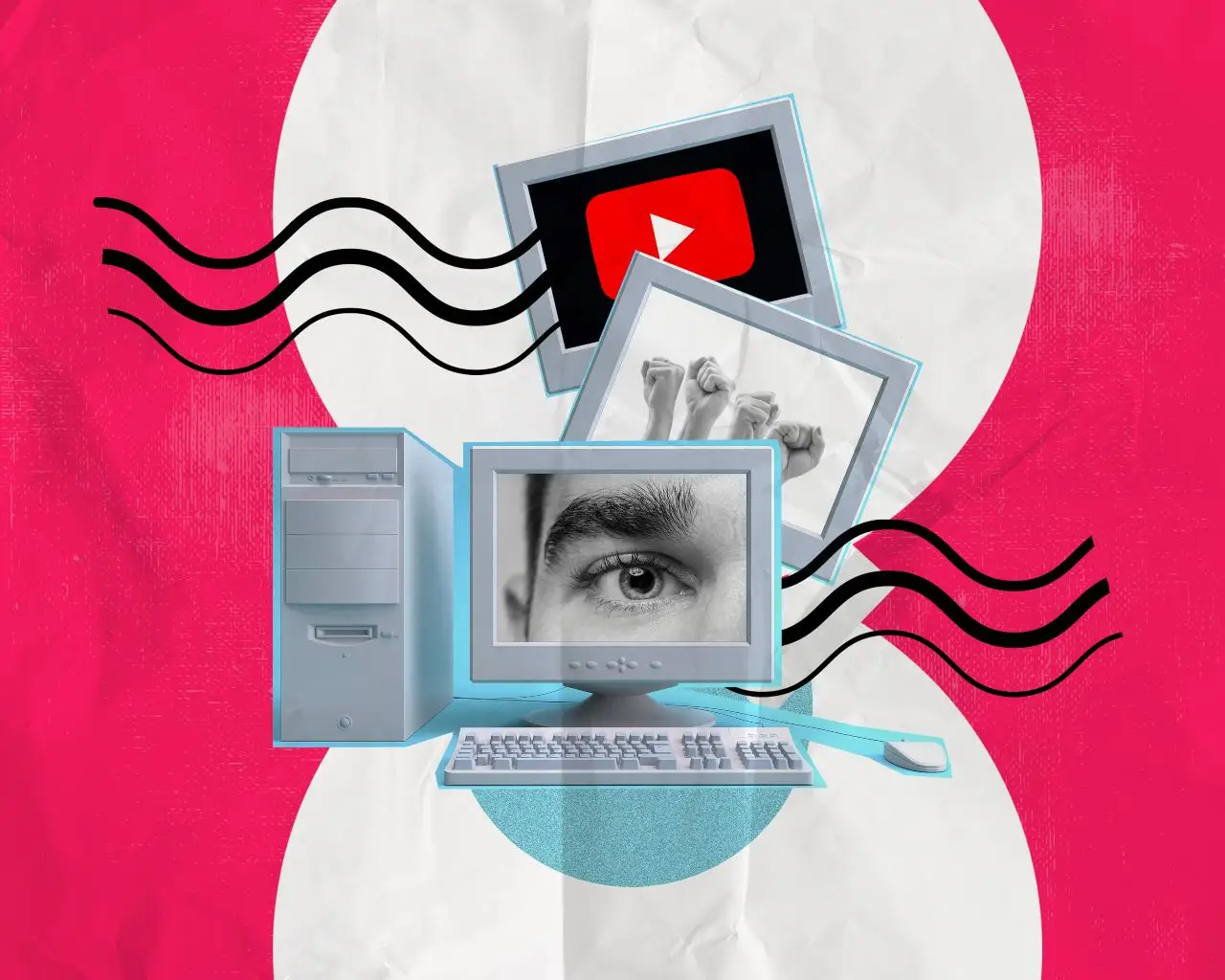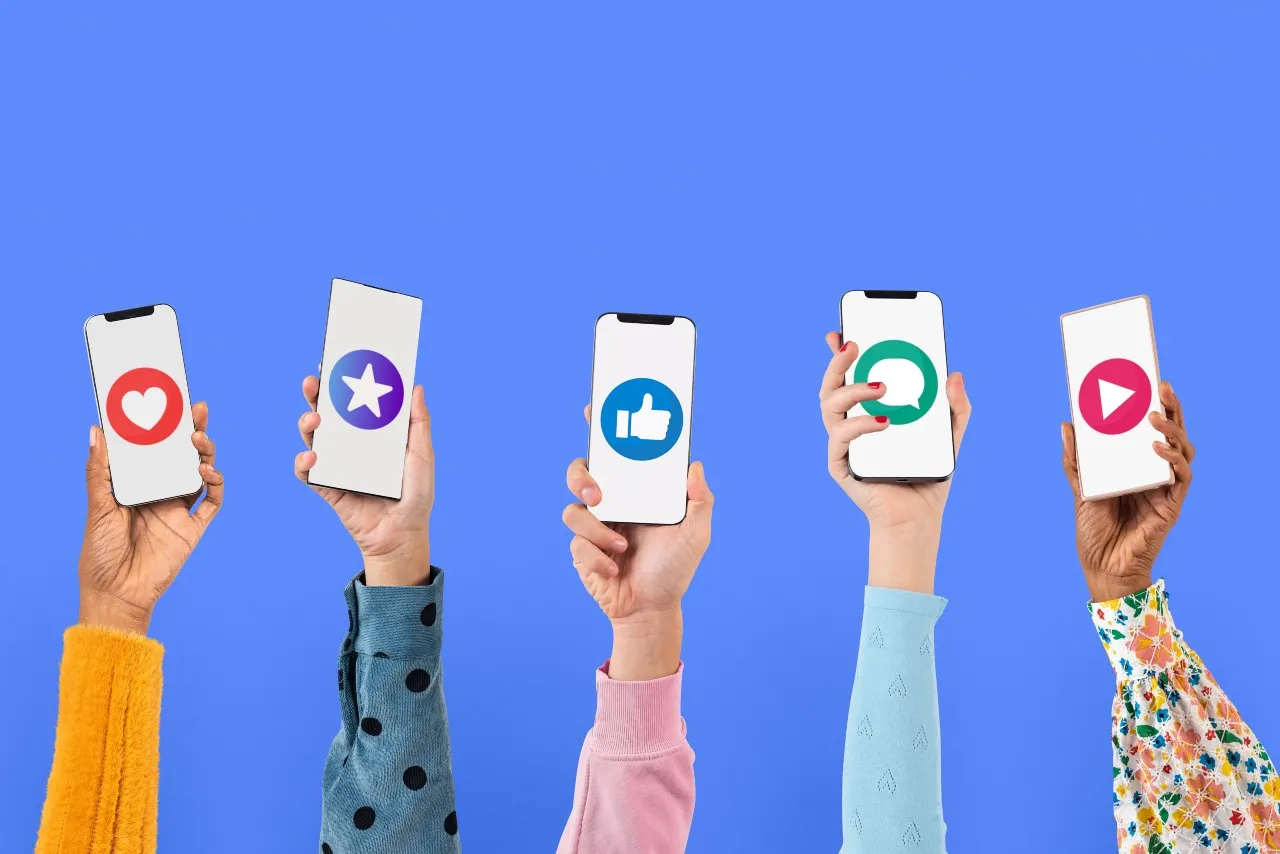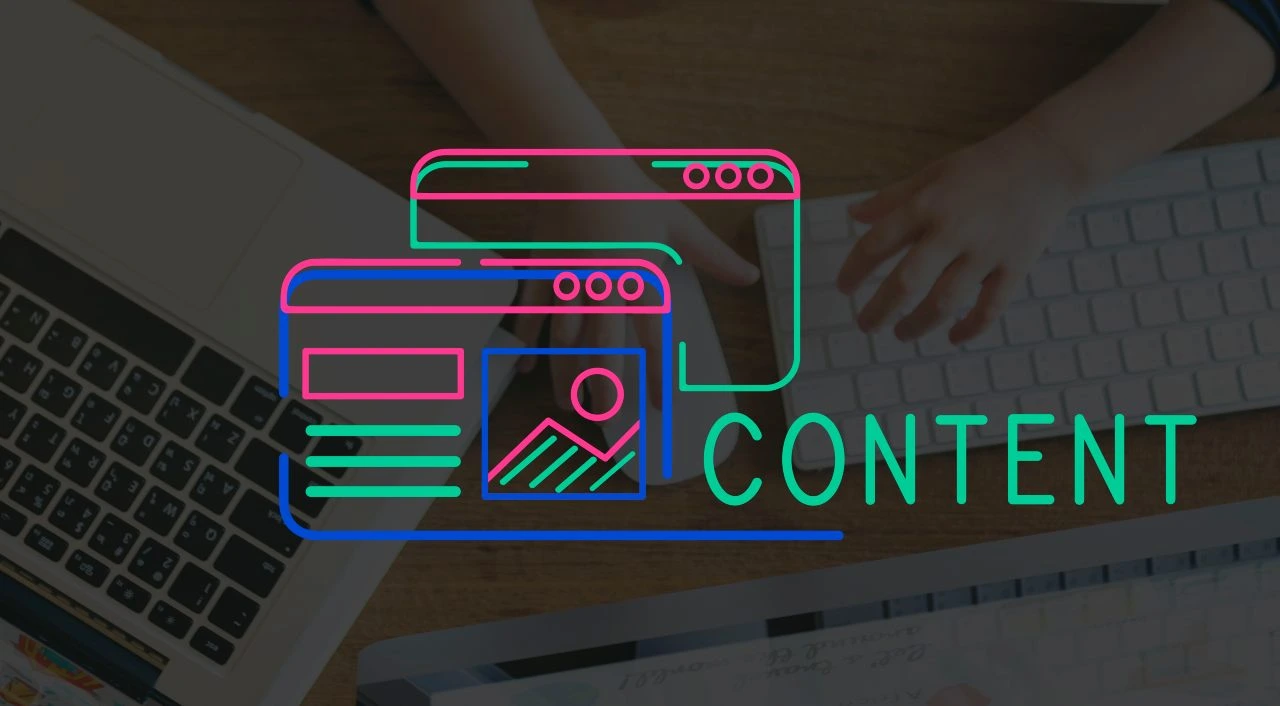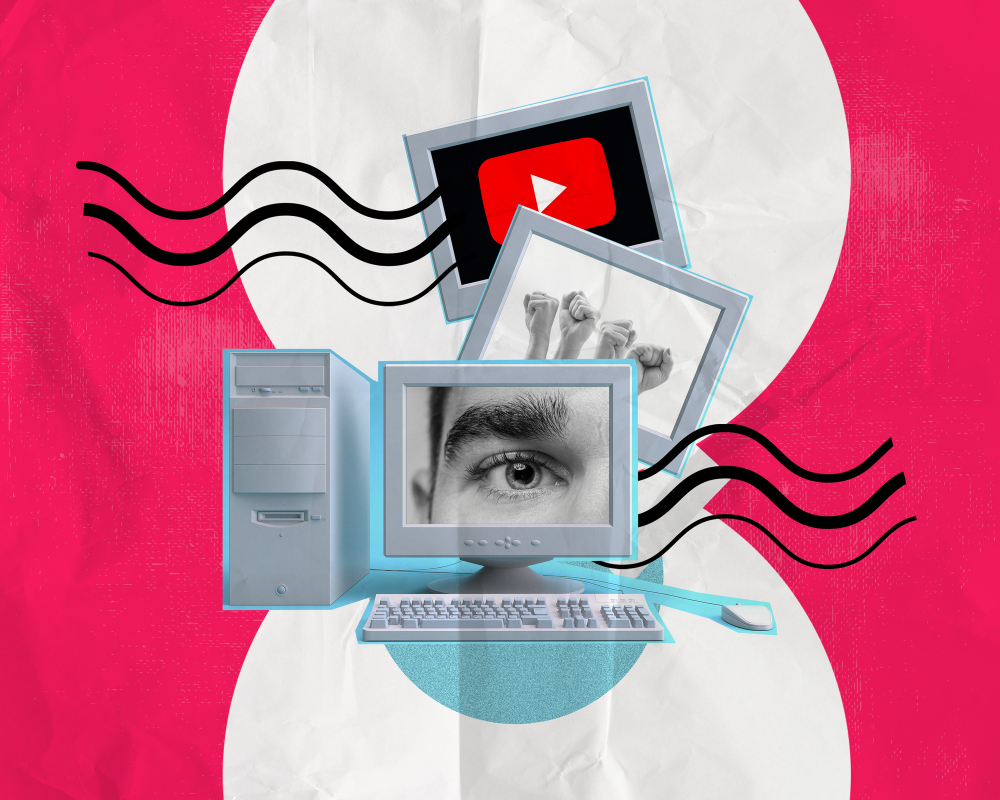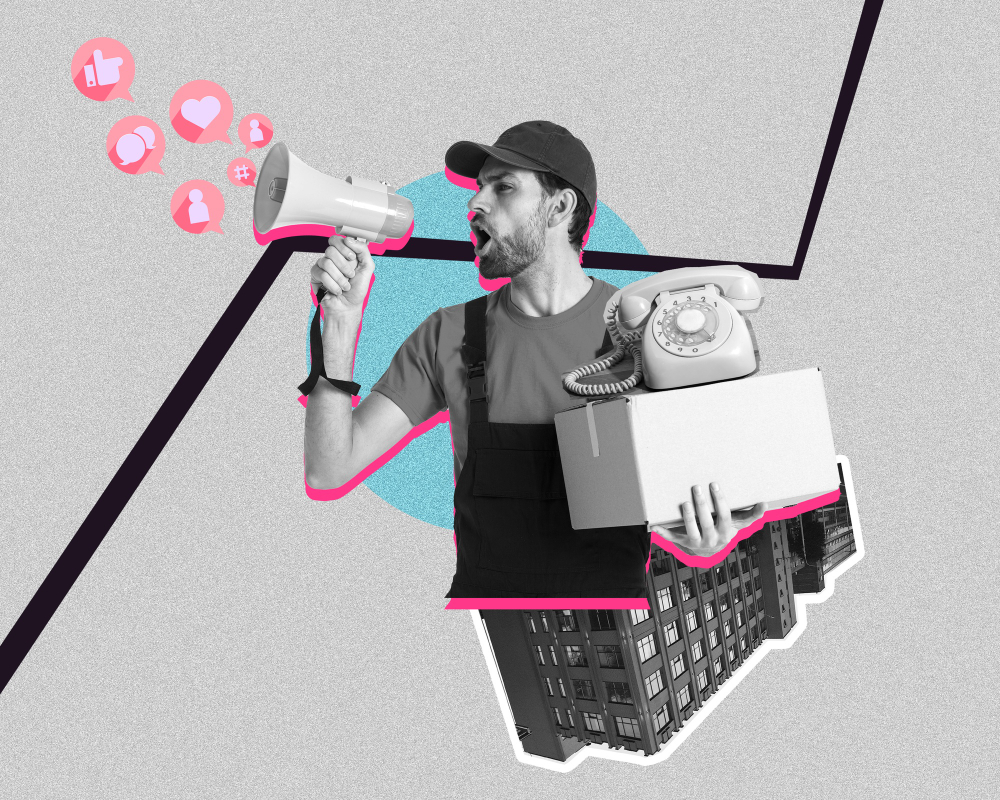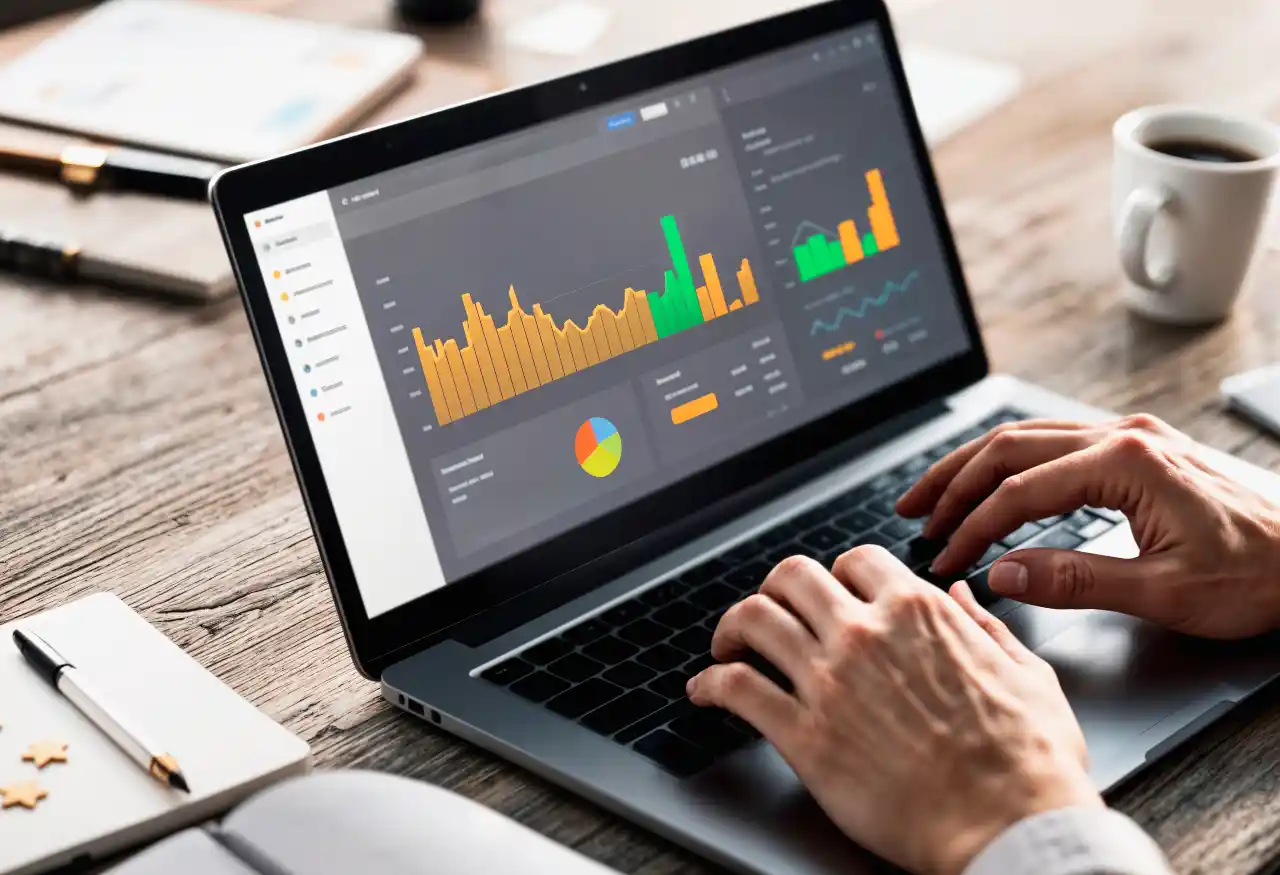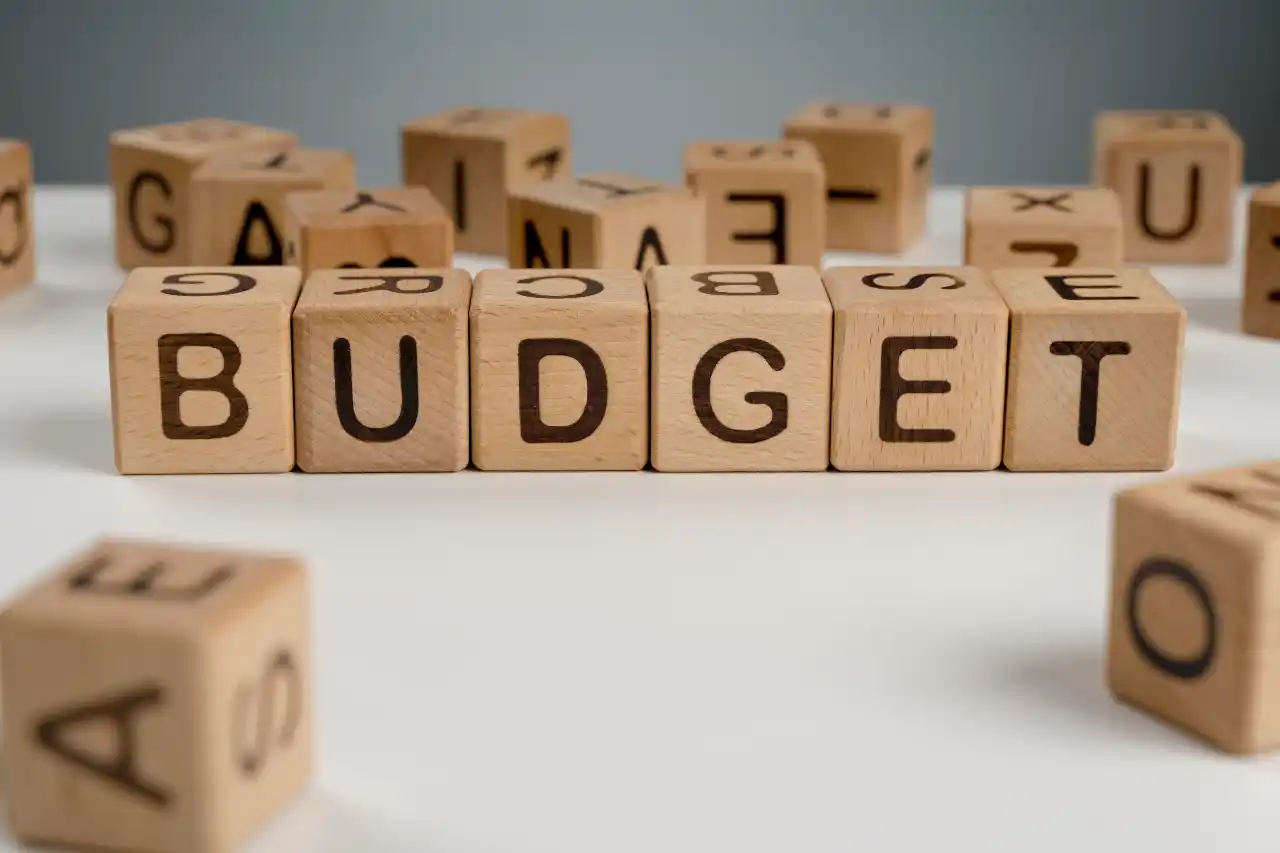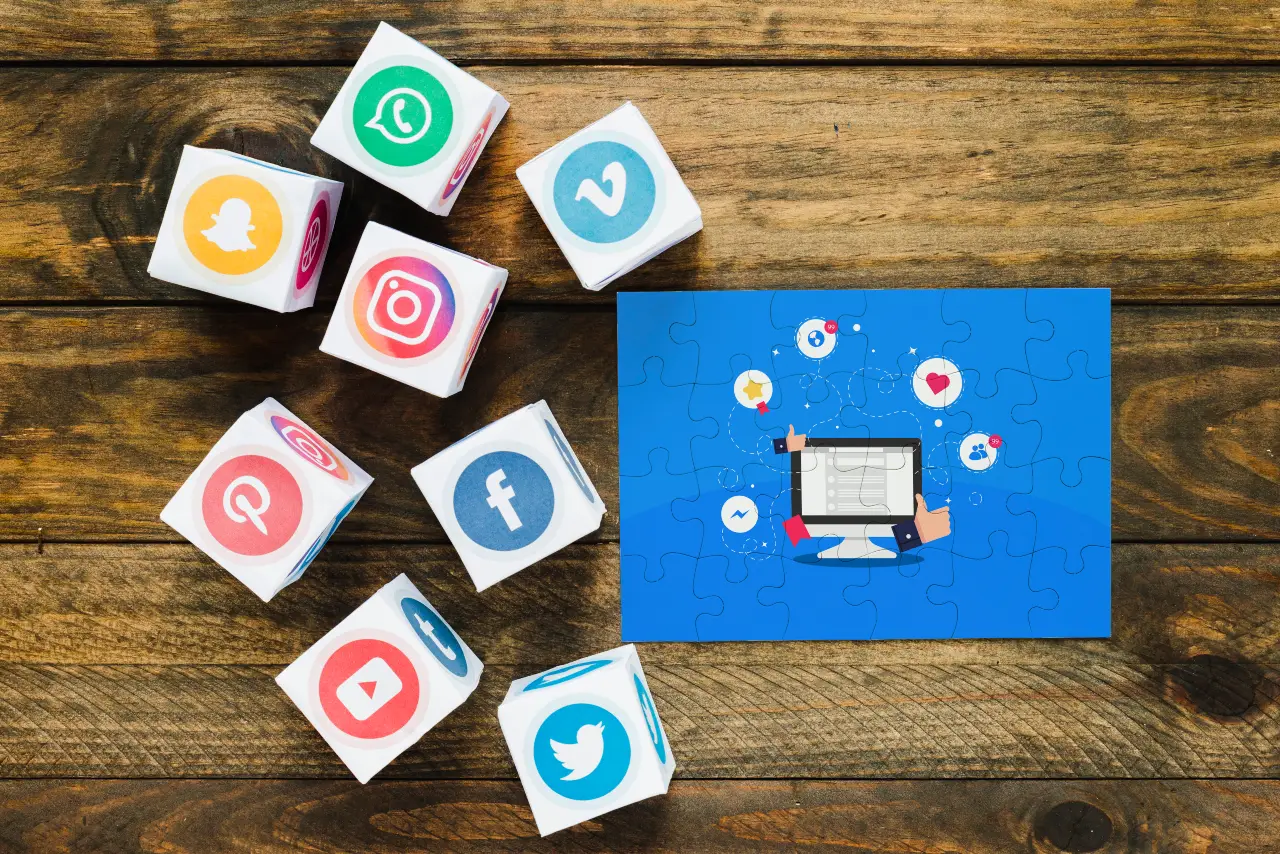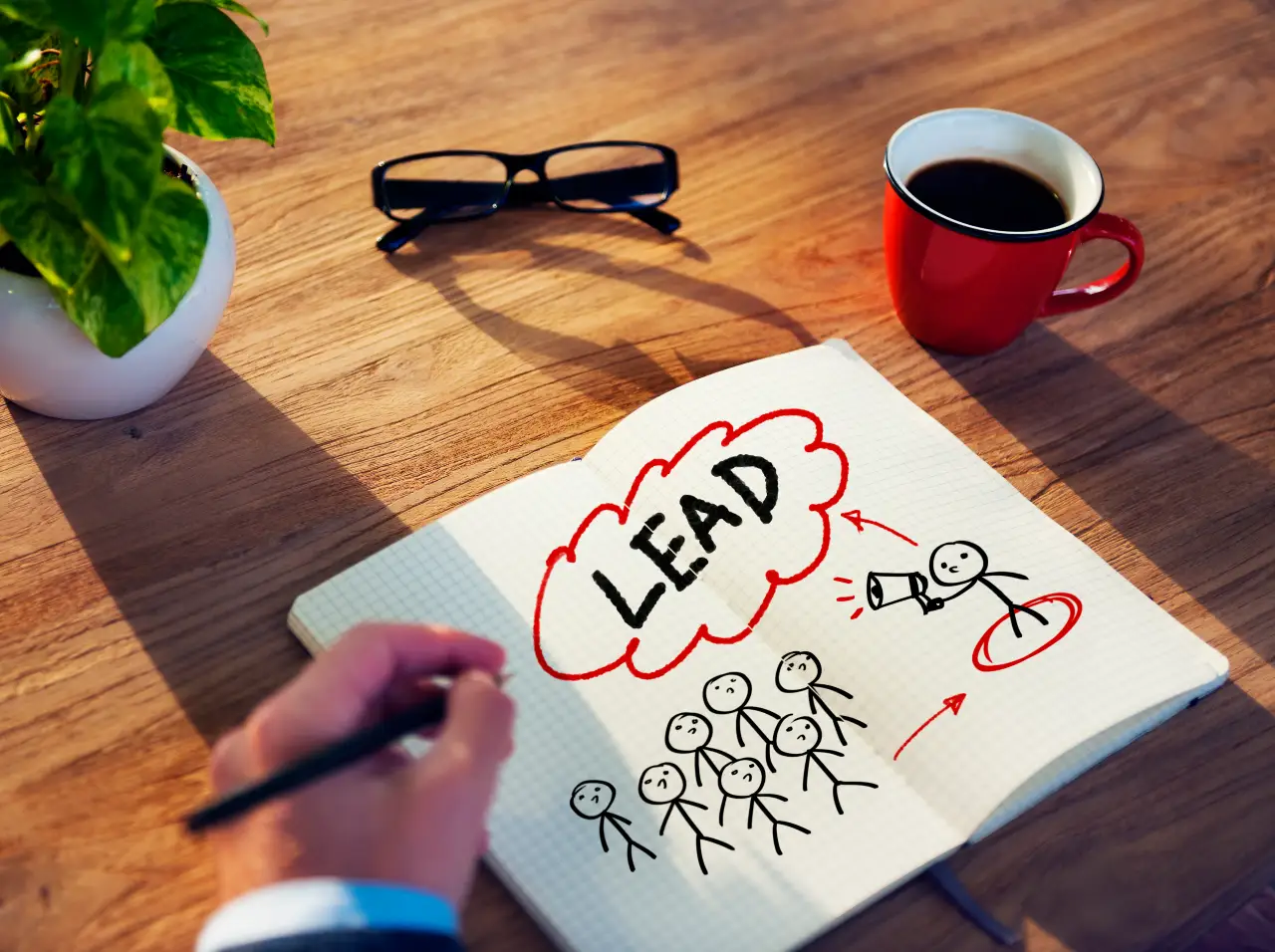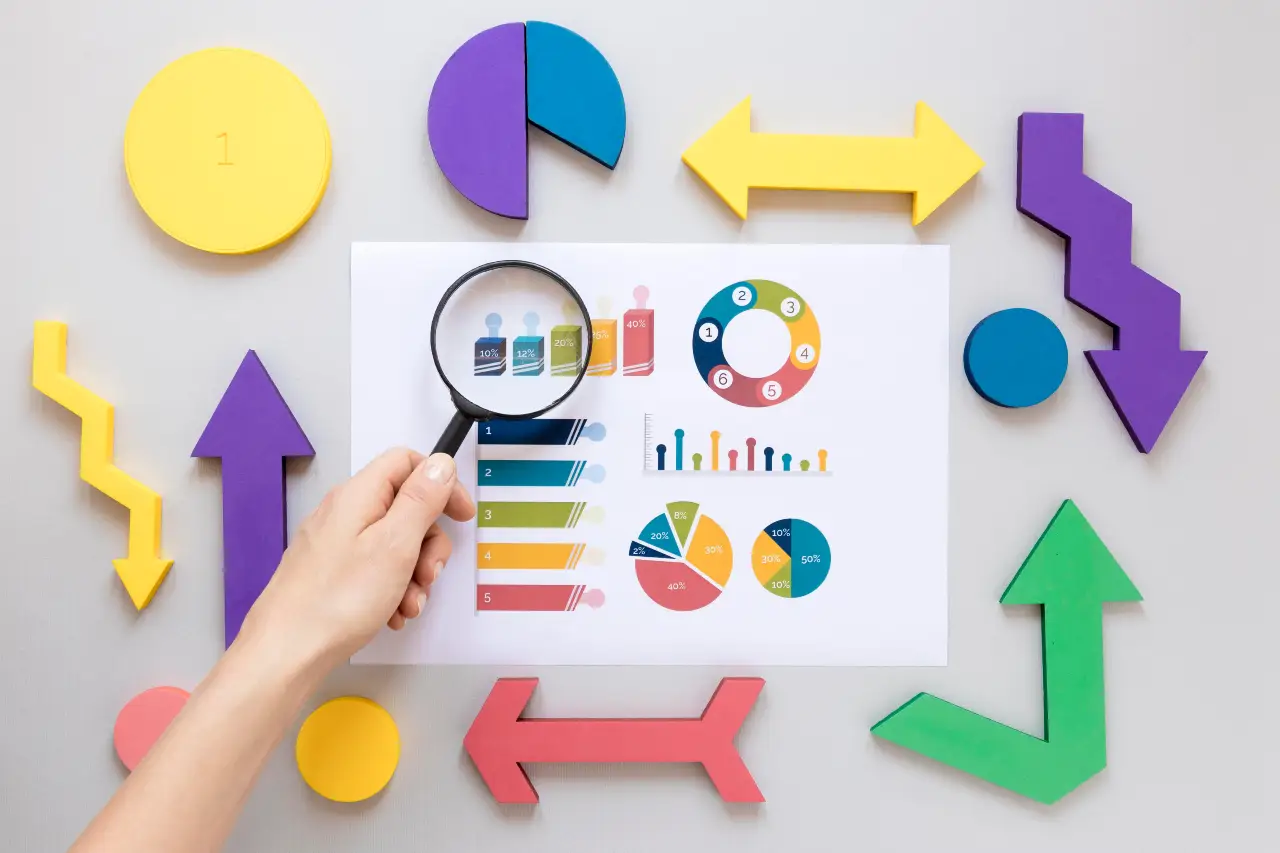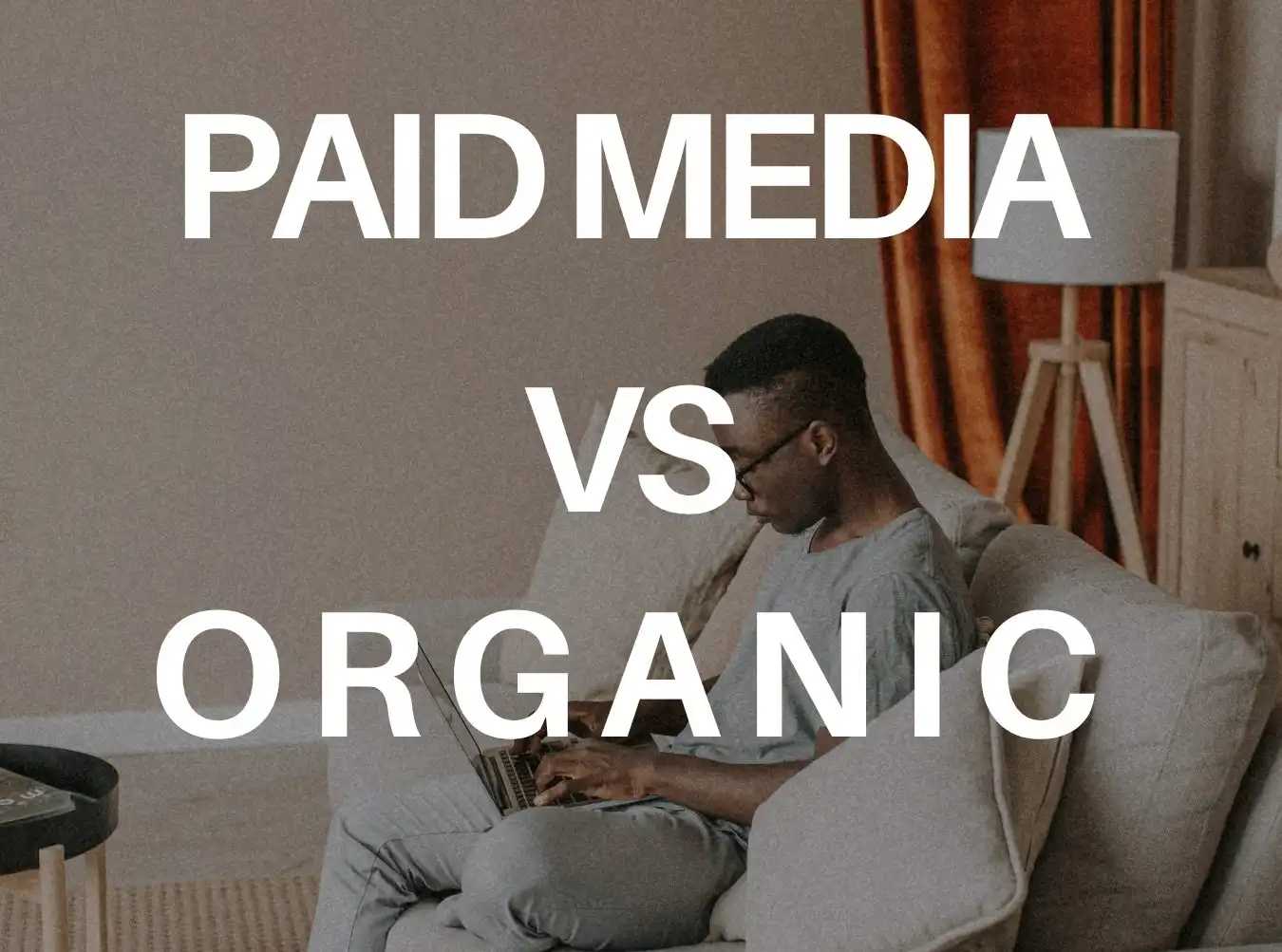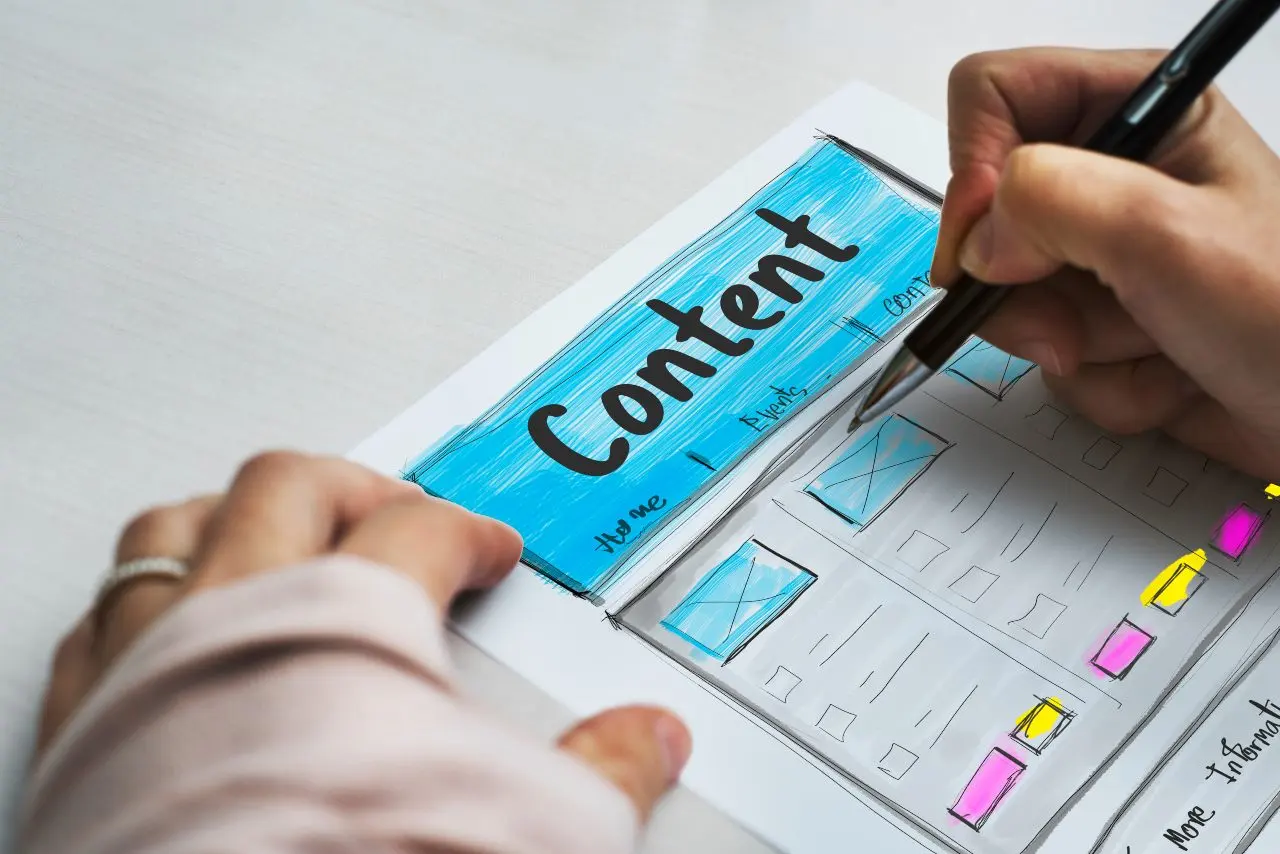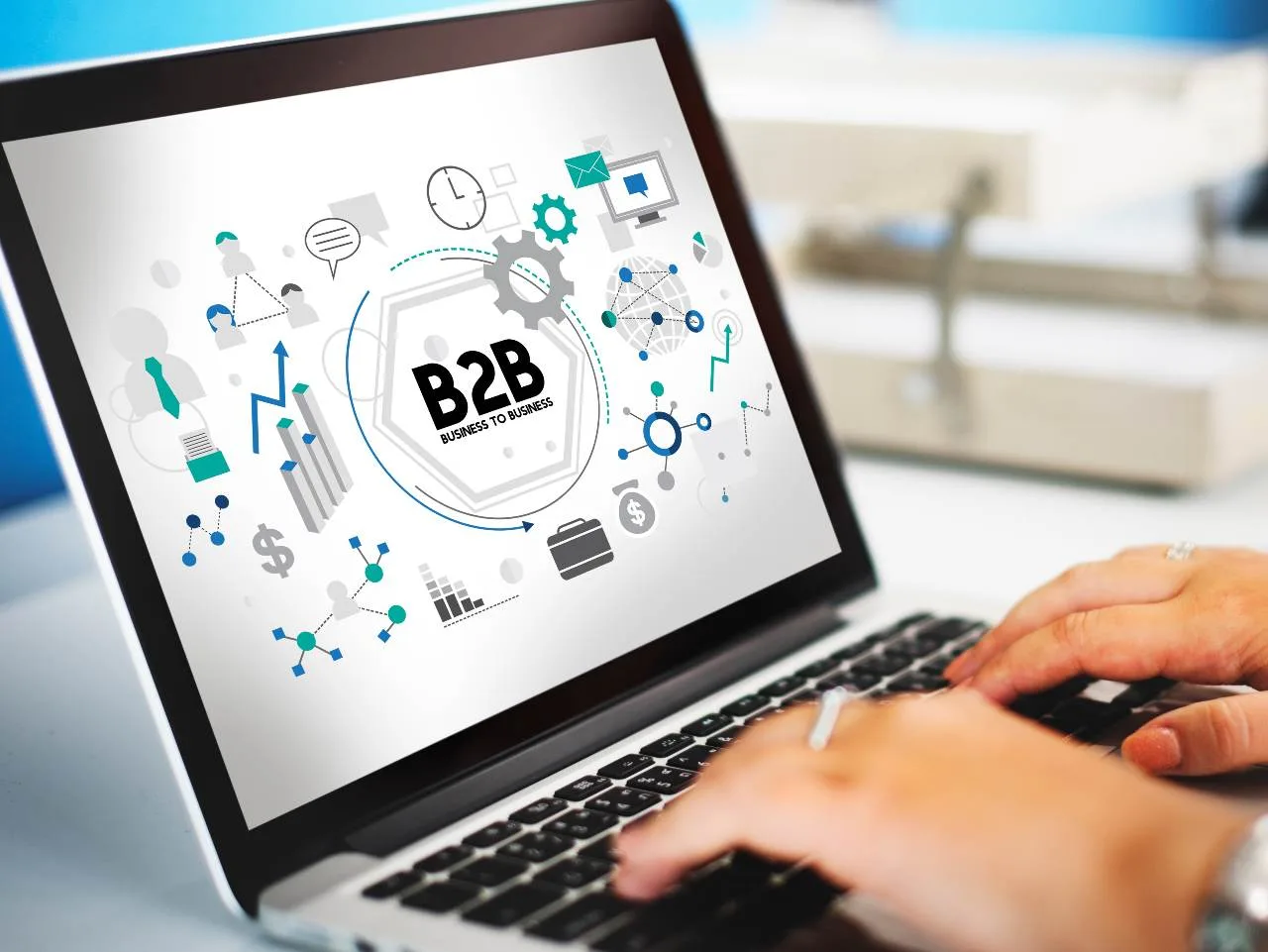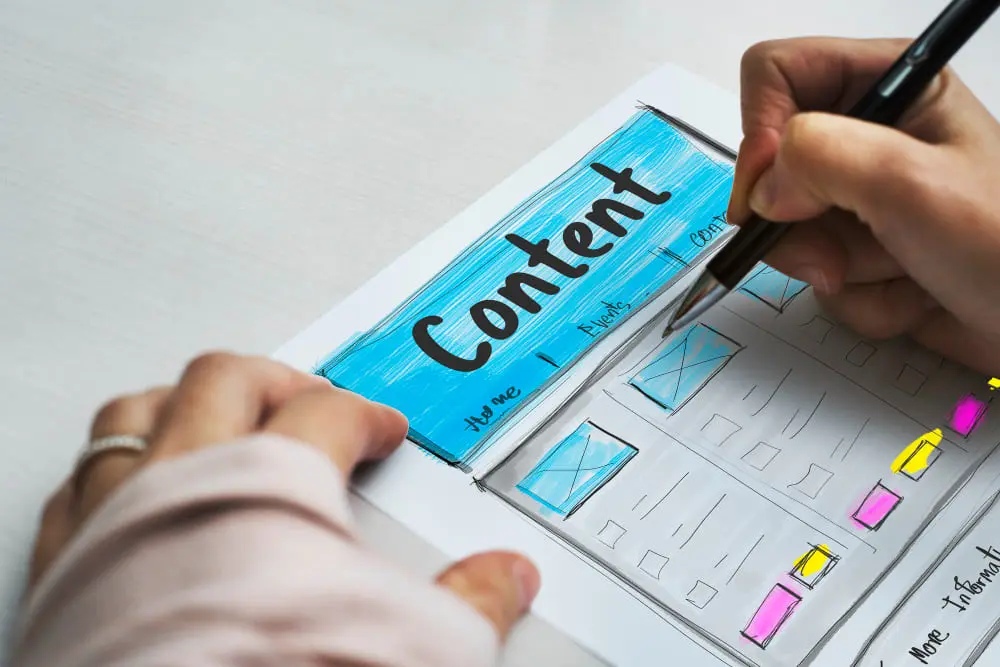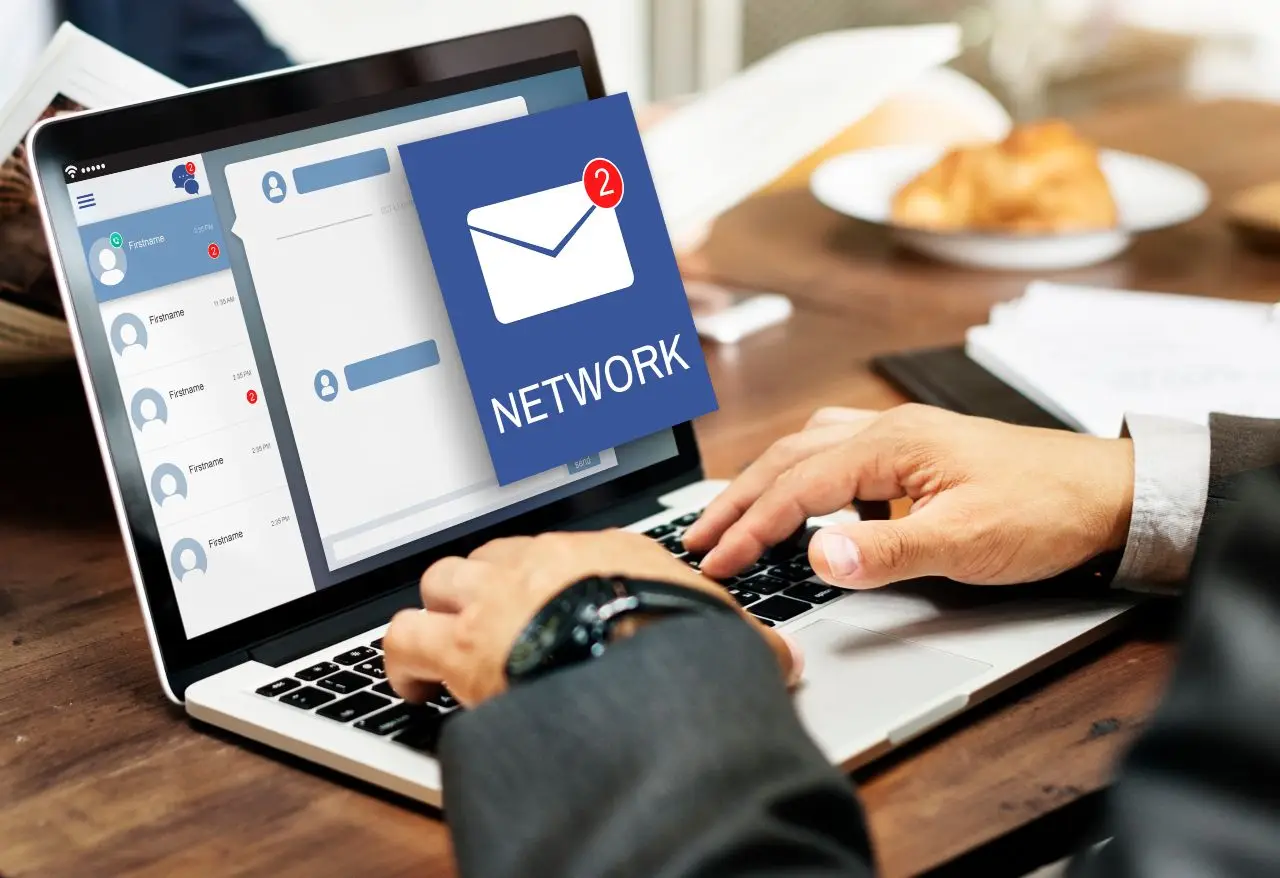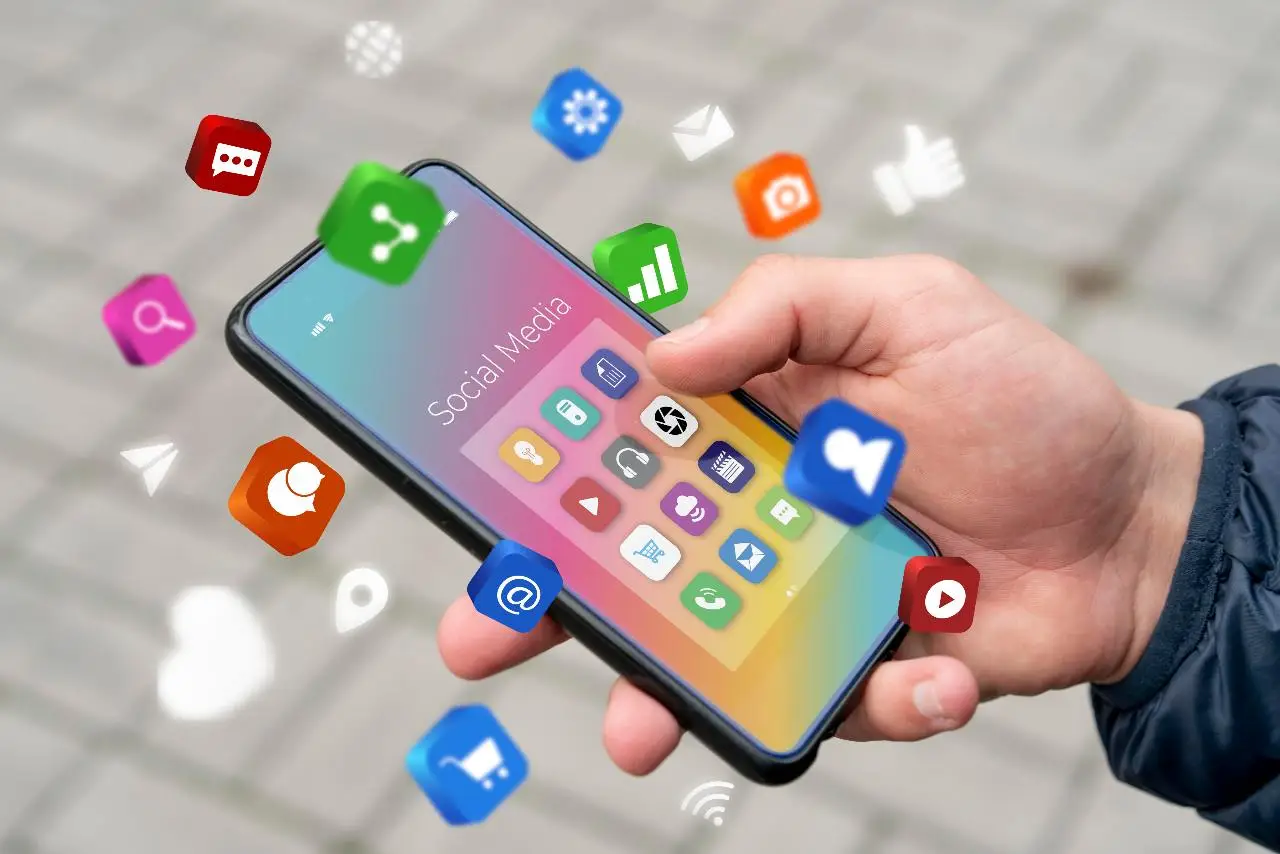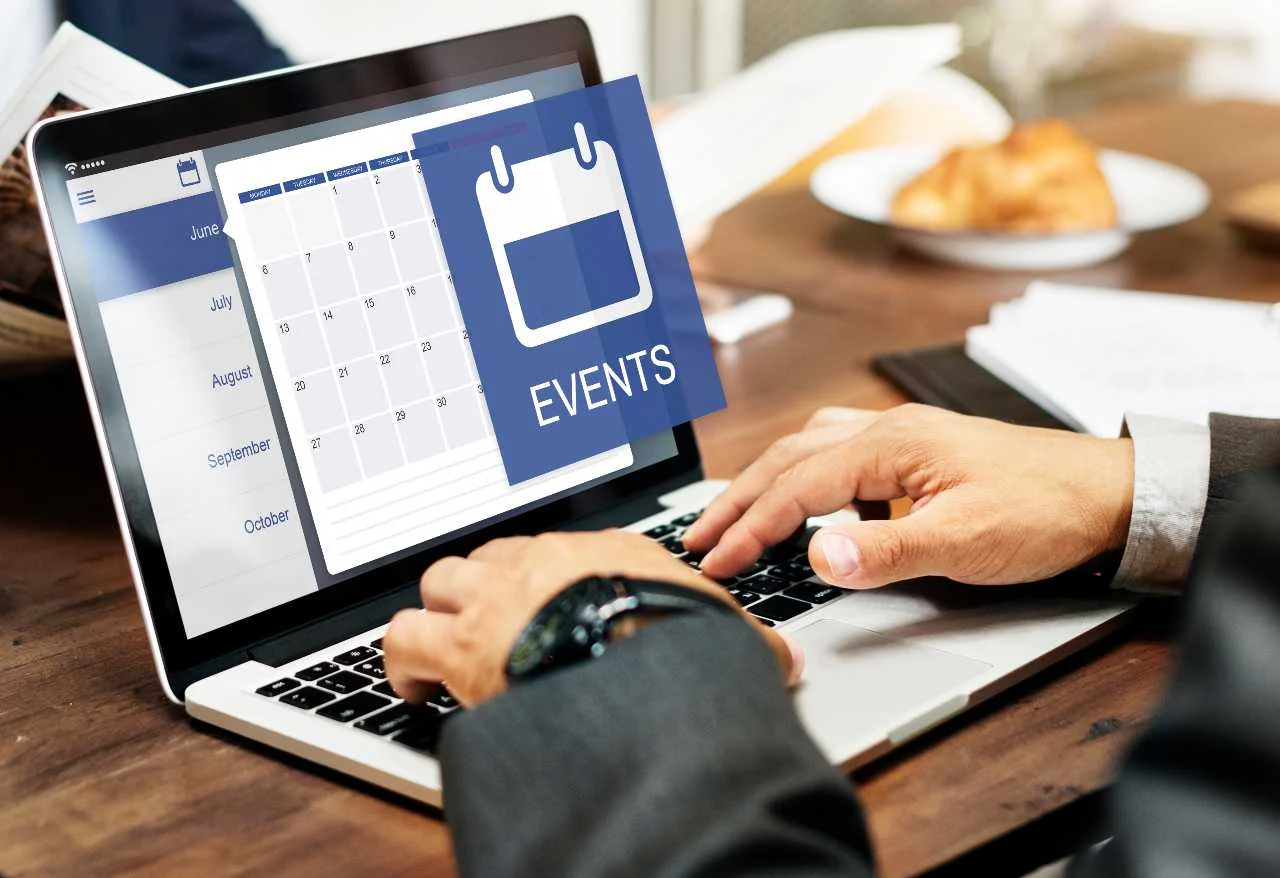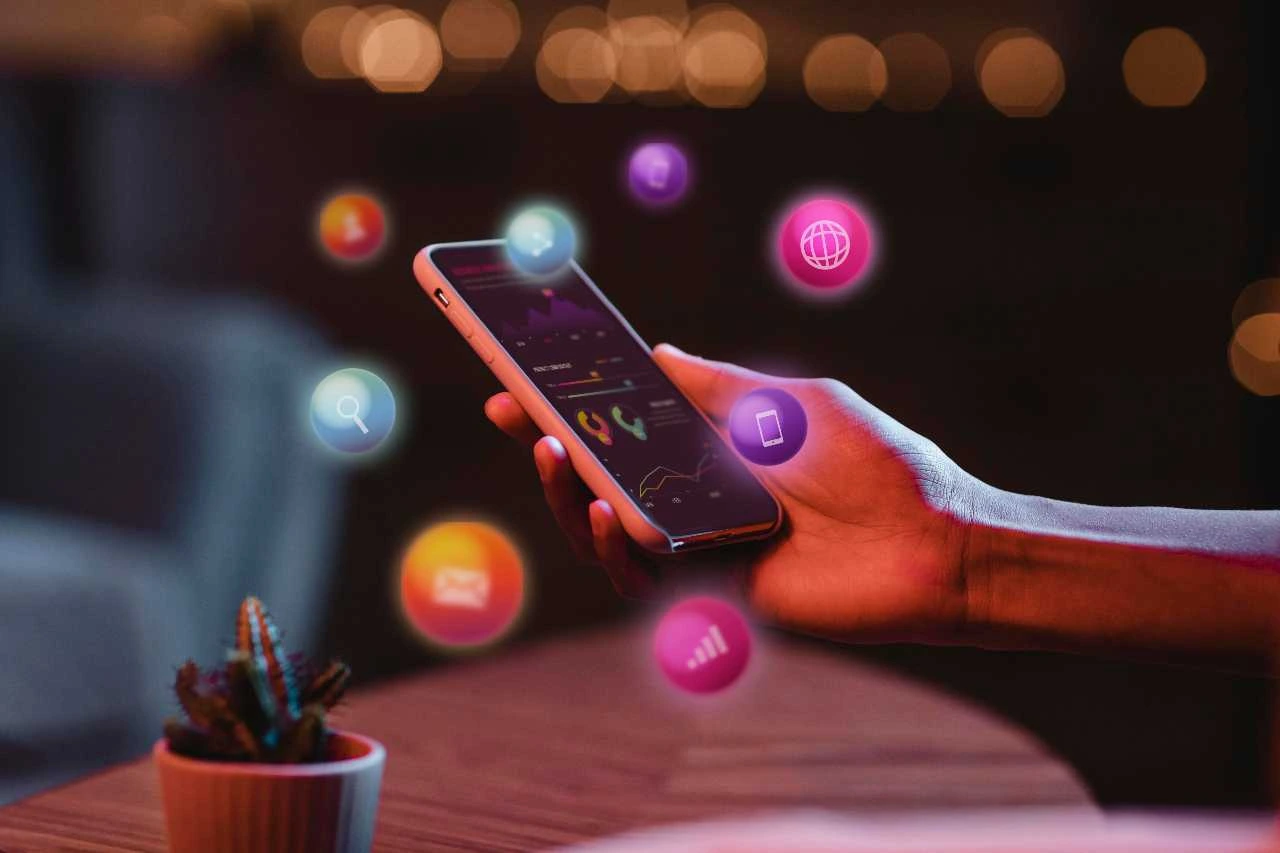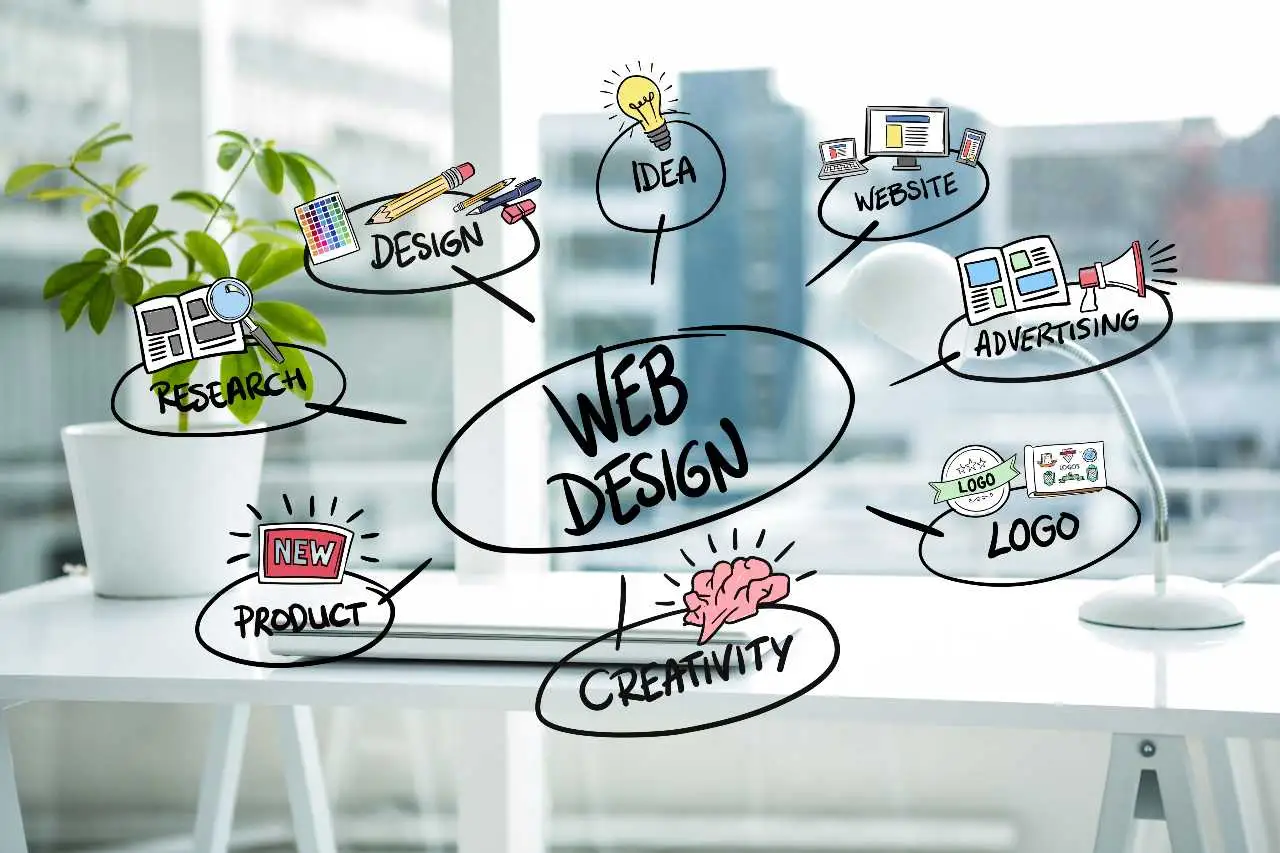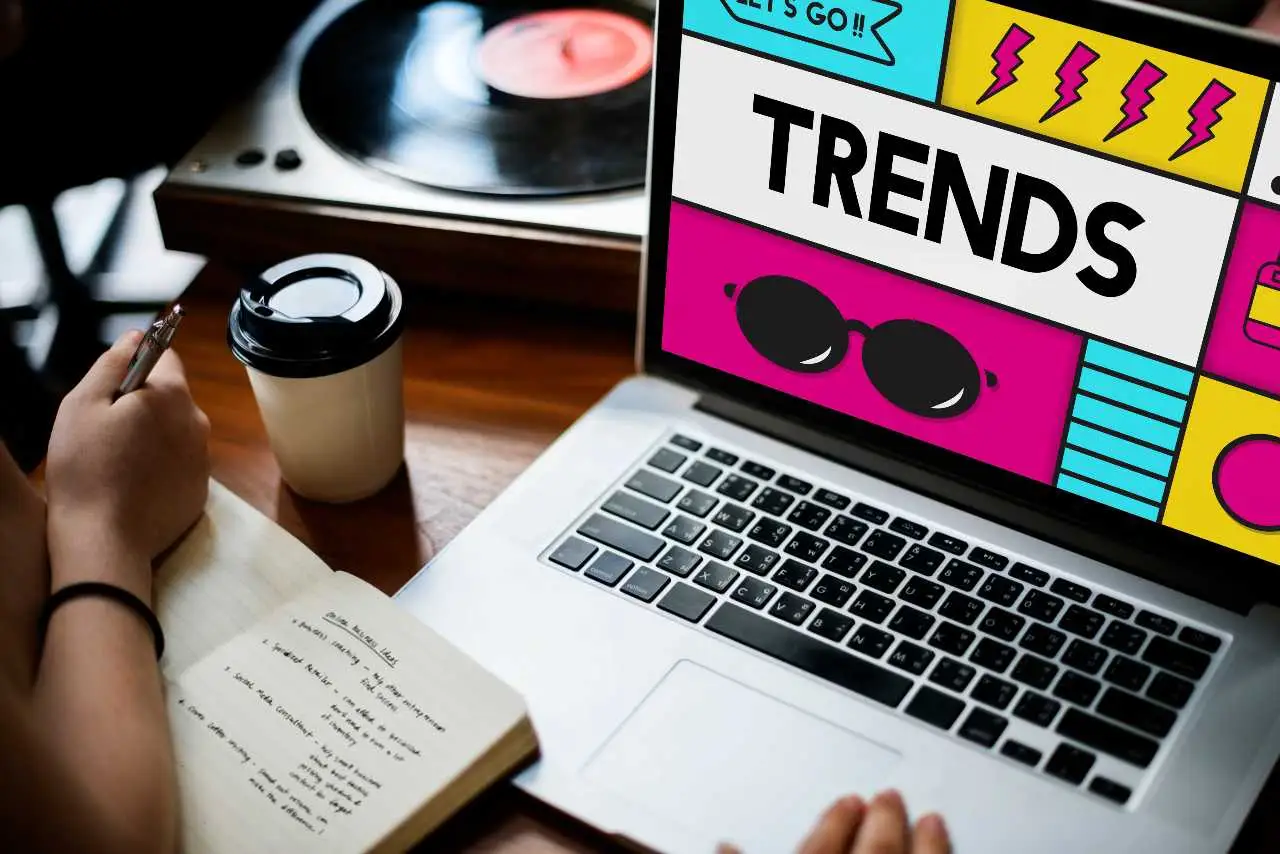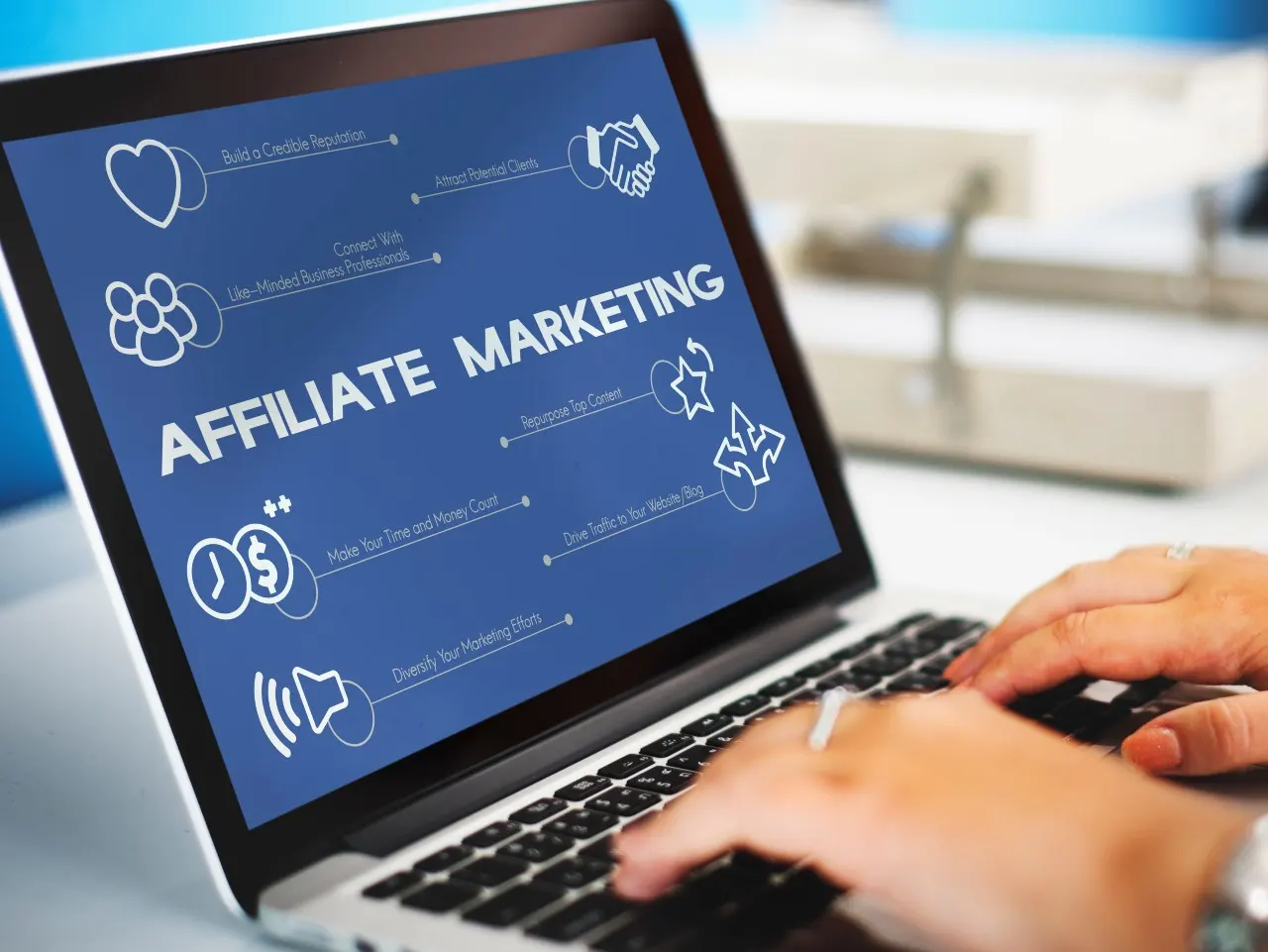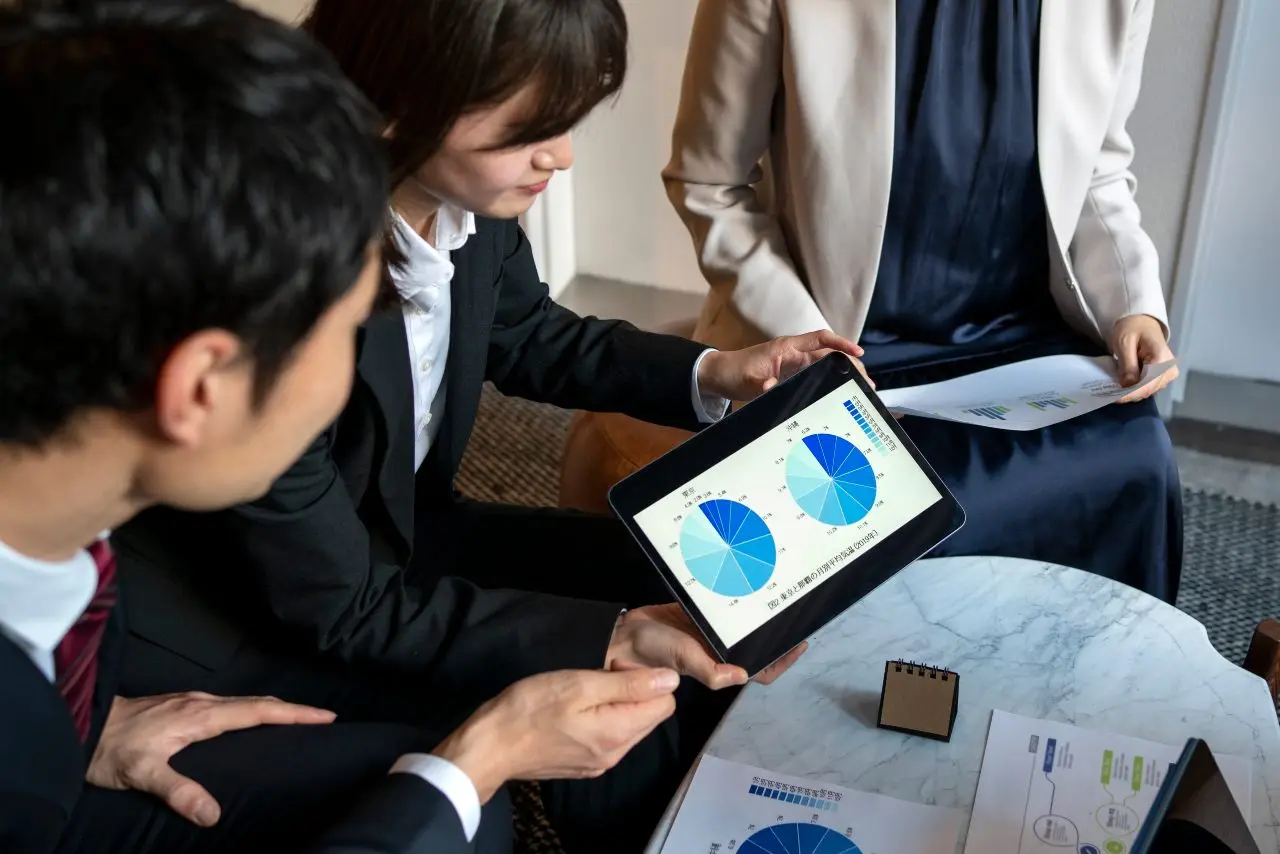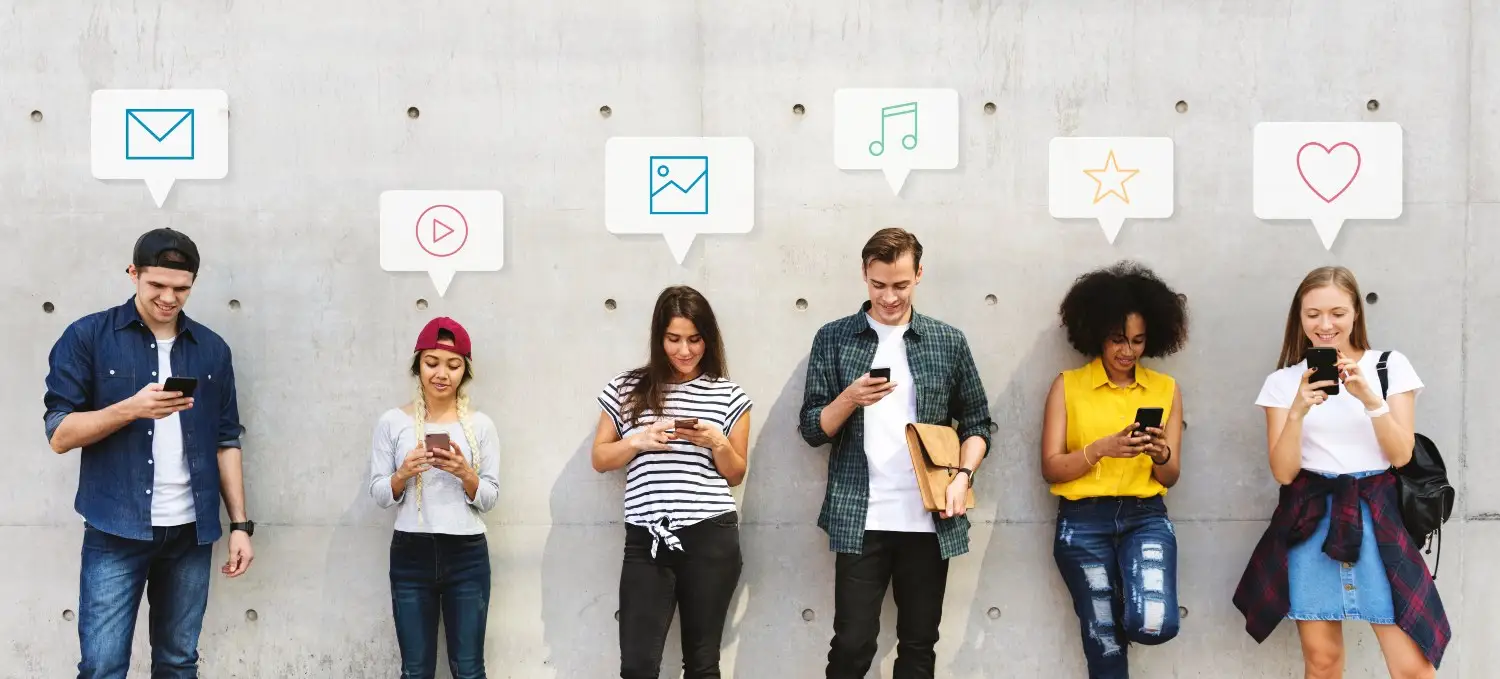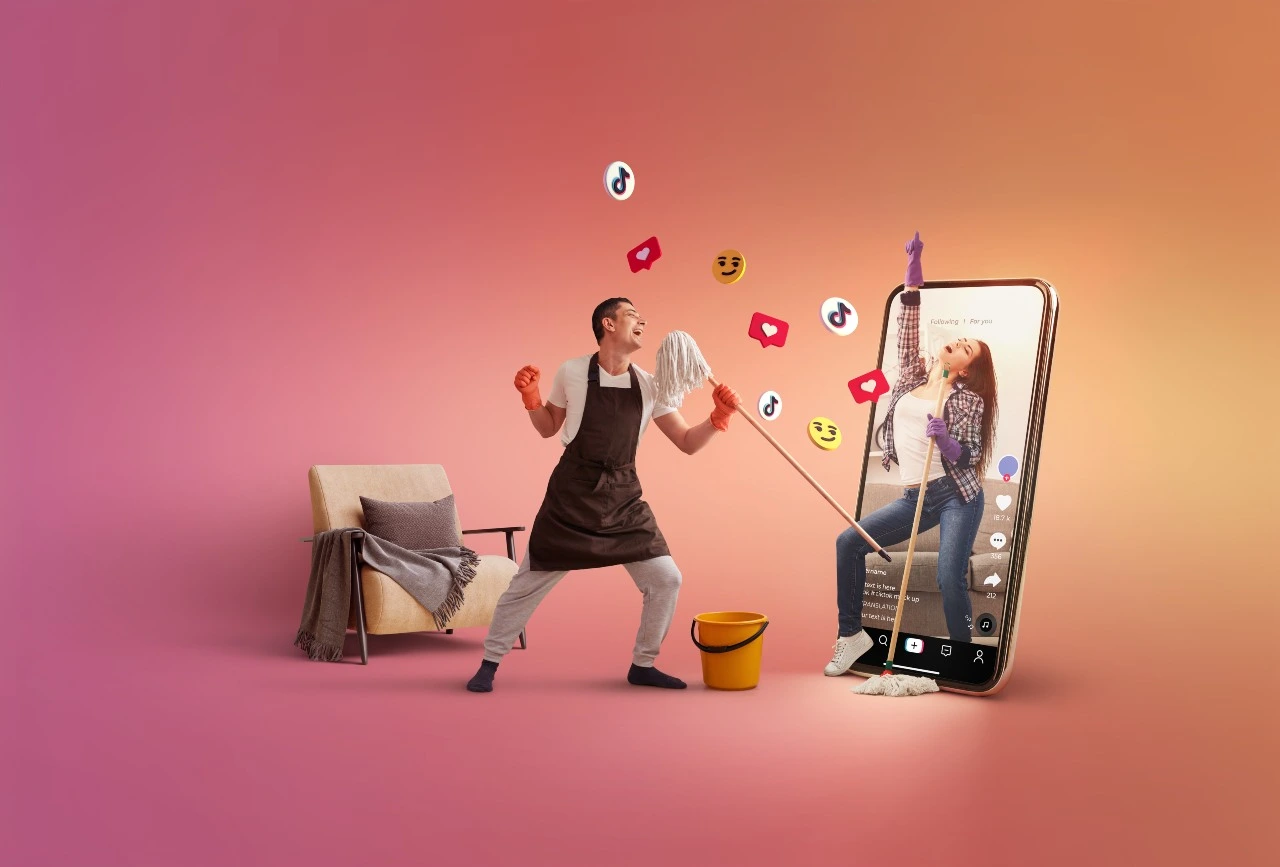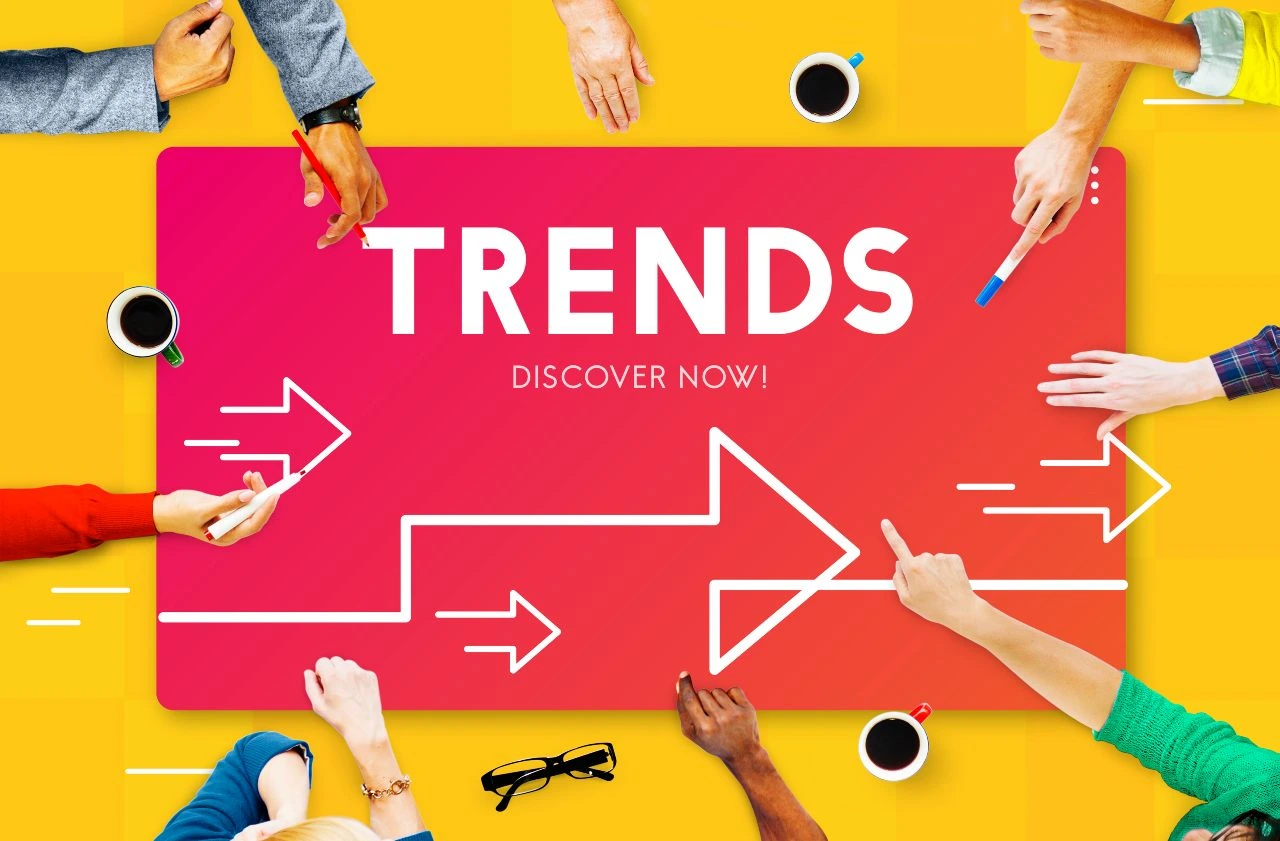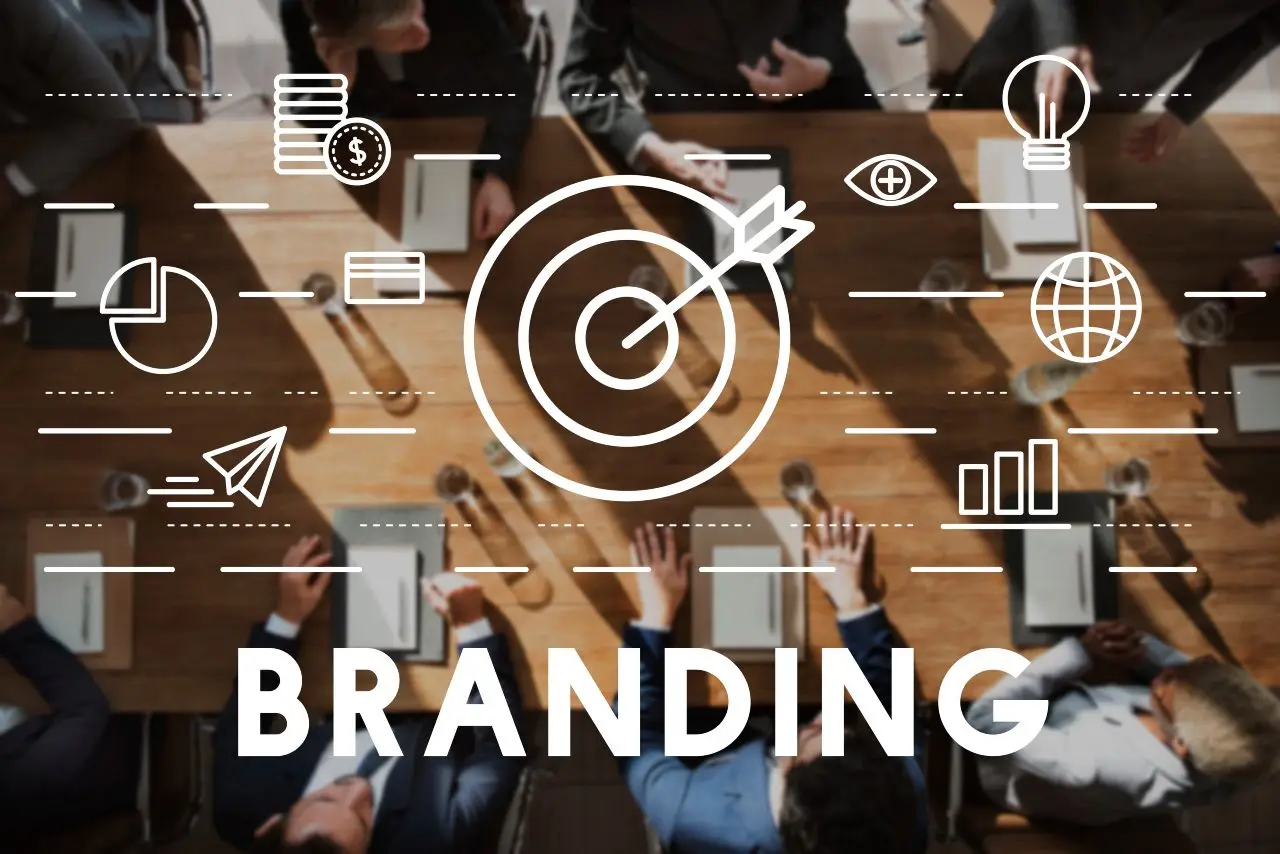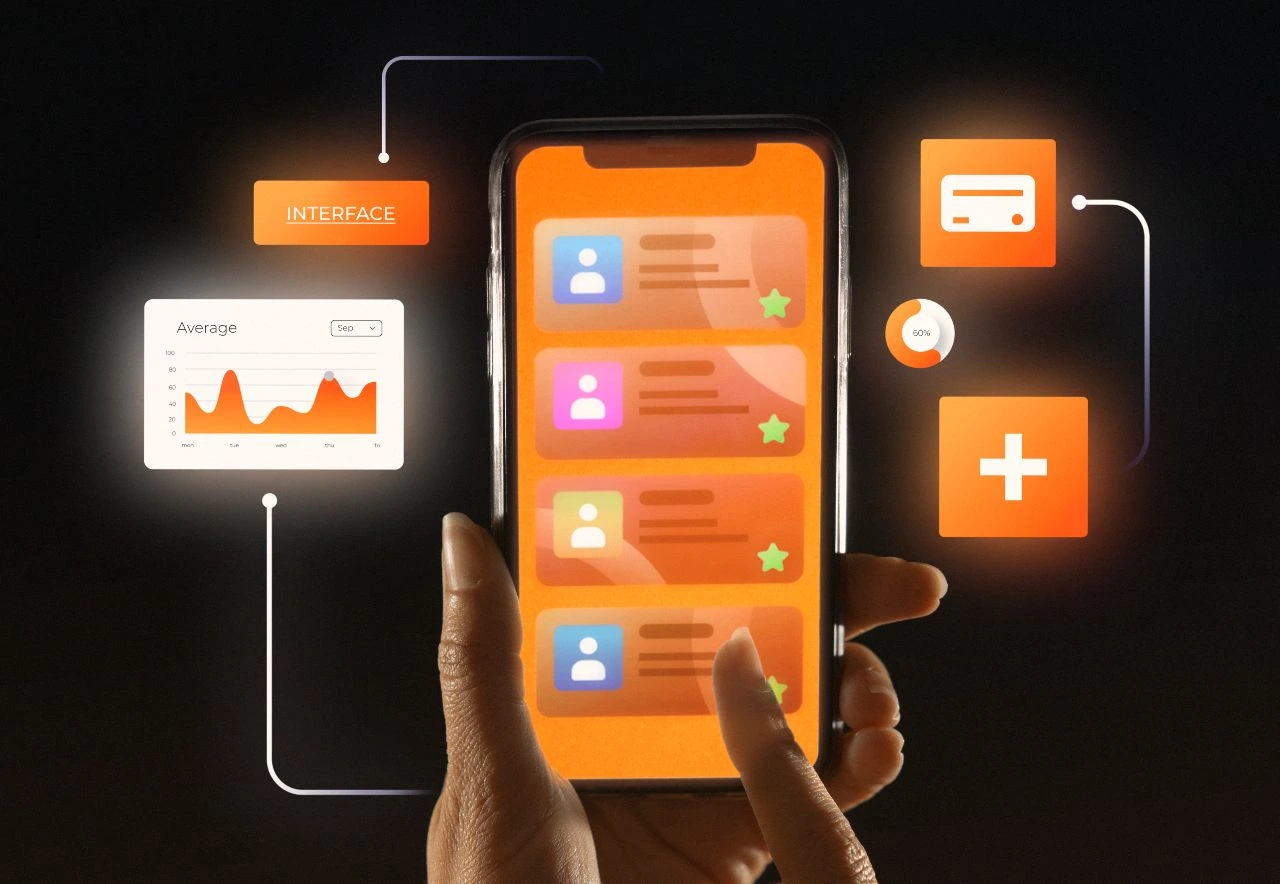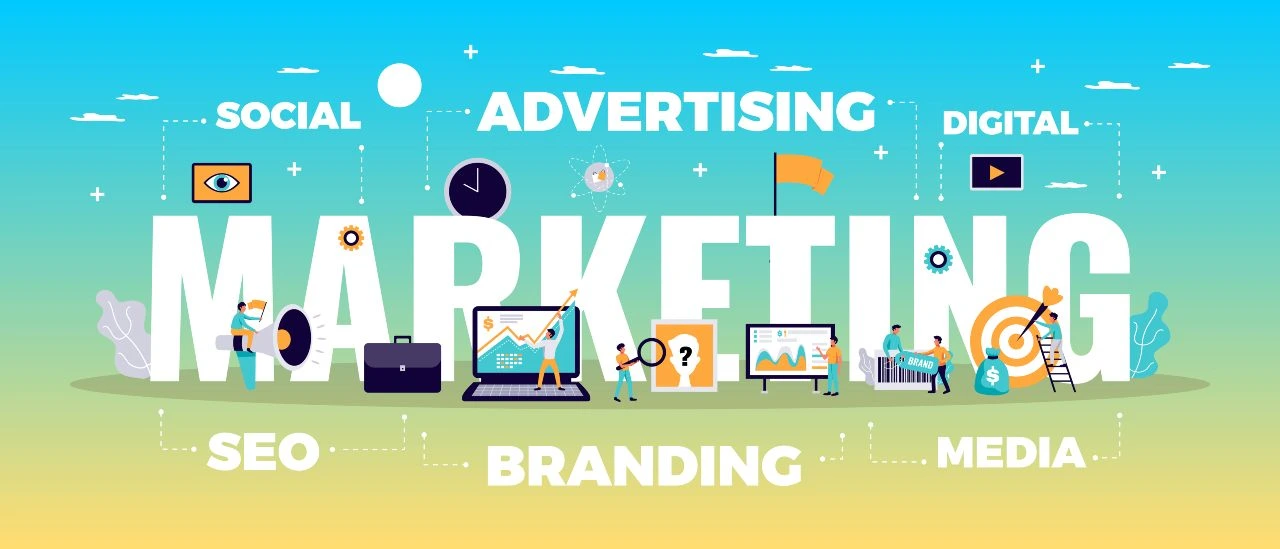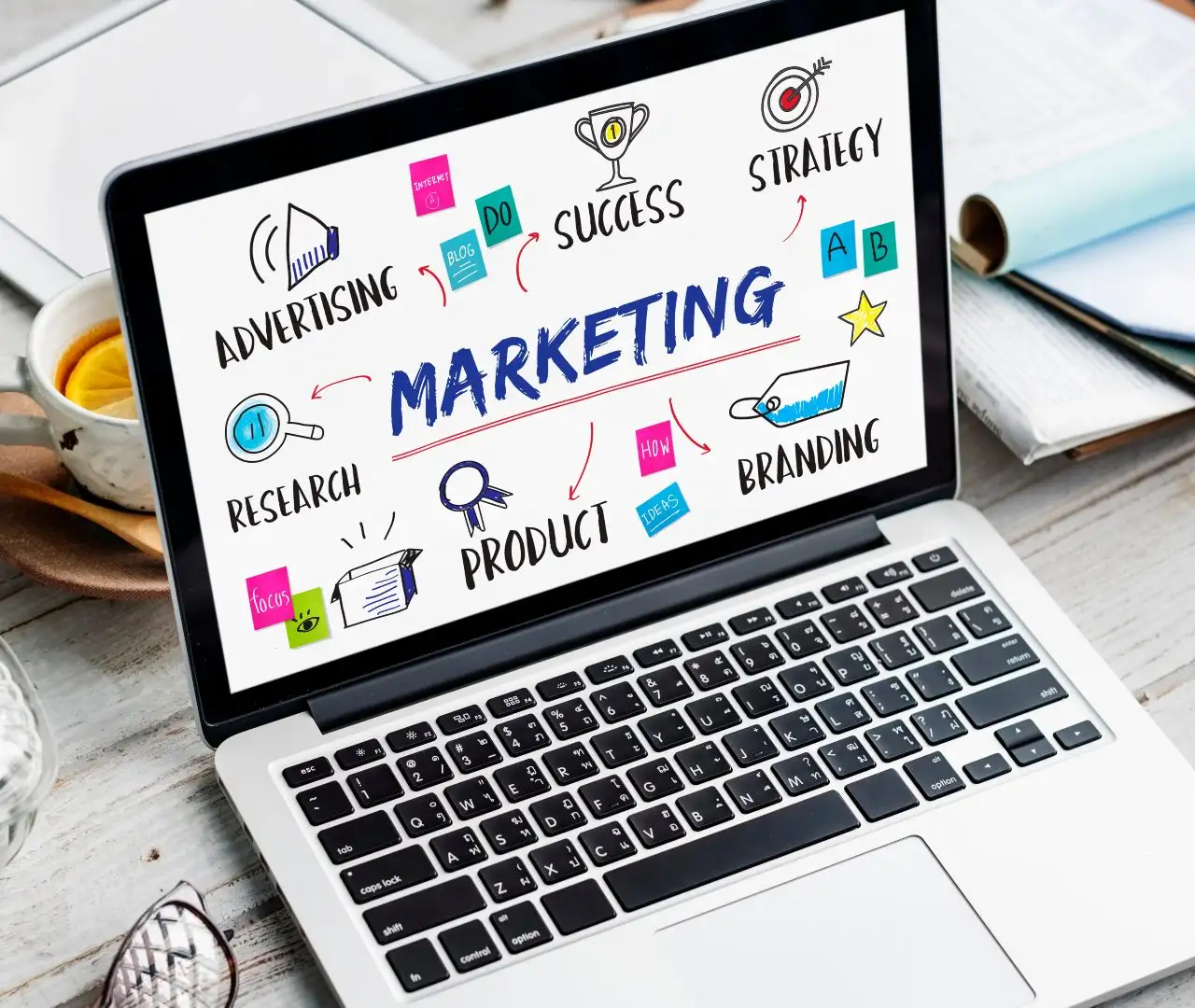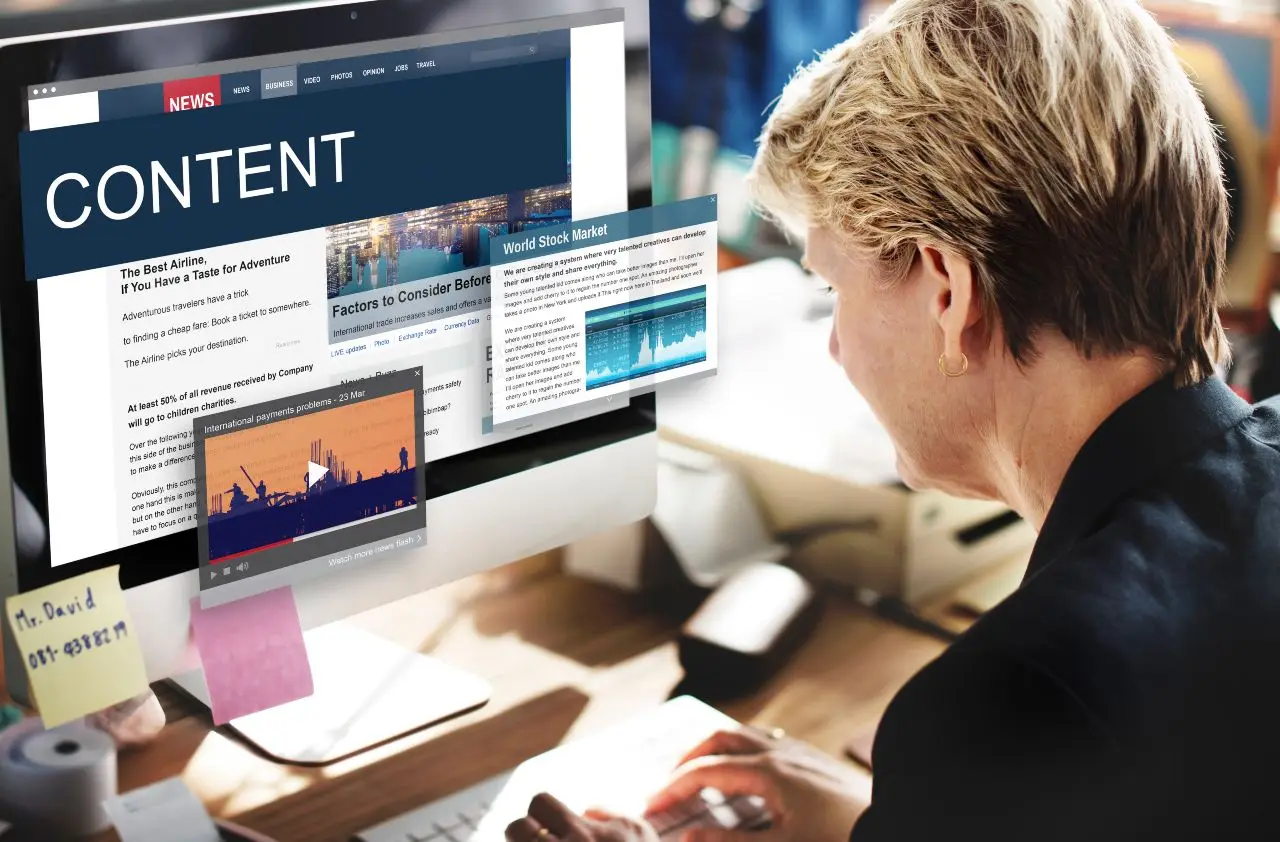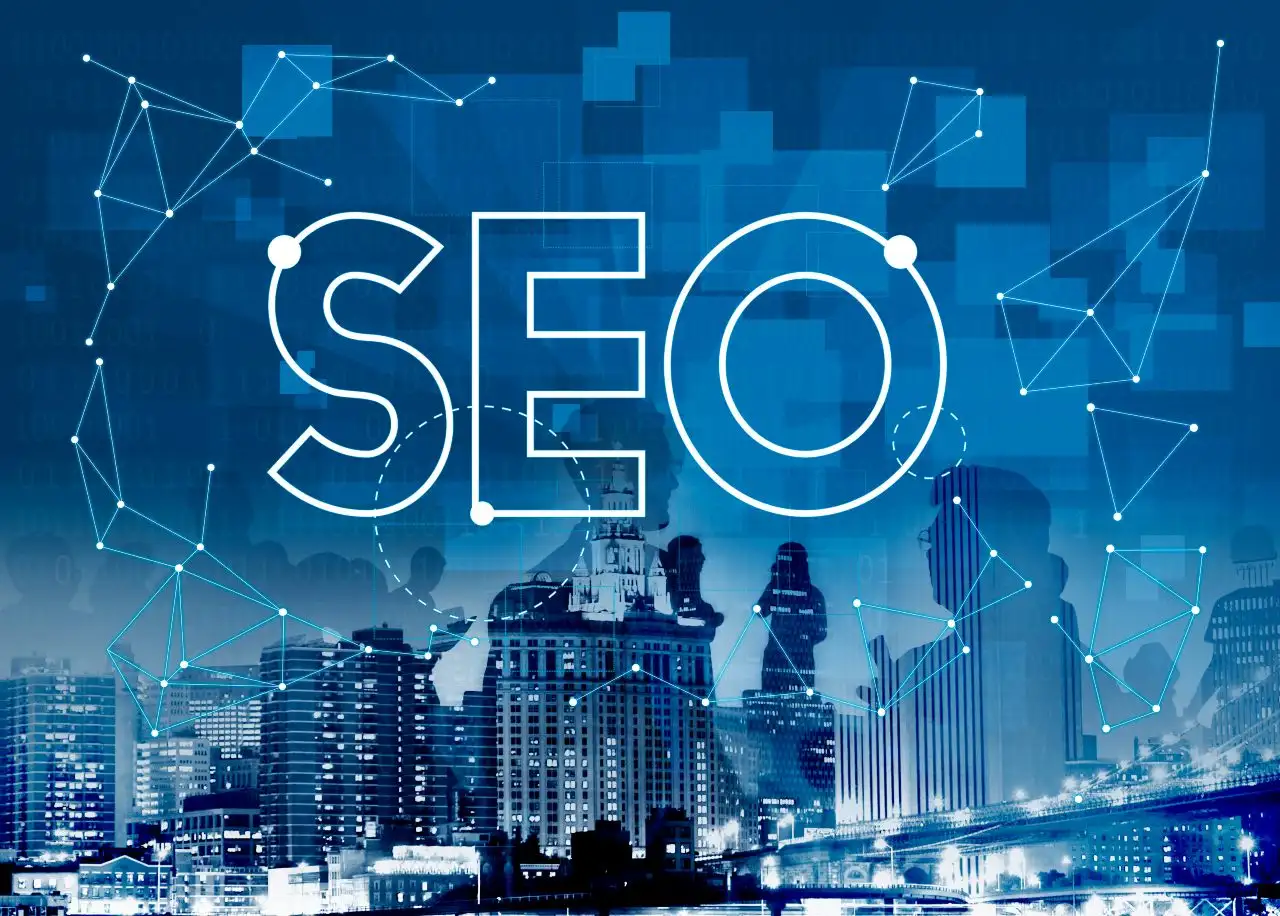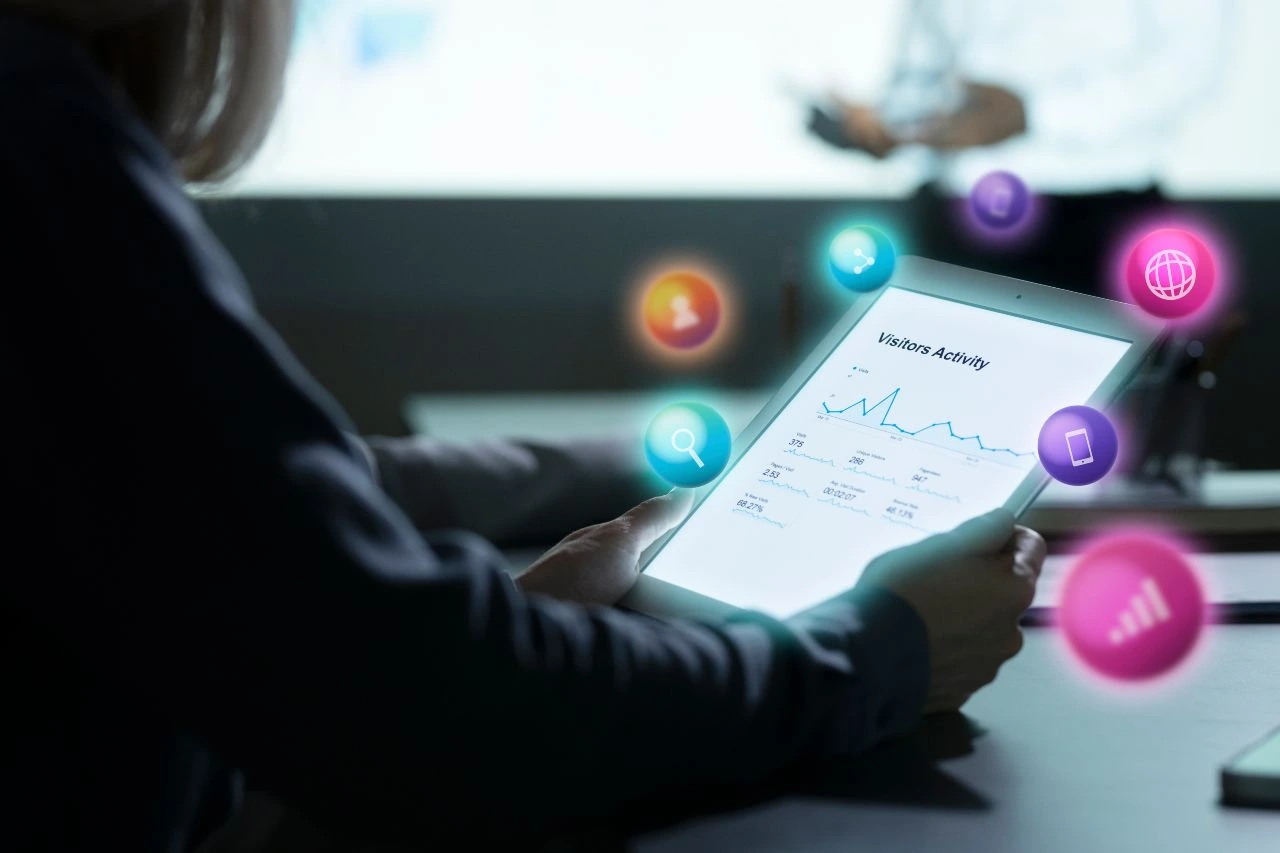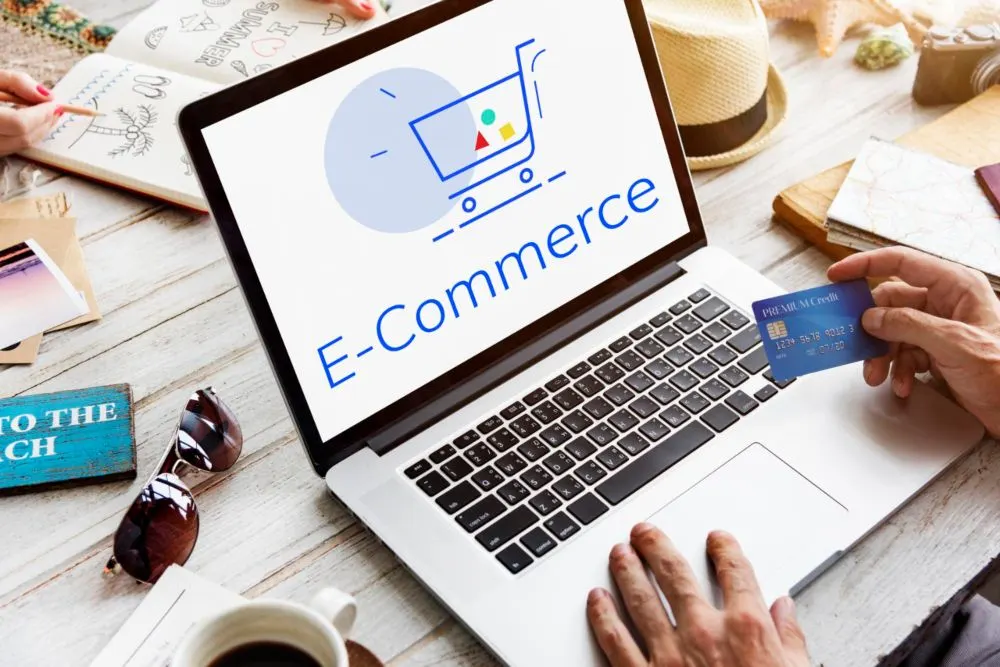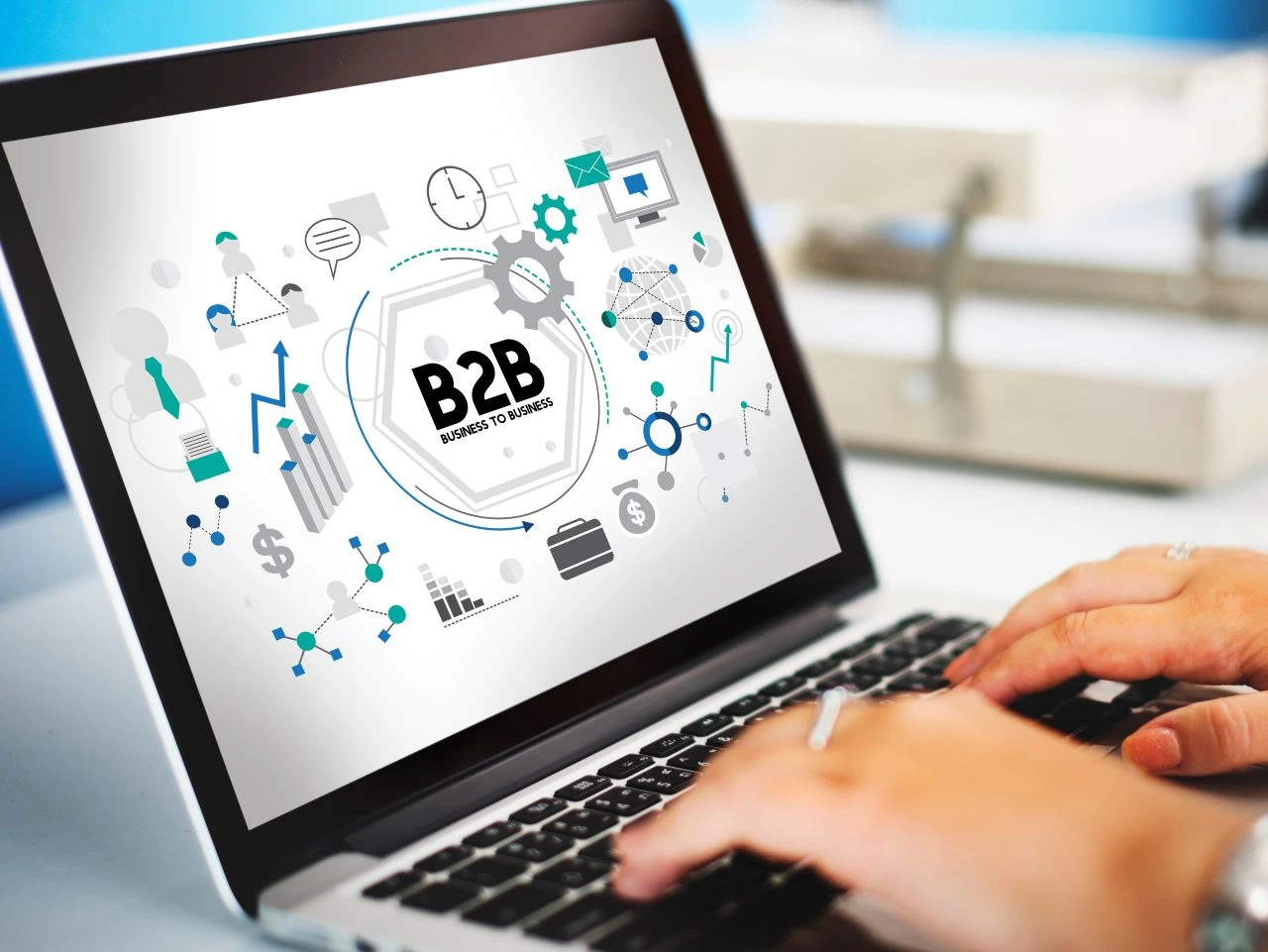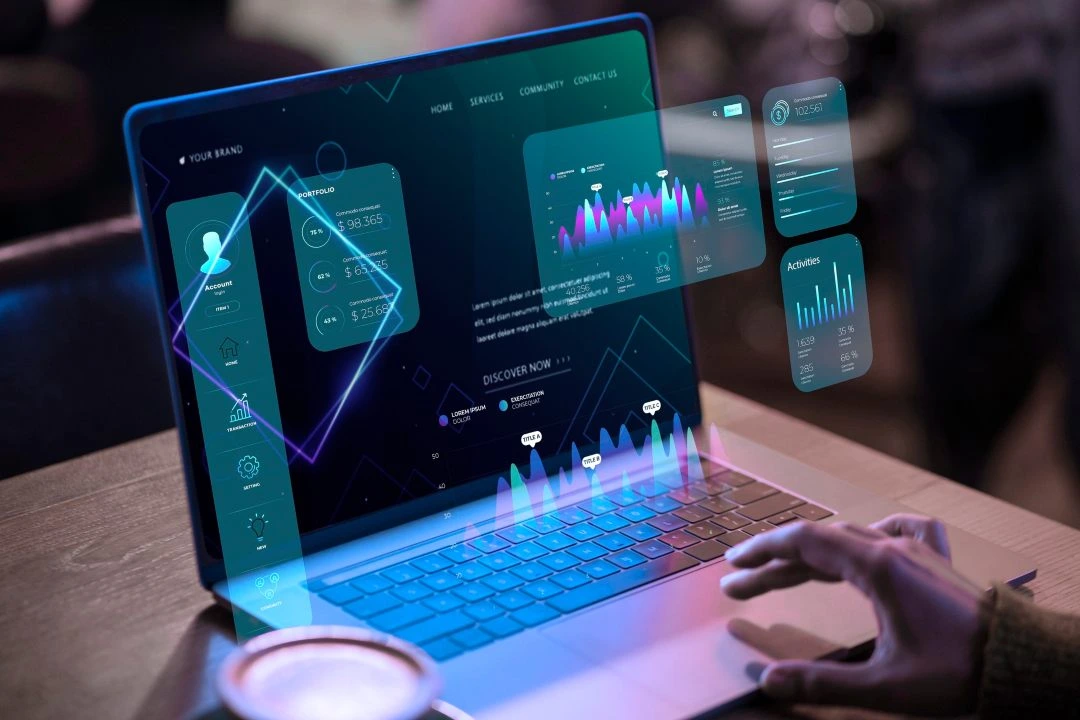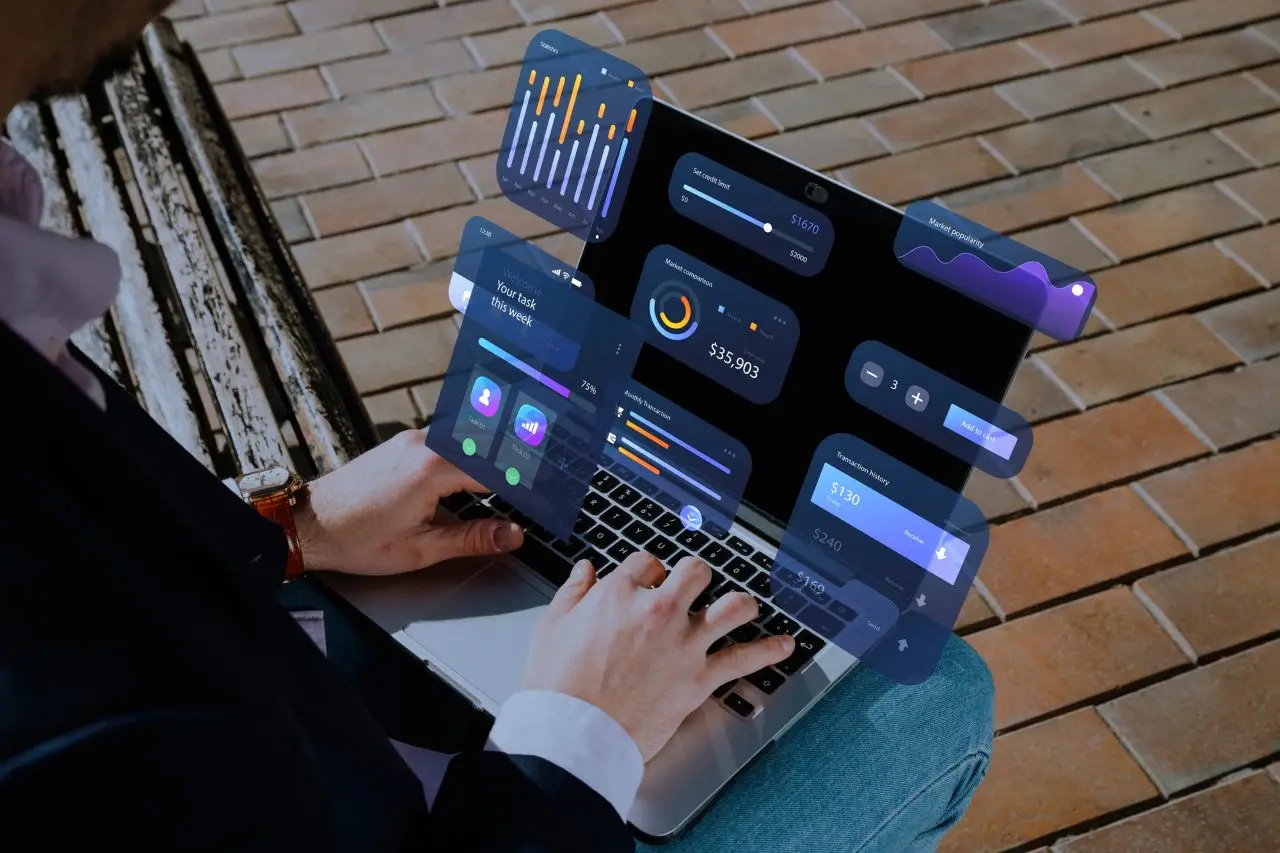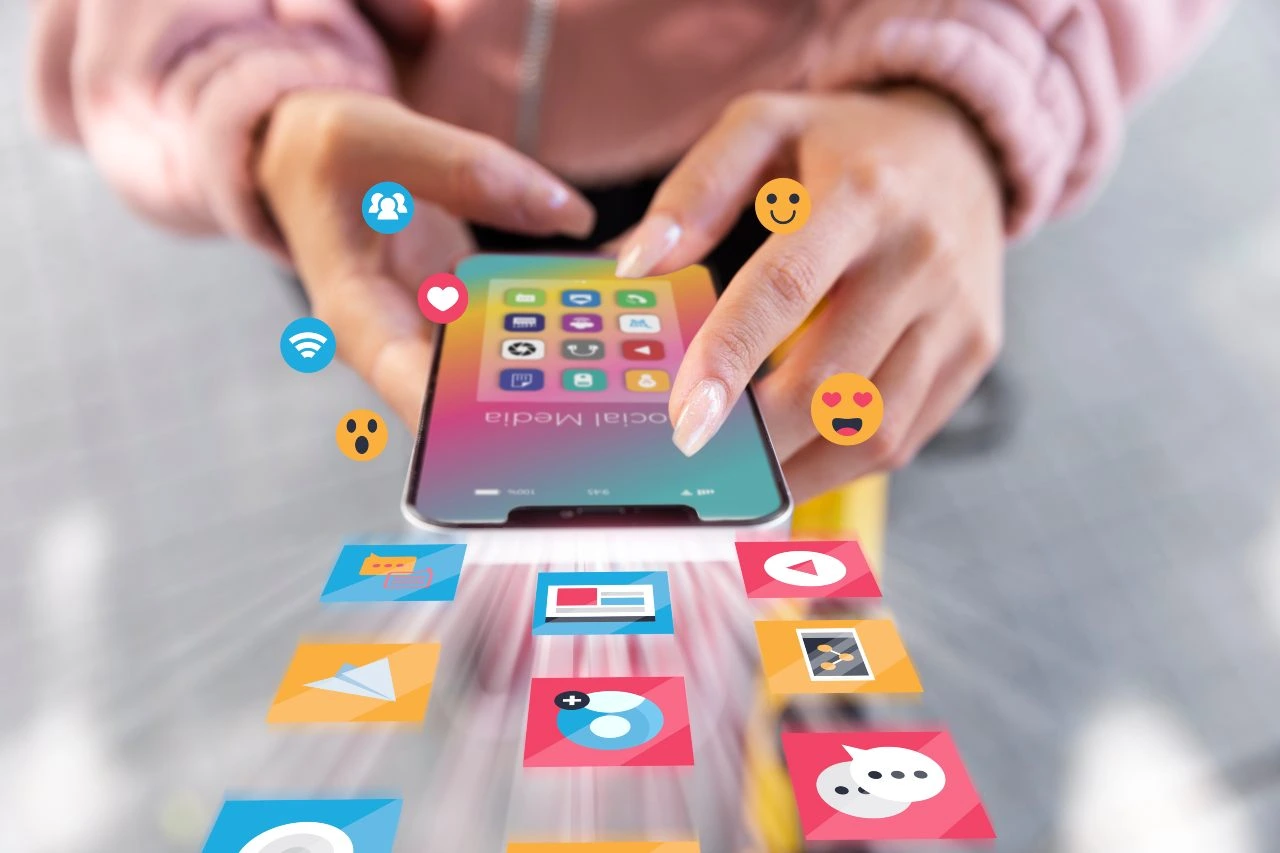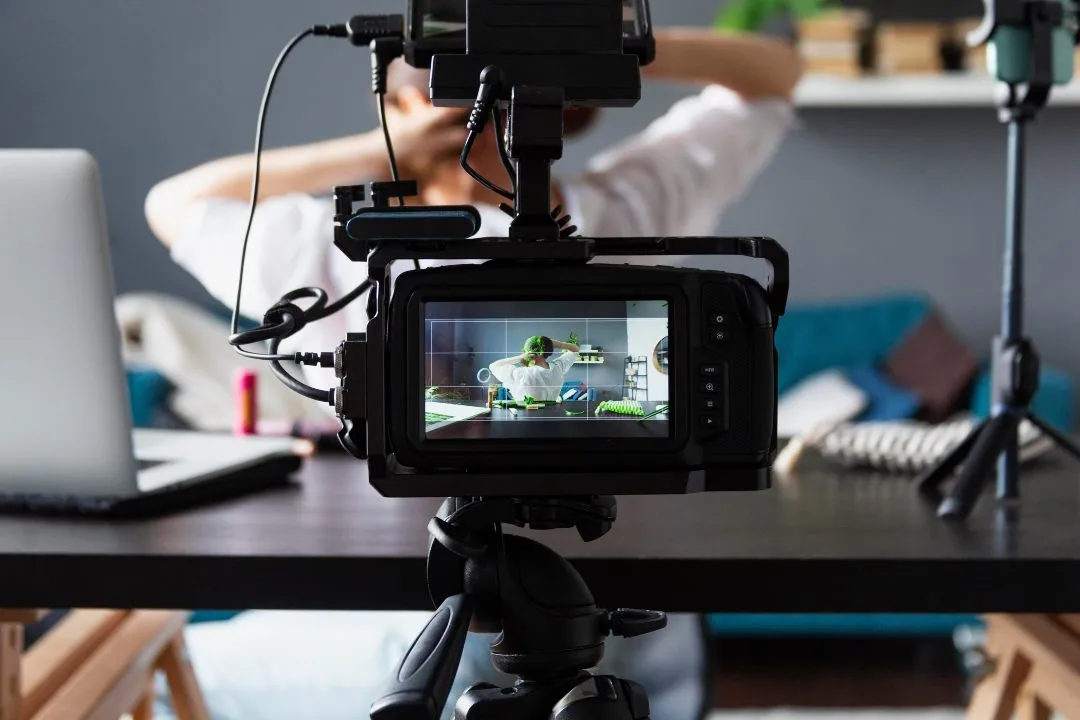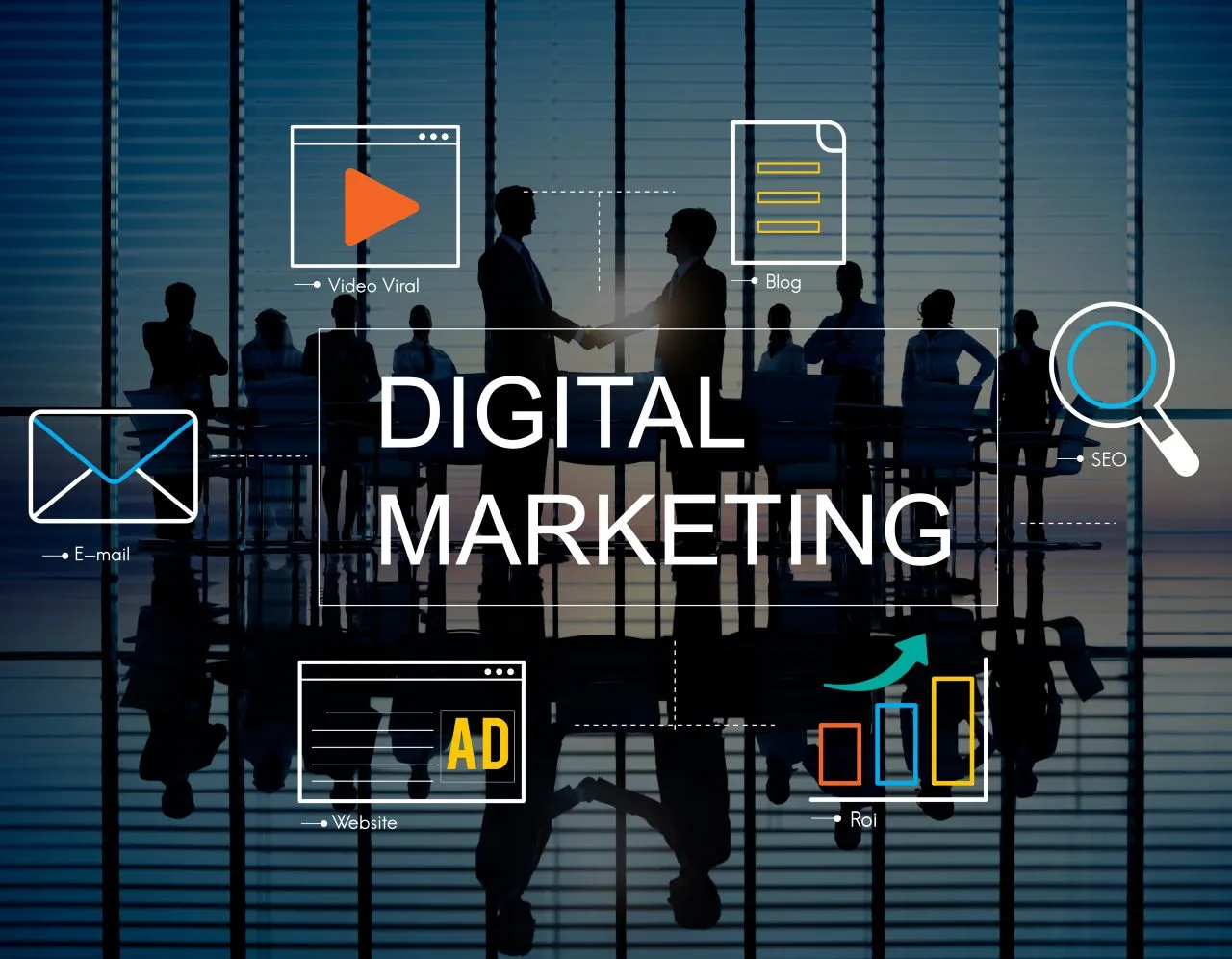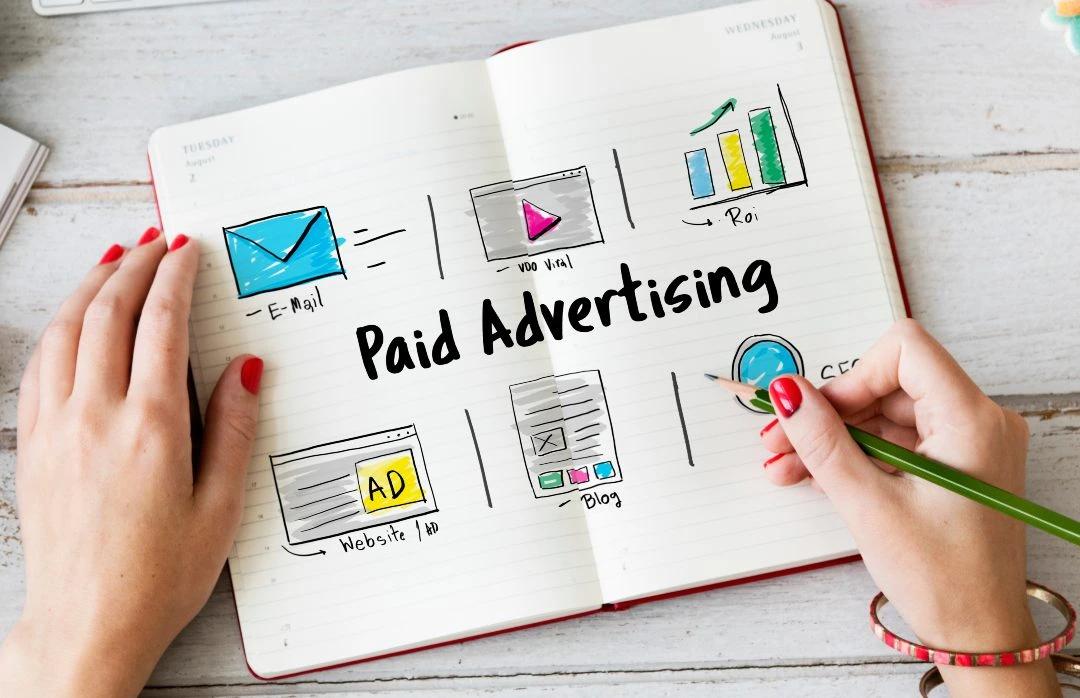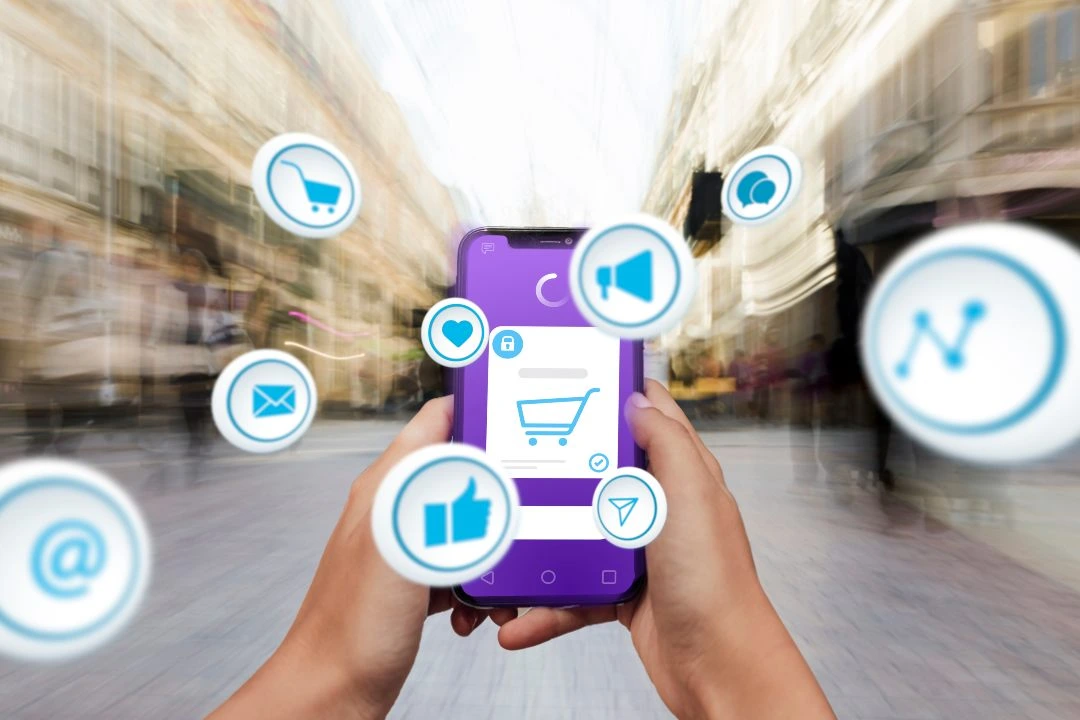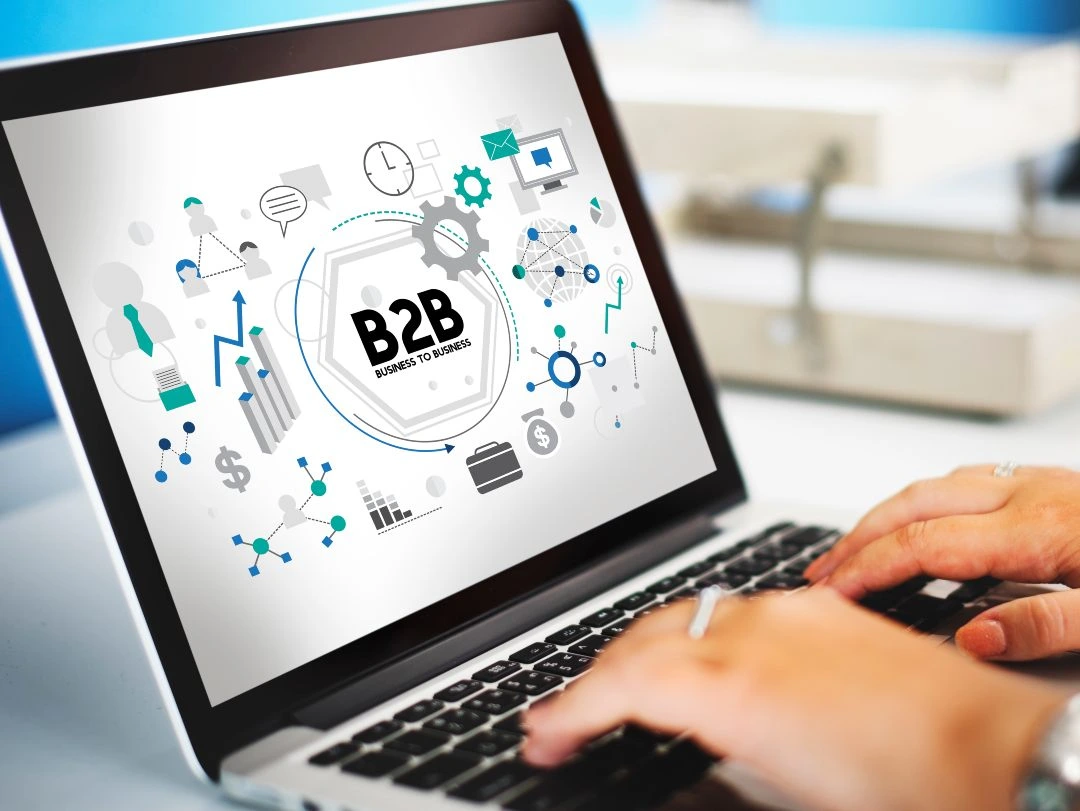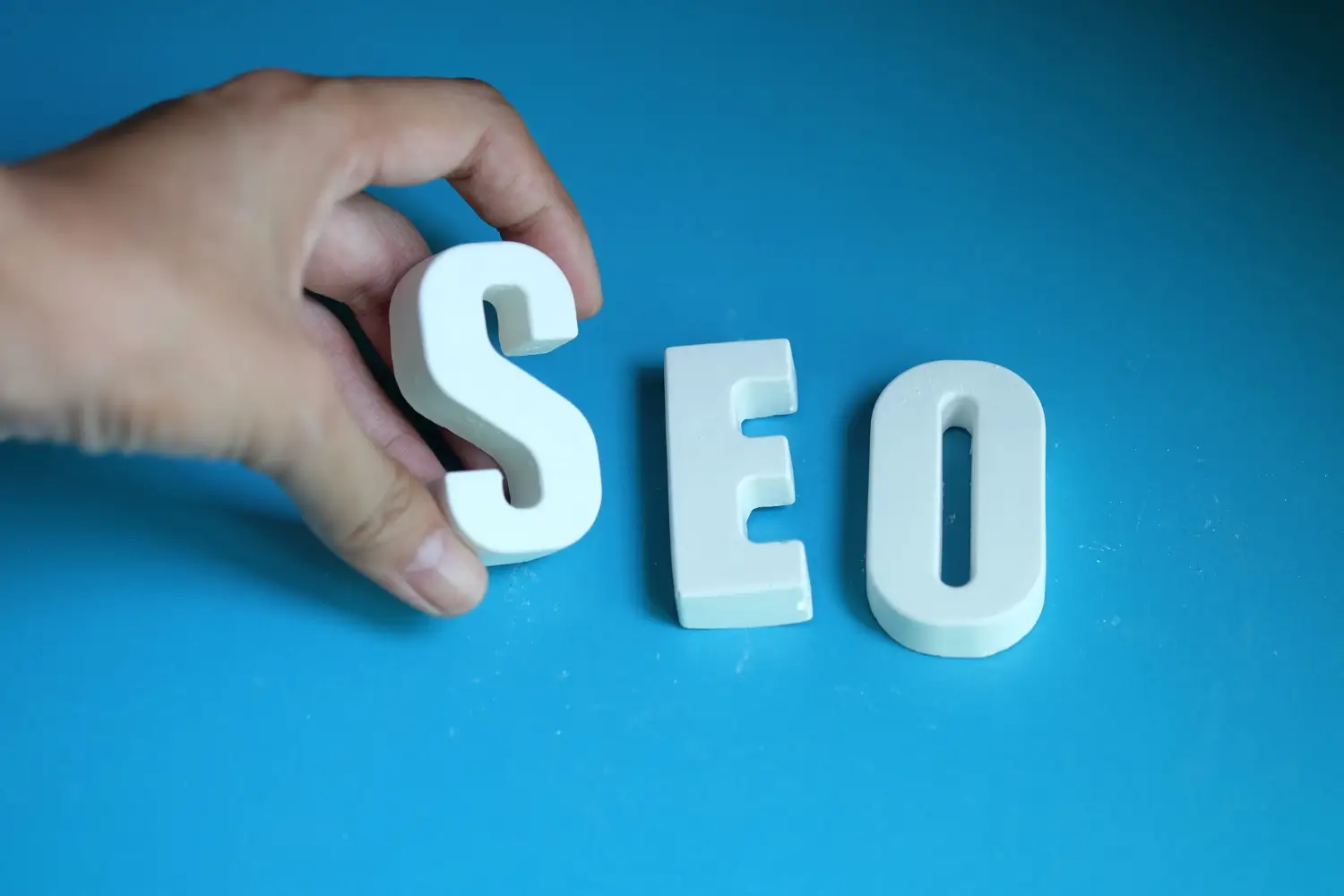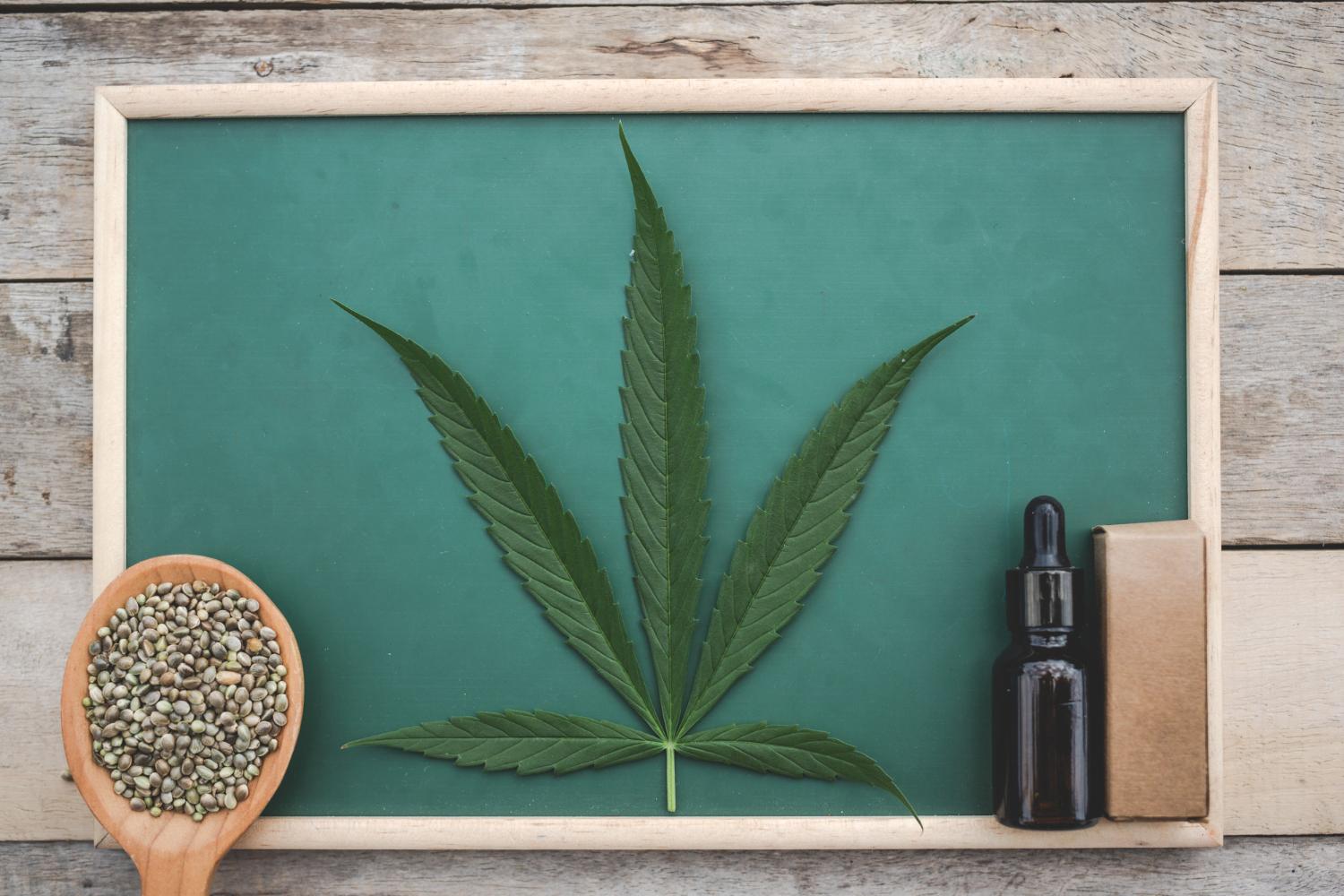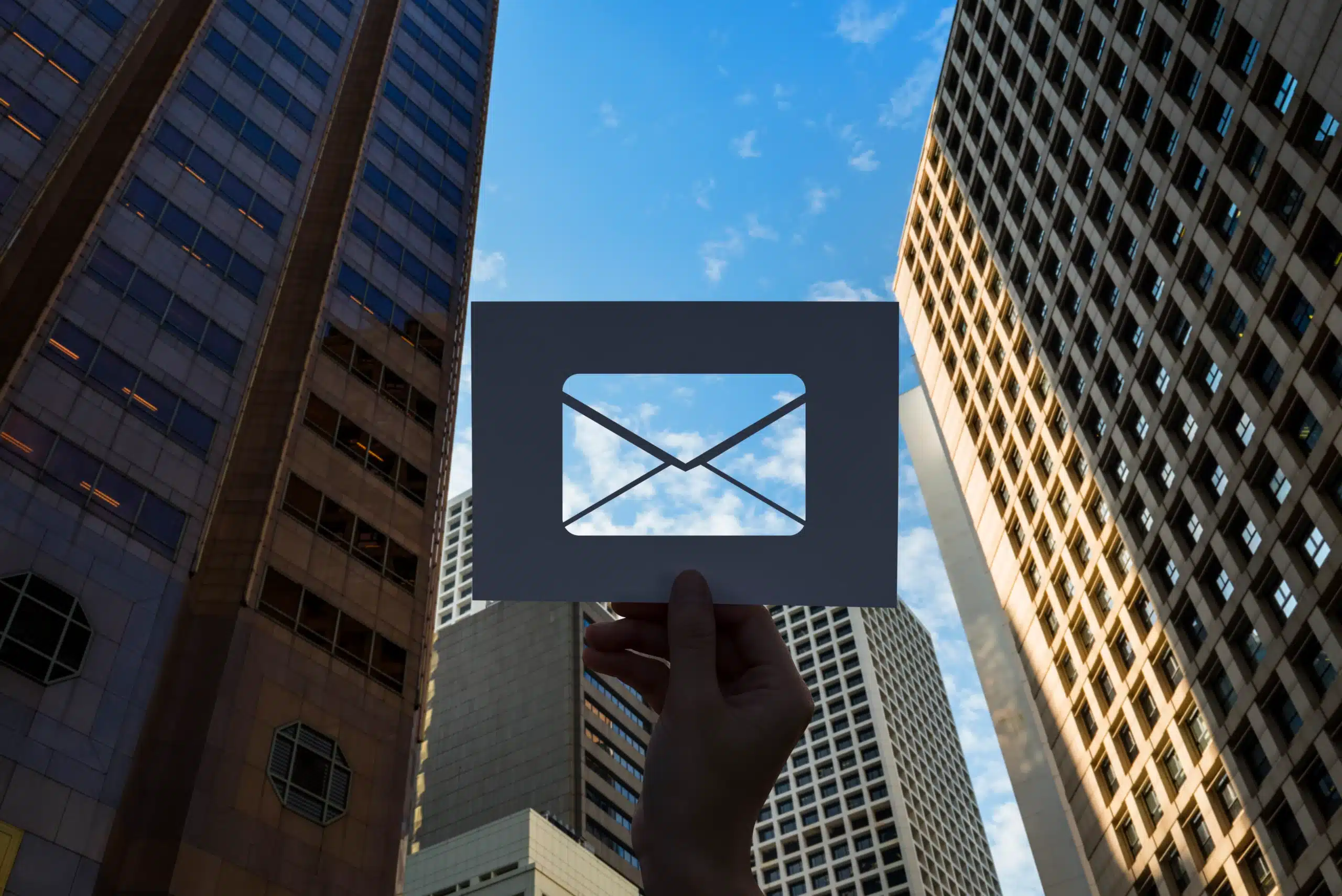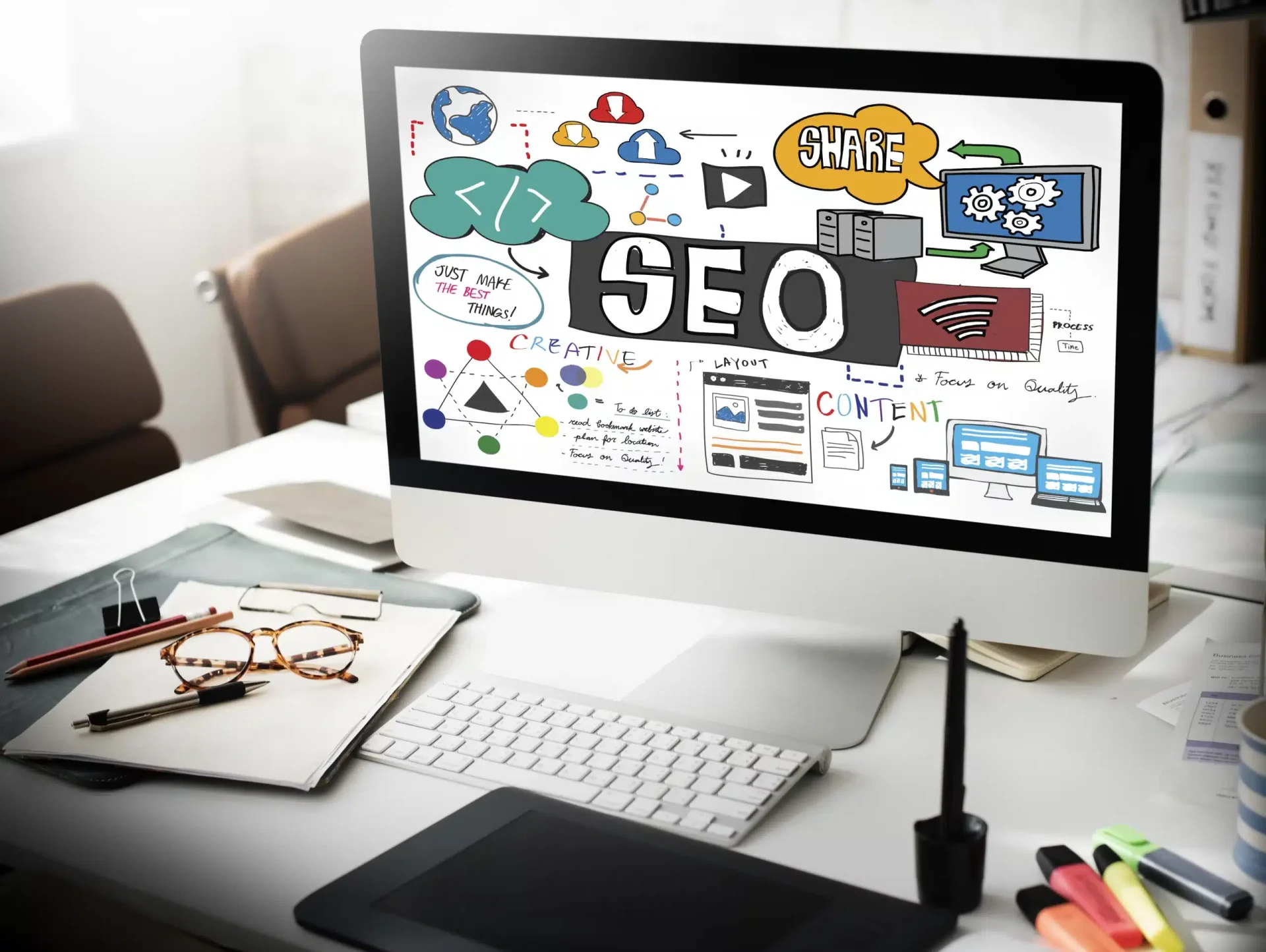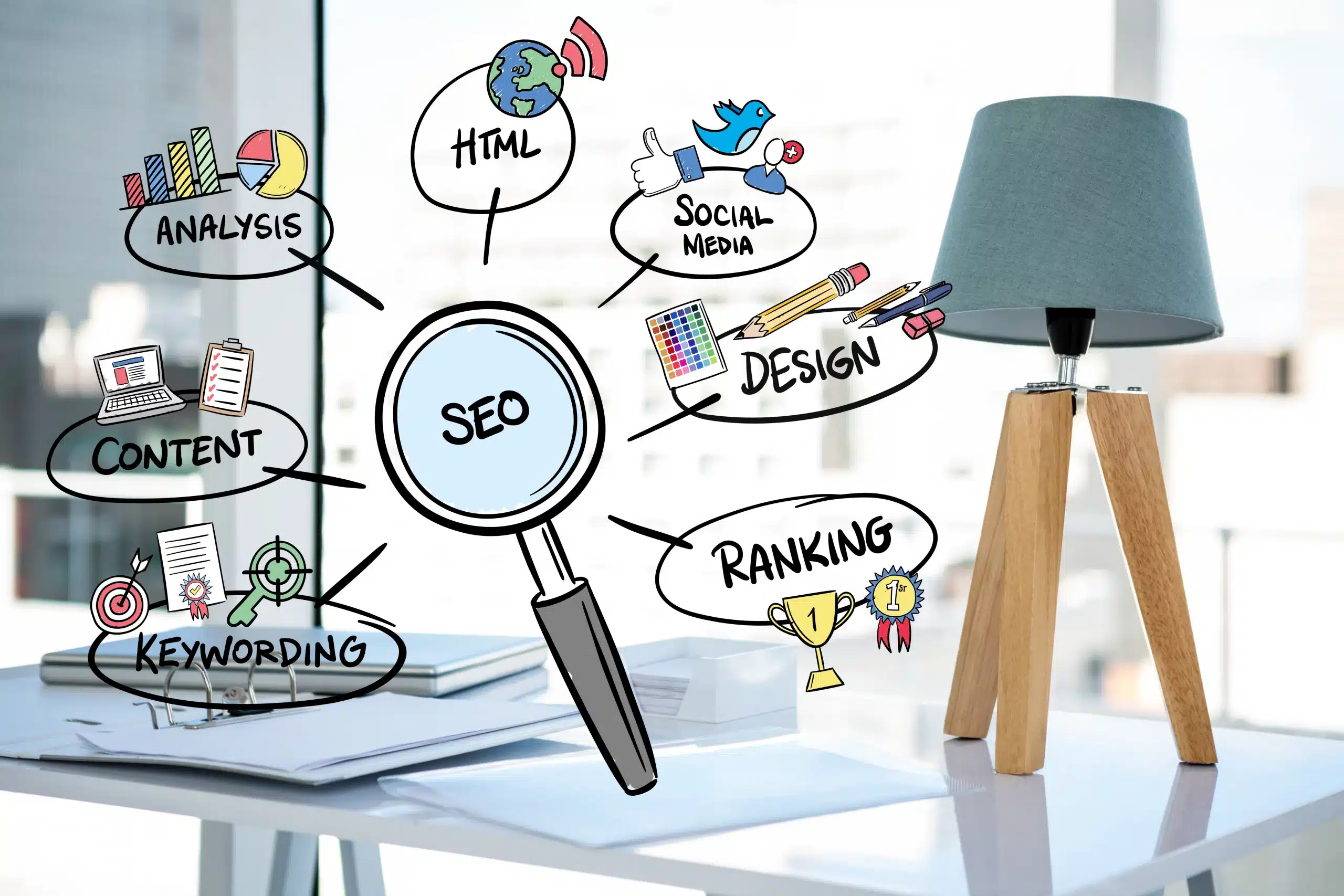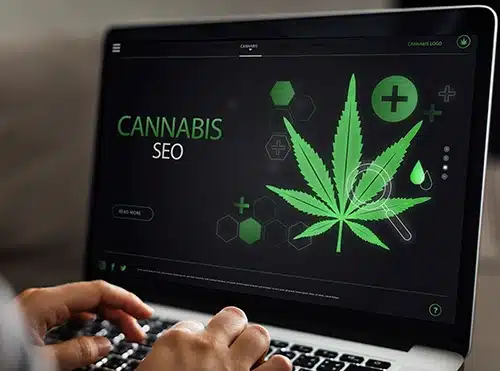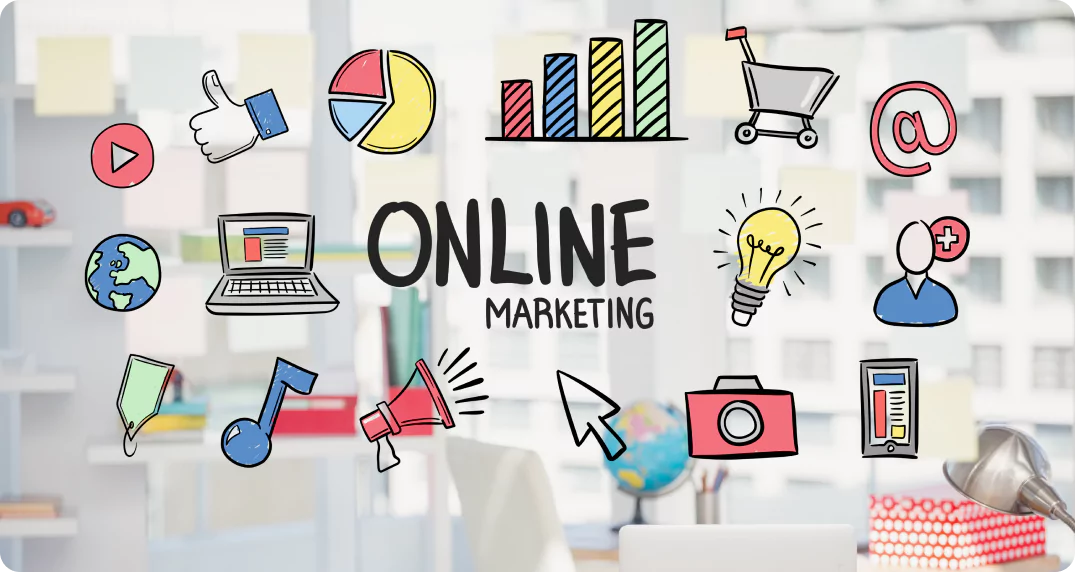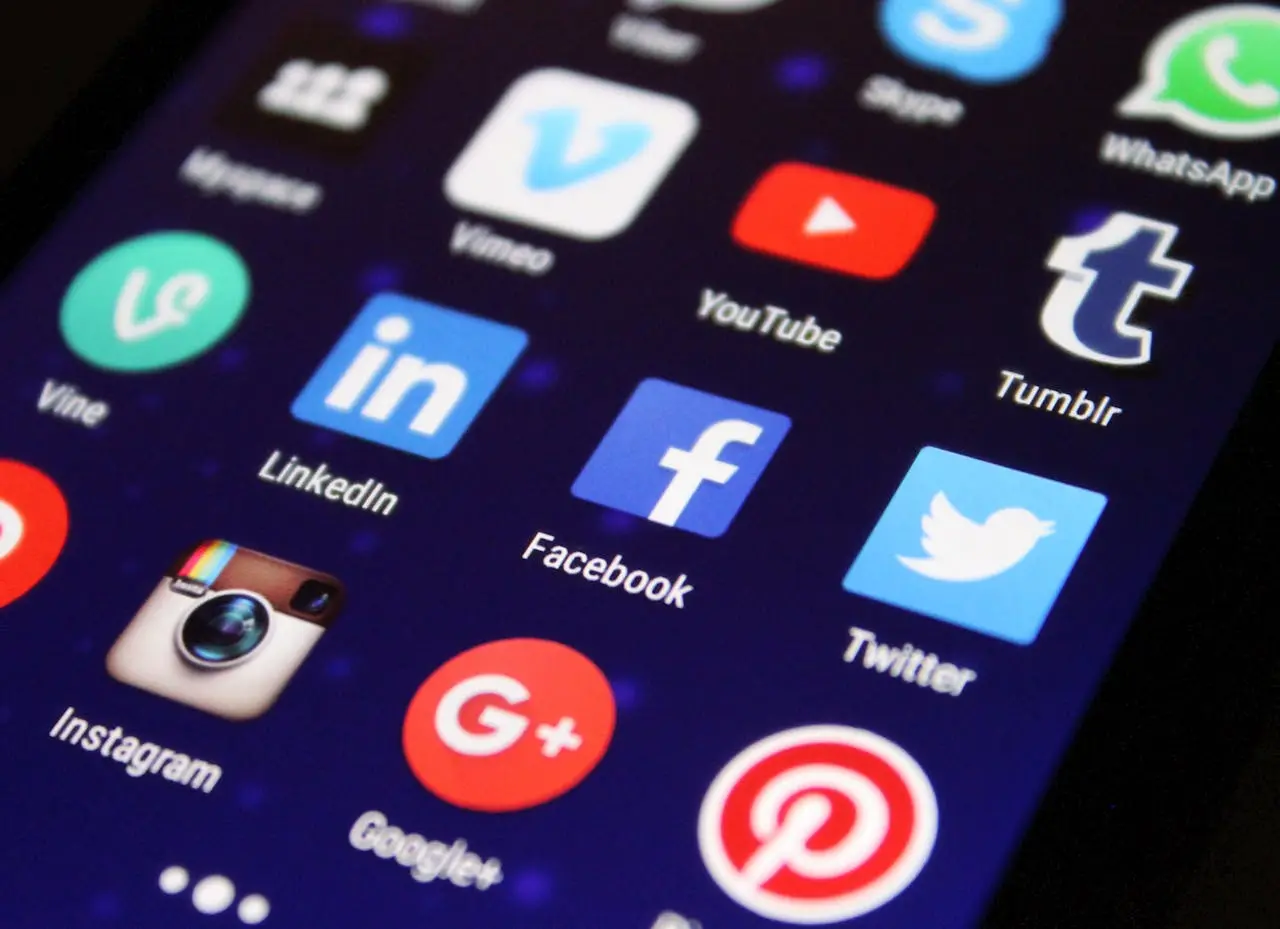Listen to article
In a world saturated with digital interactions, are events still relevant? Absolutely! Savvy B2B marketers understand that creating memorable, face-to-face experiences can cut through the noise and leave a lasting impression. But how do you ensure your experiential marketing efforts hit the mark?
By understanding the latest experiential marketing statistics, you can make informed decisions about where to invest your time and resources. We’ll dive into key stats that prove events still matter and explore how AI, data-driven content, and integrated marketing strategies amplify your ROI. By the end of this article, you’ll be equipped to craft innovative, engaging experiences that drive customer loyalty and business growth.
How AI is Revolutionizing Experiential Marketing Strategies
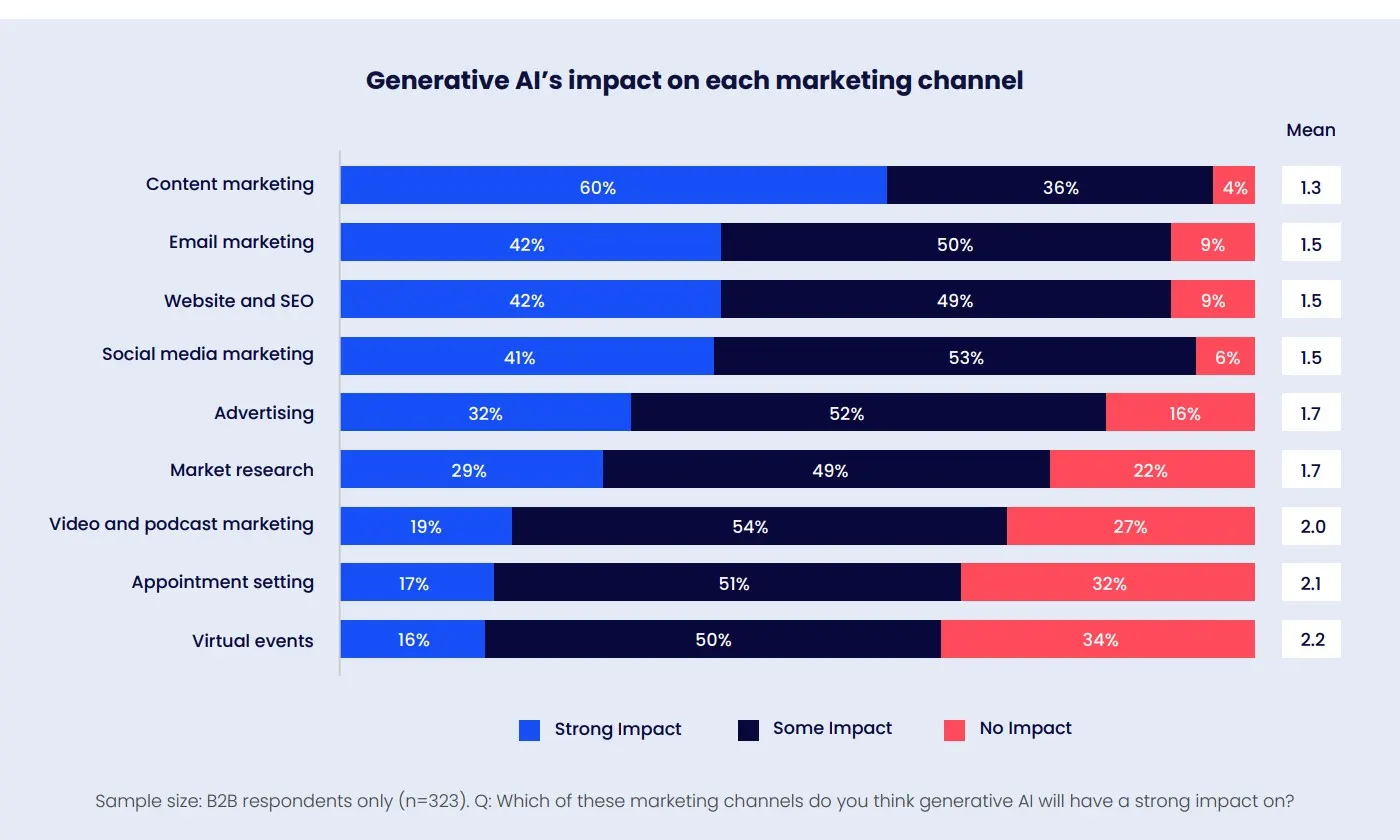
Source: ViB Tech
Artificial Intelligence (AI) is no longer simply an emerging technology; it has become a cornerstone of modern marketing innovation. For experiential marketing, where creating memorable, personalized customer experiences is key, AI offers endless possibilities to elevate campaigns with precision and efficiency. From advanced insights into consumer behavior to automating creative processes, AI amplifies what marketers can achieve at scale. The question is no longer “if” AI will change experiential marketing but rather how quickly brands can adapt to harness its potential.
- Over half of all marketers are planning to increase their investments in AI in the coming year, recognizing its potential to drive better results. Source
- AI is already being utilized by 35% of marketers to enhance their social media posts, improving content relevance and engagement. Source
- A quarter of marketers are leveraging AI to deepen their understanding of customers and target audiences, enabling more precise and personalized marketing efforts. Source
- In the realm of content marketing and SEO, 67% of small businesses are using AI to refine their strategies and improve performance. Source
- The vast majority (85%) of marketers anticipate that generative AI will significantly impact content creation in 2024, highlighting its growing importance in the field. Source
- Most marketers (81%) using generative AI report that it enhances their roles, making them more efficient and effective. Source
- 85% of marketers believe AI will have a positive impact on B2B marketing in the next year, indicating strong confidence in its potential. Source
- Two in three B2B marketers are currently using GenAI, but only 28% have a good understanding of how to use AI in marketing activities. Source
Key Takeaway
The integration of AI into experiential marketing is not just a trend—it’s the strategic next step for marketers looking to future-proof their campaigns. Whether it’s through sharpening content strategy, better understanding audience behaviors, or streamlining operations, data-driven AI implementations are enabling brands to deliver experiences that resonate on a deeper level. Yet, as adoption grows, one notable challenge remains: a significant portion of marketers still lack full confidence in leveraging AI effectively. This emphasizes the need for ongoing education, experimentation, and strategic planning to unlock AI’s true potential.
Pro Tip:
Don’t wait for AI to feel familiar—start small by using tools like ChatGPT, Jasper, or MidJourney for content creation, audience insights, or creative brainstorming. Gradually scale up by exploring AI-driven platforms tailored to experiential marketing like Optimizely or AnyRoad to deliver unforgettable brand experiences.
Experiential Strategies Reshape B2B Marketing Priorities
The landscape of B2B marketing is shifting, with a heightened emphasis on creating impactful customer experiences. Experiential events are no longer just a supplementary tactic—they’re a driving force behind deeper engagement and brand loyalty. These events allow businesses to go beyond traditional touchpoints, immersing their audience in memorable, meaningful interactions that yield lasting impressions and measurable results.
- A notable 64% of B2B marketers are increasing their budget for customer experience initiatives, highlighting the growing importance of creating memorable and engaging interactions. Source
Key Takeaway
This shift toward experiential marketing reflects a broader realization: building strong, emotional connections with customers is essential in today’s competitive B2B environment. Businesses that invest in crafting personalized, high-value experiences stand to gain not only increased loyalty but also stronger advocacy from their audiences.
Pro Tip:
Leverage data-driven insights to tailor your experiential marketing efforts. Use metrics like customer pain points, preferences, and previous interactions to design events that feel both relevant and memorable. Integrate digital tools such as AR/VR or hybrid event platforms to maximize engagement and reach, even in remote scenarios.
Why Events Are Essential for B2B Content Distribution and Lead Generation
When it comes to creating meaningful connections in B2B, events remain unmatched. Beyond simply distributing content, events—whether in-person or virtual—allow brands to establish trust, foster thought leadership, and build relationships that drive long-term success. In a competitive landscape where decision-makers are inundated with digital messages, events serve as a refreshing and impactful way to capture attention.
- B2B marketers rely on diverse formats for content distribution, with email leading at 93%, closely followed by social media (92%), blogs (79%), in-person events (56%), and webinars/virtual events (55%). Source
- More successful B2B organizations adopt approximately five content distribution formats, while those struggling rely on just four, underscoring the competitive advantage of diversification. Source
- Website/SEO and virtual events tie as the top-performing lead generation channels, each cited by 45% of marketers. Source
Key Takeaway
Events offer far more than just an opportunity to distribute content—they foster face-to-face (or virtual) engagement, which digital-only strategies can struggle to replicate. Whether it’s an in-person conference or a well-curated webinar, events create a sense of immediacy and authenticity that resonates with audiences. To stay ahead, B2B marketers should focus on seamlessly blending events with other top-performing formats like SEO and email, ensuring a balanced approach to content distribution and lead generation.
For B2B marketers looking to supercharge their strategies, integrating events with broader initiatives such as B2B website strategy or email marketing ensures maximum impact. A cohesive approach, where events are part of a larger content ecosystem, can amplify reach, engagement, and ROI.
Pro Tip:
Use events to create a ripple effect across your marketing strategy. Record webinars to repurpose as gated content, or turn keynote sessions from in-person events into shareable video snippets for social media. A multi-channel distribution plan ensures your event efforts deliver value long after the curtains close.
Understanding Content Preferences to Drive Better B2B Marketing Results
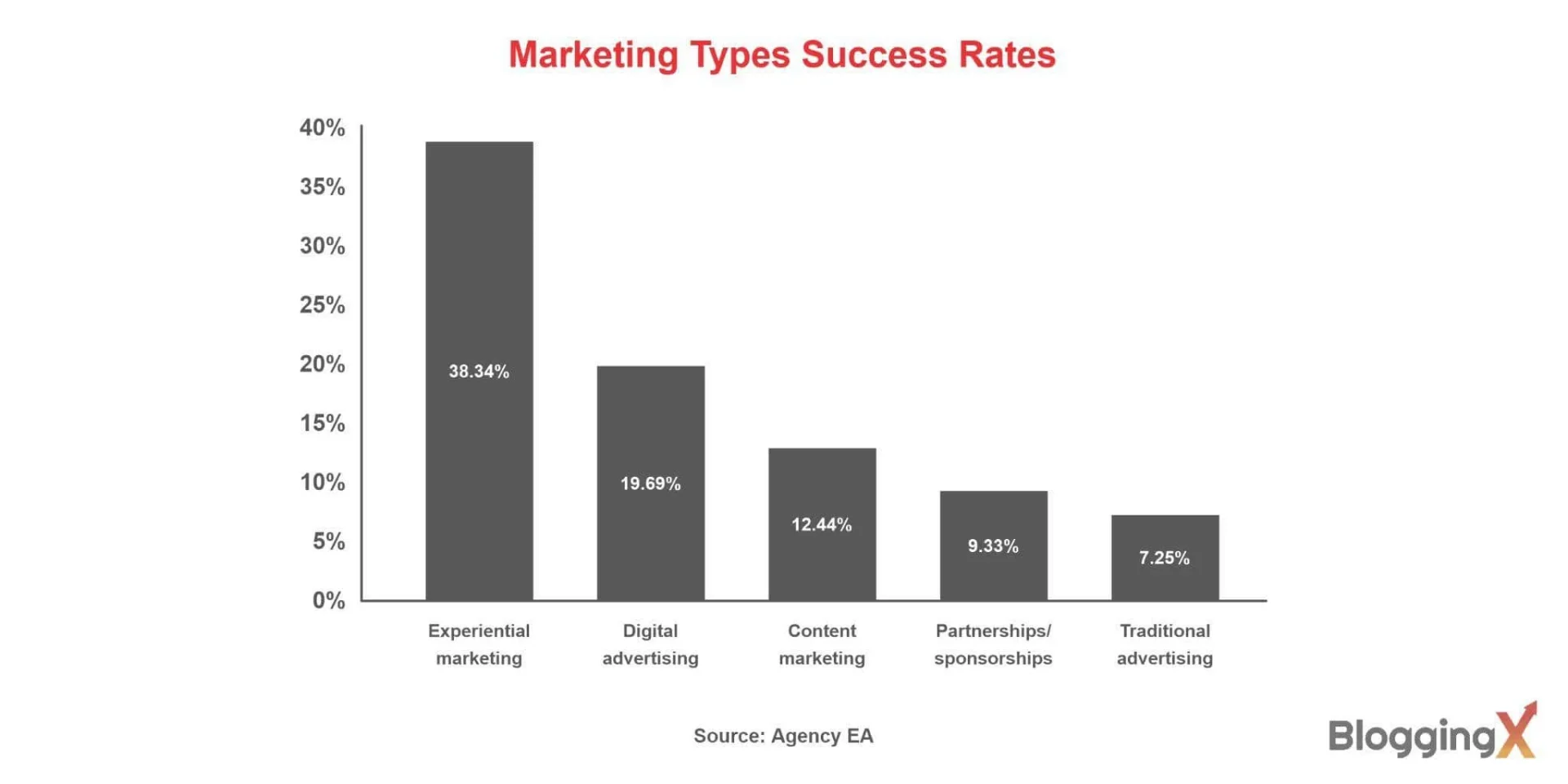
Source: BloggingX
Today’s B2B decision-makers are consuming more content than ever before, and their preferences are clear—they value substance over hype. This shift represents an essential opportunity for marketers who want to build trust, establish authority, and differentiate their brands in a competitive marketplace. Whether it’s through detailed informational articles, engaging video content, or consistent blog updates, meeting buyers where they are in their decision-making journey has never been more critical. Below are some compelling statistics that highlight how content marketing is shaping the B2B landscape:
- 87% of B2B marketers prioritize informational articles over promotional content. Source
- Video is considered the most useful type of content by 55% of B2B buyers worldwide. Source
- 46% of B2B buyers consume above-average levels of content when researching potential business solutions. Source
- Content marketing has become the most effective marketing strategy for generating leads, outperforming traditional methods like web, TV, and print advertising. Source, Source
- Businesses that publish at least 16 articles per month generate leads 4.5 times faster, and businesses with blogs get 55% more organic search traffic. Source
- Content marketing helped 58% of B2B marketers increase sales in 2023. Source
- 50% of marketers believe that content marketing builds brand loyalty with existing customers. Source
- 51% of companies that use content marketing publish content every day. Source
- Consumers often consult multiple blog articles before making significant purchases, with 44% referencing at least four articles. Source
- 90% of bloggers actively use social media to promote their blog content. Source
- A strong social media presence is important, as consumers increasingly turn to social media platforms for blogs, podcasts, and video content. Source
Key Takeaway
The data reveals a clear narrative—content marketing is the backbone of successful B2B lead generation and sales growth. Informational content, particularly videos and blogs, resonates most with buyers, especially when it provides actionable insights and aligns with their specific challenges. But great content alone isn’t enough. Consistency is key, as businesses that regularly publish high-quality content see significantly better results.
Pro Tip:
Stay ahead by leveraging analytics to refine your strategy. Track engagement metrics like time-on-page, conversions, and social shares to identify what resonates most with your audience. Use these insights to create a content calendar that balances formats (articles, videos, podcasts) while addressing key stages in the buyer’s journey.
How Social Media and Video Are Revolutionizing Experiential Marketing
Digital platforms are no longer just an extension of experiential marketing—they’re the backbone of it. From B2B buyers researching on LinkedIn to TikTok creators capturing event highlights, social media and video content have become indispensable for amplifying event reach and driving engagement. The ability to combine the sensory impact of in-person experiences with the global accessibility of online channels is reshaping how brands connect with audiences.
- Brands continue to increase their investment in platforms like YouTube, TikTok, and Instagram, leveraging video content to build deeper consumer connections. Source
- Short-form video is highly effective, with nearly all videos being watched for more than 40% of their duration, and 30% seeing an average watch rate of over 81%. Source
- Social media marketing is prioritized by 49% of respondents as a key strategy for B2B marketing success. Source
- 74% of B2B buyers rely on social media for research and decision-making, demonstrating its critical role in the purchasing journey. Source
- B2B social ad spending is projected to jump by 46.2% by 2025, reaching $9.66 billion, showcasing the growing trust in these platforms. Source
- LinkedIn’s ad revenues are expected to grow 12.7% by 2025, hitting $5.09 billion, with B2B display ads contributing $4.73 billion. Source
- Video remains a top-performing format, regarded as the most effective content type for B2B marketers, second only to social media content in distribution strategies. Source
Key Takeaway
The fusion of digital channels with experiential marketing is transforming how brands reach and engage their audiences. Social media platforms and video content are no longer “nice-to-haves”—they’re critical drivers of visibility, engagement, and ROI. Whether you’re showcasing a product reveal on Instagram Live or using TikTok to amplify your event’s hashtag, these tools cater to modern audiences’ demand for instant, engaging, and shareable experiences. As B2B investments in social advertising and video continue to grow, marketers who prioritize these channels stand to gain a significant competitive advantage.
Pro Tip:
Instead of creating one-off campaigns, build a cohesive strategy that integrates live event footage, audience participation, and behind-the-scenes content. Platforms like TikTok and YouTube thrive on authenticity—embrace less polished but highly relatable videos to boost engagement. Additionally, explore LinkedIn for professional events, leveraging its robust targeting options to connect directly with decision-makers. To streamline this process and maximize impact, consider partnering with a social media management services that can help you plan, schedule, and optimize your content across platforms.
Unlocking Event Success: Metrics That Truly Matter in Experiential Marketing
In the ever-competitive landscape of experiential marketing, success hinges on more than just creating memorable moments—it’s about proving their value. With budgets under scrutiny and higher stakes for ROI, marketers need to prioritize tracking data-driven insights, from attendee satisfaction to post-event engagement. Measuring these metrics provides not only a snapshot of event performance but also a roadmap for optimizing future strategies and demonstrating tangible business impact.
- 93.5% of event planners consider attendee satisfaction the most important ROI metric. Source
- Other vital ROI metrics include post-event surveys (76.1%), number of attendees (71.7%), lead generation (58.7%), and content performance (52.2%). Source
- While cost is often seen as the leading KPI, other key metrics include attendance (31%), attendee engagement (28%), ROI (28%), and positive attendee feedback (27%). Source
- 95% of event teams in 2024 made improving ROI measurement a priority, reflecting growing pressure to justify the value of events. Source
- To strengthen ROI reporting, 92% of event teams planned to enhance post-event attendee follow-up, while 77% aimed to adopt year-round attendee engagement strategies. Source
- 55% of successful B2B organizations in content marketing actively measure ROI, while 47% do not, largely due to the challenges of implementing formal measurement processes. Source
- Common metrics for assessing content performance include conversions, email engagement, website traffic, and social media analytics. Source
Key Takeaway
The ability to measure success in experiential marketing directly impacts how effectively organizations can justify event investments and refine their strategies. By leveraging attendee feedback, tracking engagement throughout the attendee journey, and incorporating reliable attribution models, event marketers can bridge the gap between event execution and measurable business outcomes. This data-driven approach not only builds stakeholder confidence but also sets the stage for continuous growth and innovation in event marketing.
Pro Tip:
Invest in comprehensive event management tools that centralize data tracking, such as attendee surveys, engagement analytics, and content performance metrics. This streamlines the process of proving ROI and equips your team with actionable insights for future success.
Conclusion
Experiential marketing continues to prove its value as a vital strategy for driving audience engagement, fostering brand loyalty, and generating actionable insights. From the transformative impact of AI on personalization and content creation to the effectiveness of integrating digital channels and in-person events, the statistics make one thing clear: experiential marketing is far from a passing trend—it’s an essential pillar of modern B2B and B2C strategies.
The key to success lies in leveraging data to inform every stage of your campaigns, from planning to execution. Whether it’s refining your content marketing efforts, enhancing event ROI through robust measurement, or amplifying reach with strategic use of digital platforms, brands that adopt a data-driven approach will stay ahead in an increasingly competitive landscape.
As marketers look to 2025 and beyond, the focus will remain on creating memorable experiences, investing in AI-driven tools, and crafting integrated strategies that align with audience preferences and industry trends. Ready to harness the power of experiential marketing for your brand? Explore our full-service marketing solutions to drive measurable results and make your next campaign unforgettable. Contact us now!
About Experiential Marketing Stats: Why Live Events Still Deliver Big Results
This guide was written by the Scopic Studios team and reviewed by Araksya Hakobjanyan, SEO Lead at Scopic Studios.
Scopic Studios delivers exceptional and engaging content rooted in our expertise across marketing and creative services. Our team of talented writers and digital experts excel in transforming intricate concepts into captivating narratives tailored for diverse industries. We’re passionate about crafting content that not only resonates but also drives value across all digital platforms.
Note: This feature blog’s image are sourced from Freepik.







